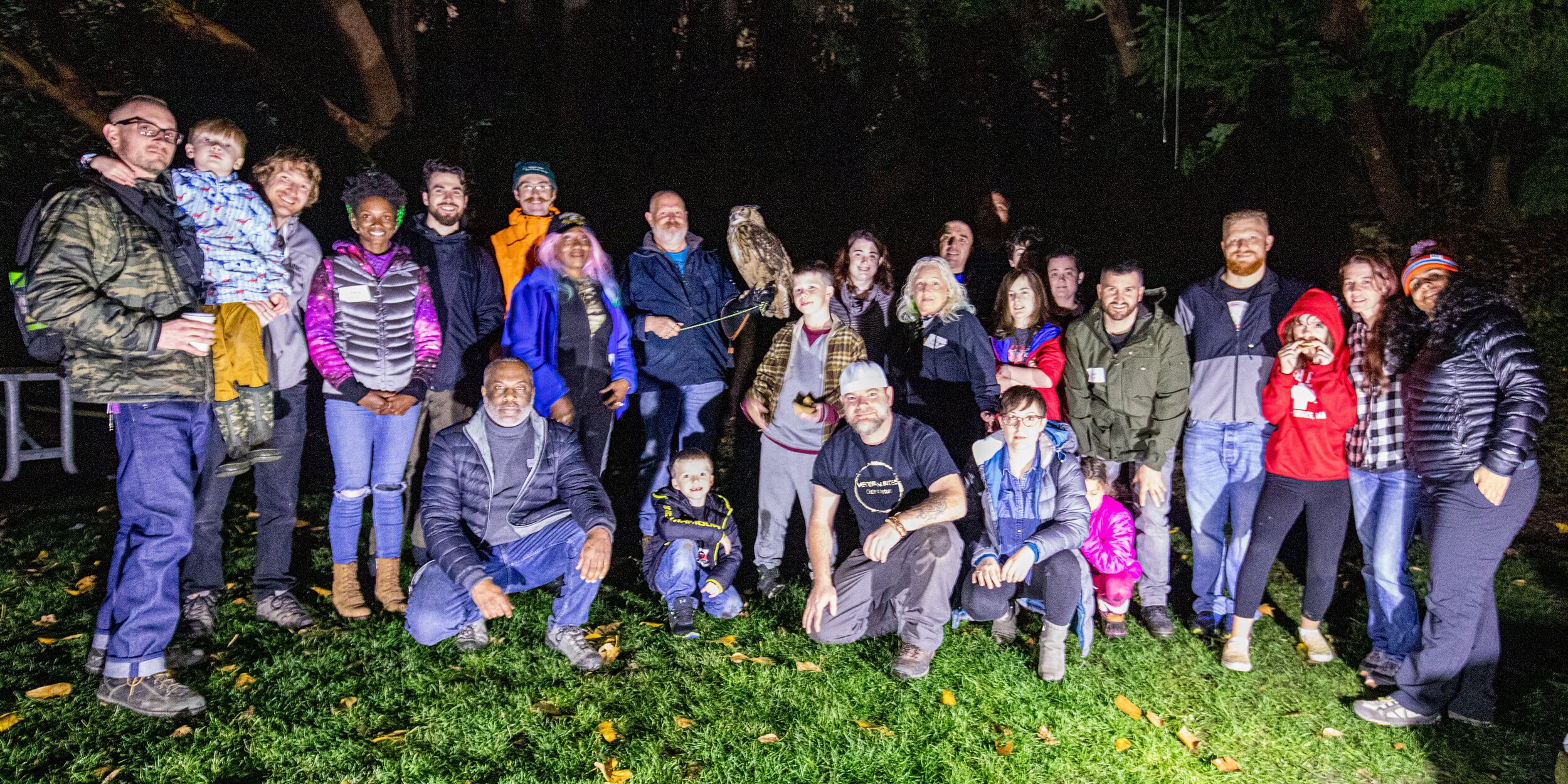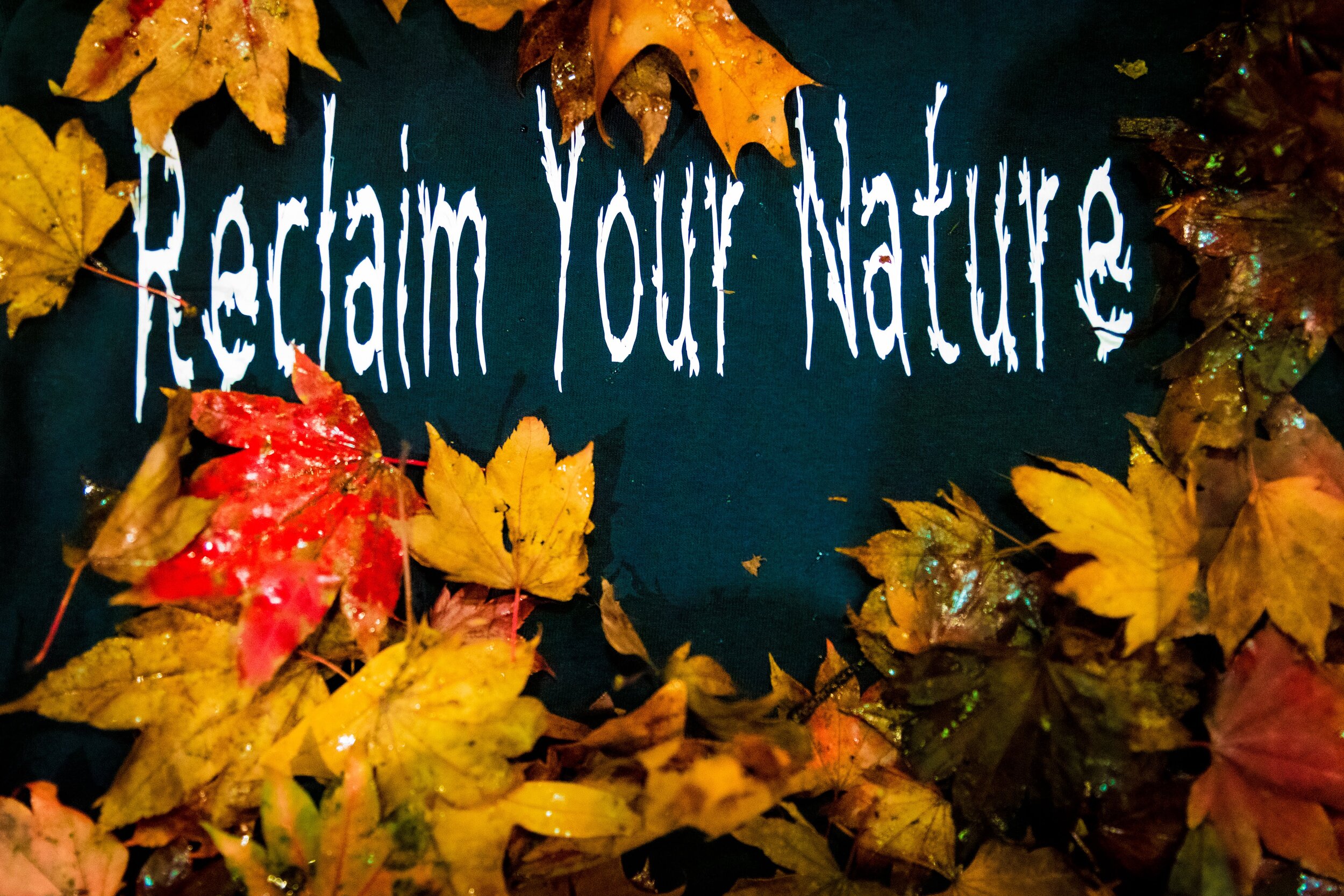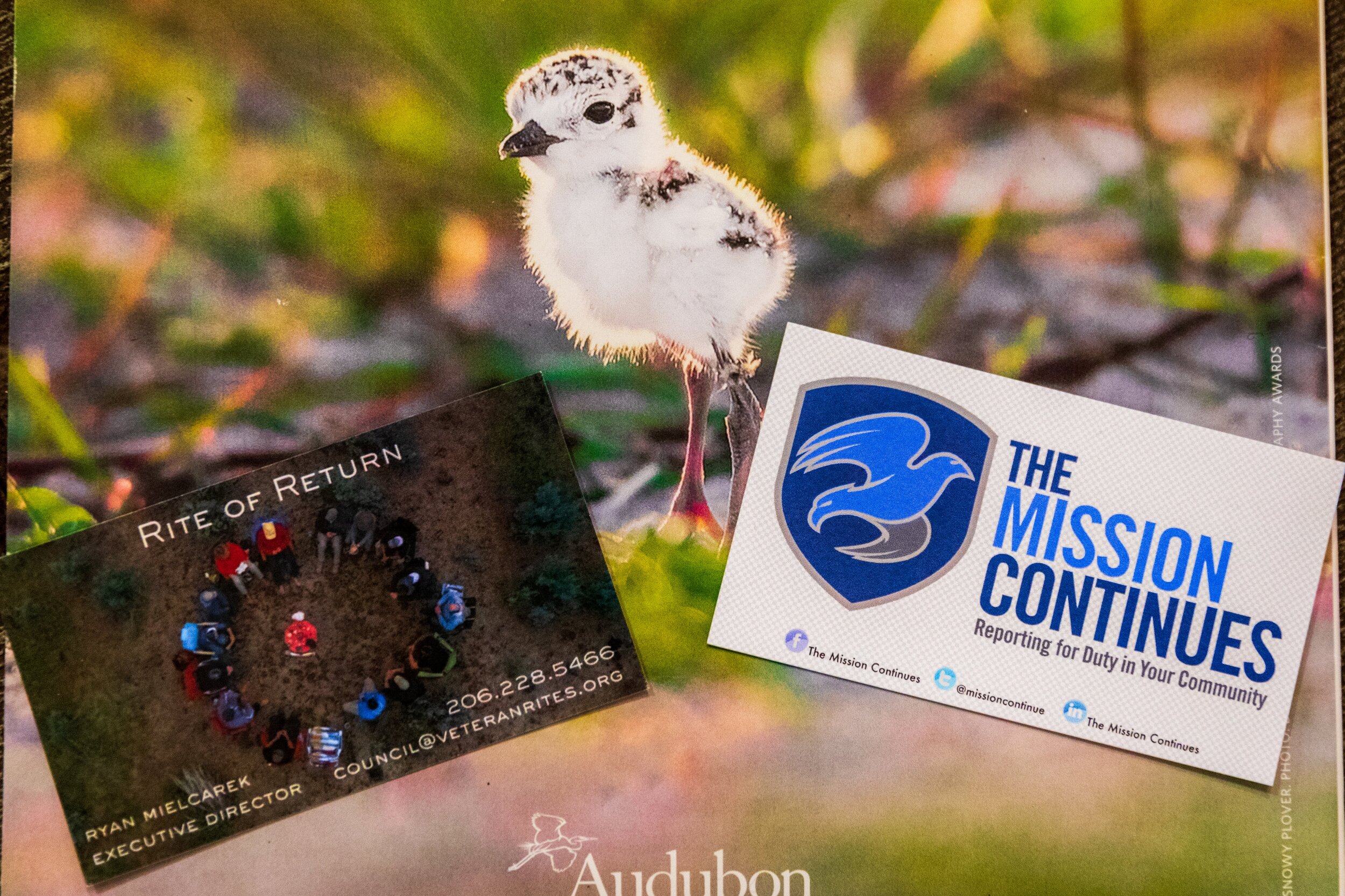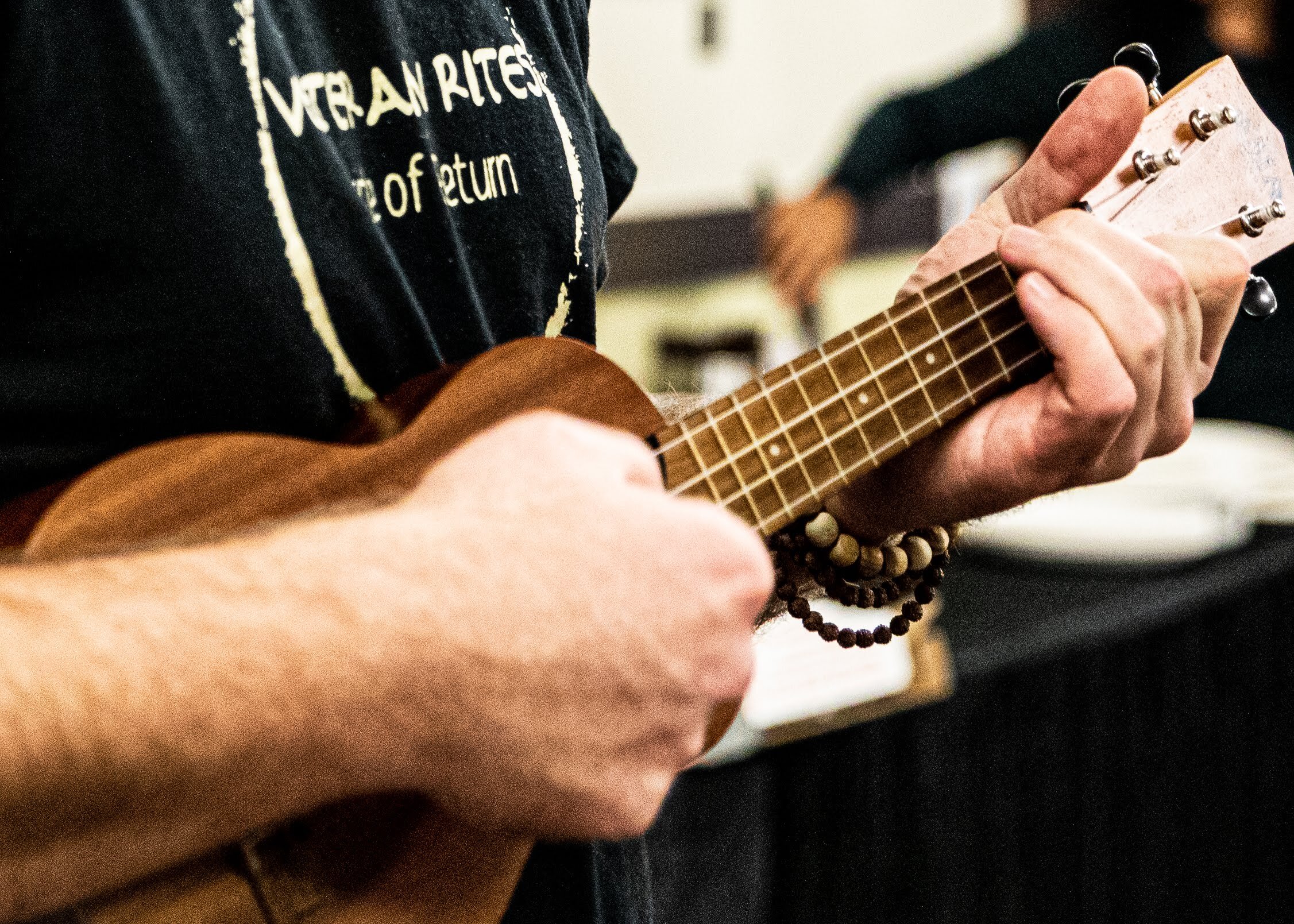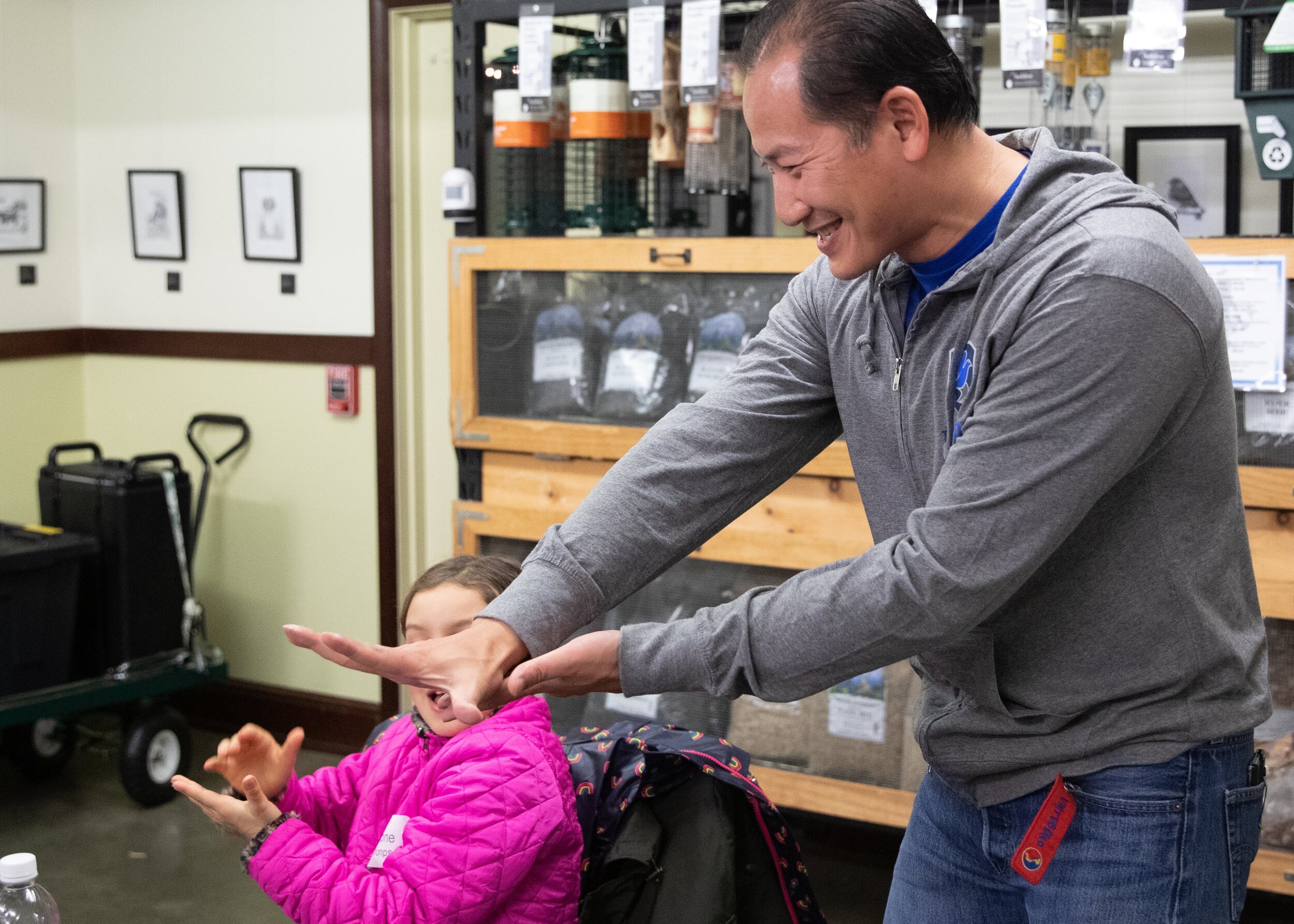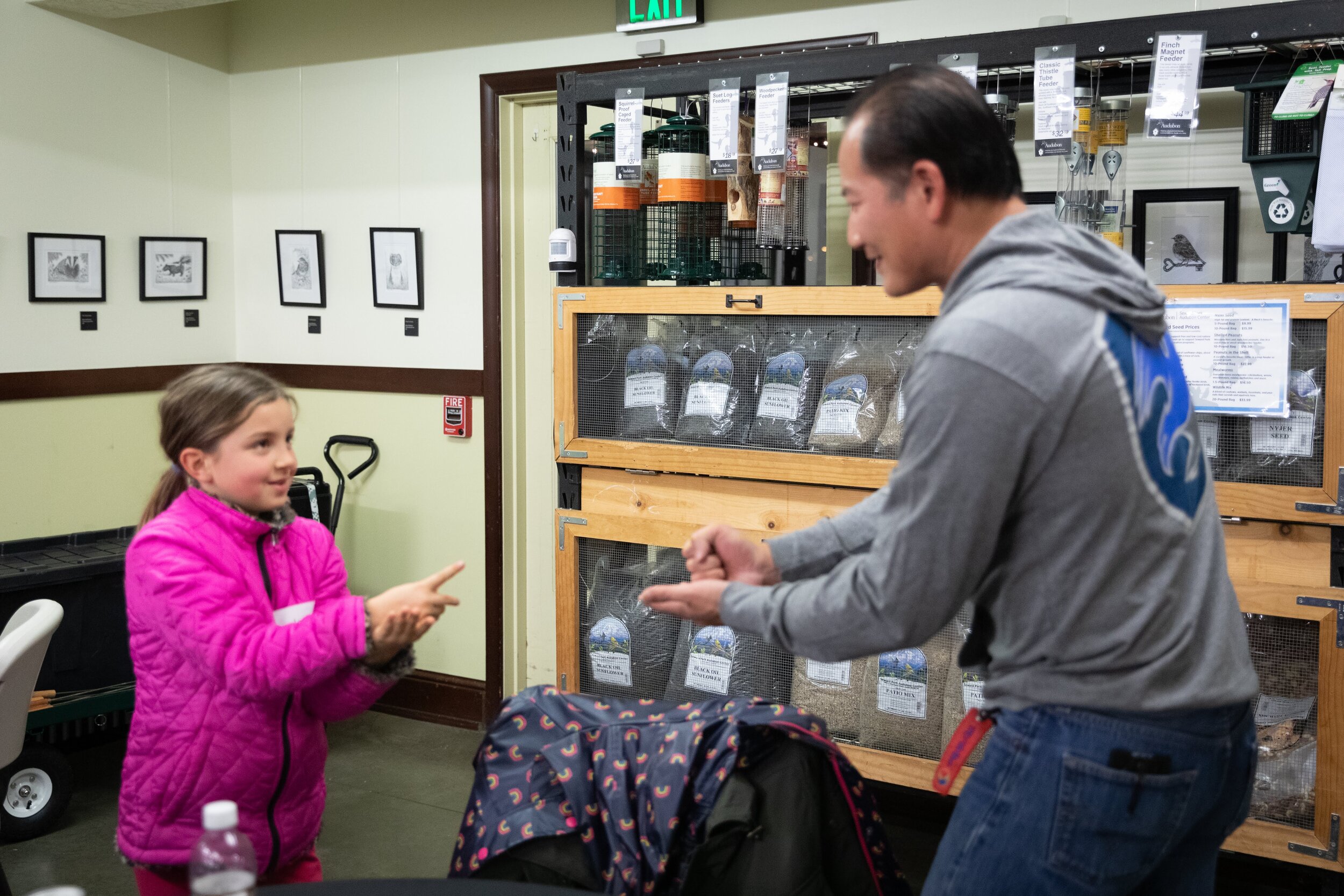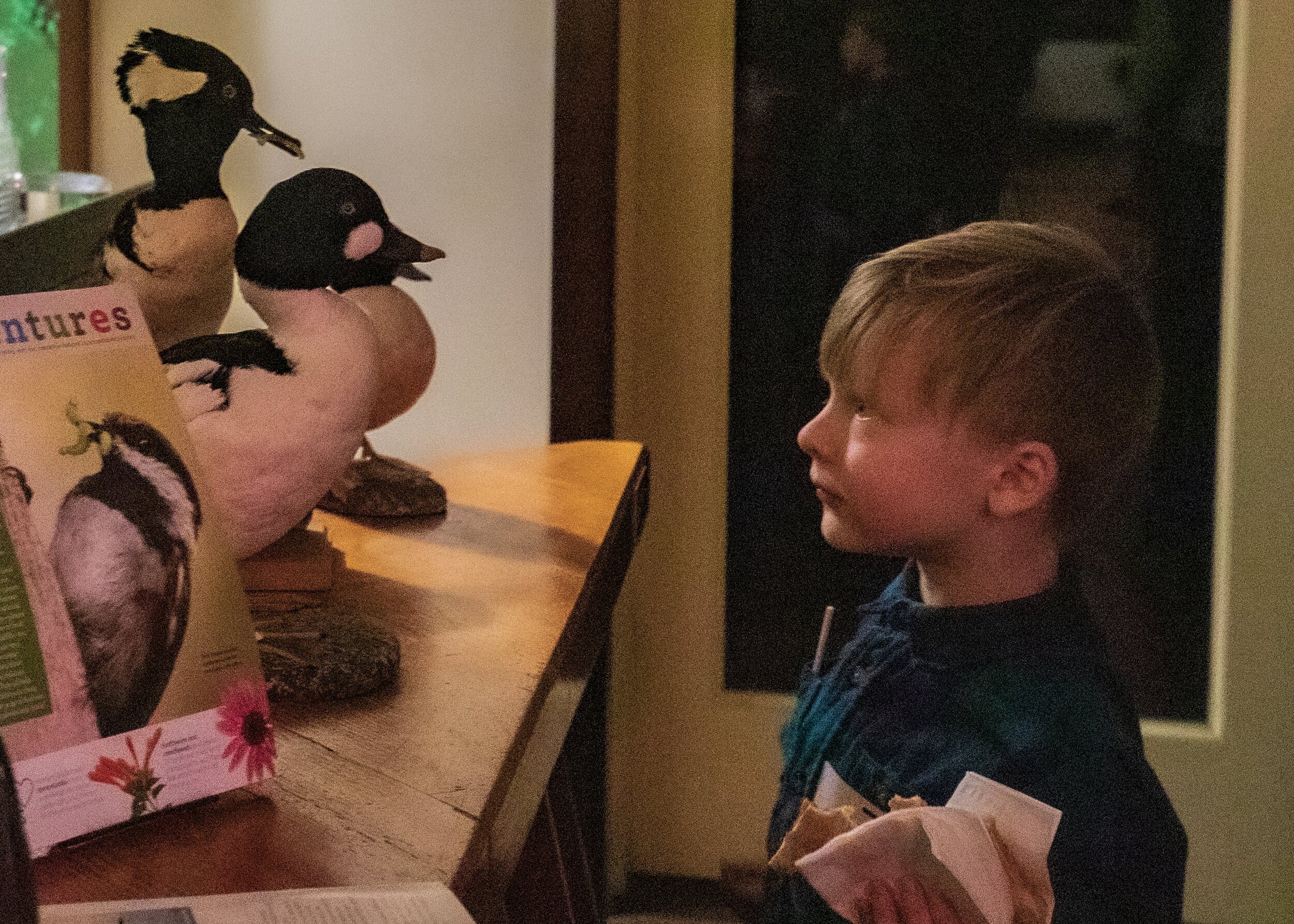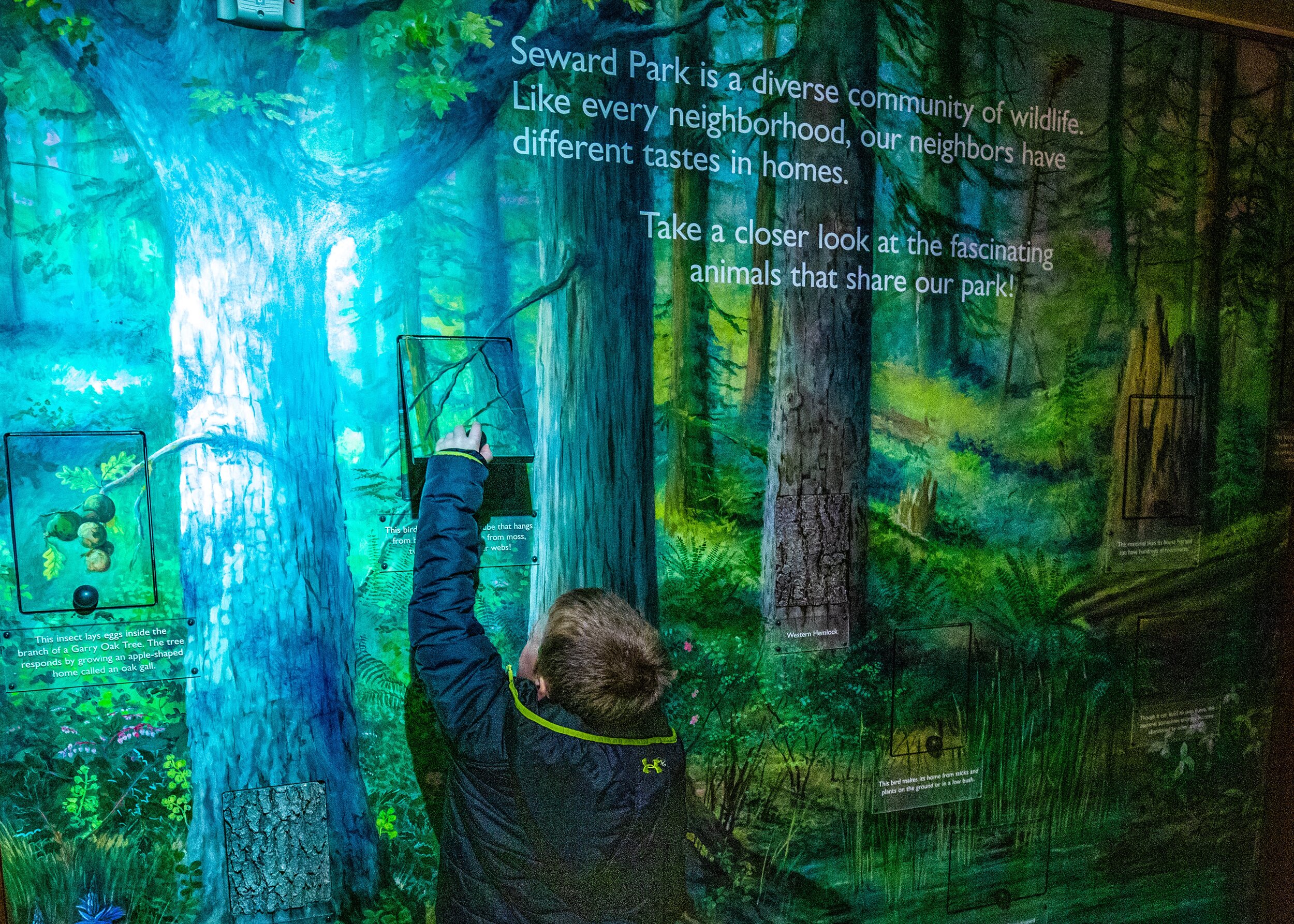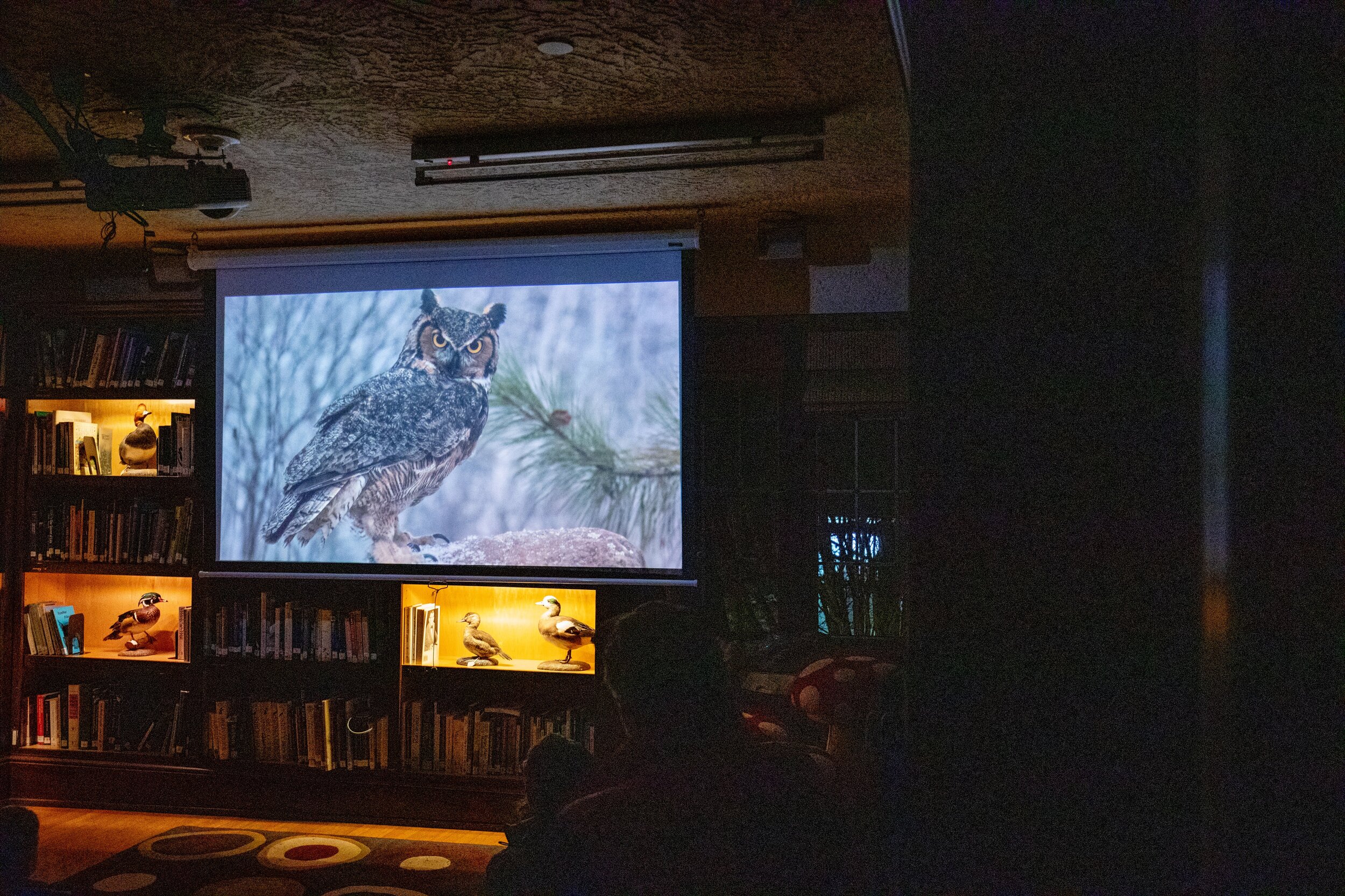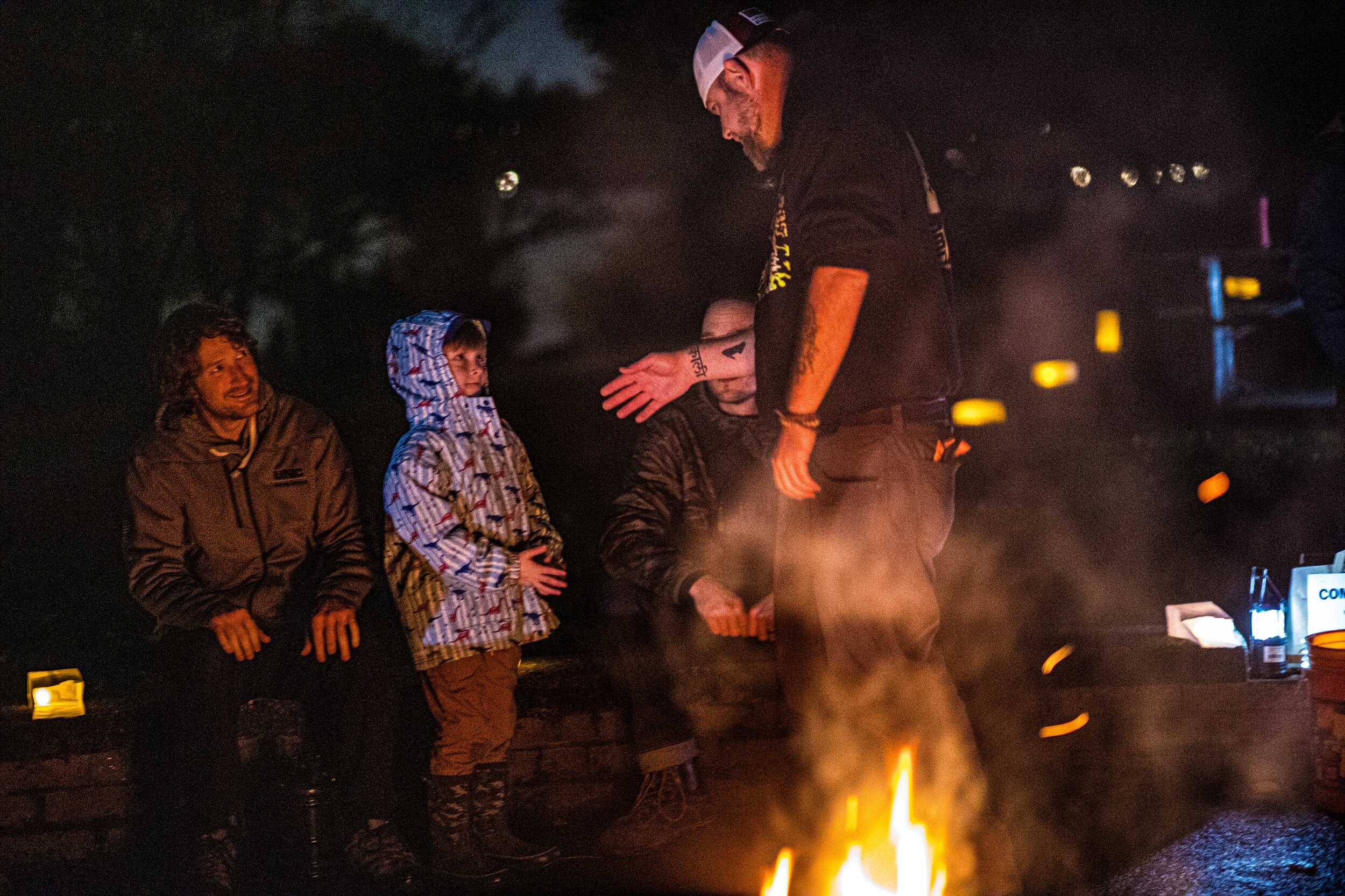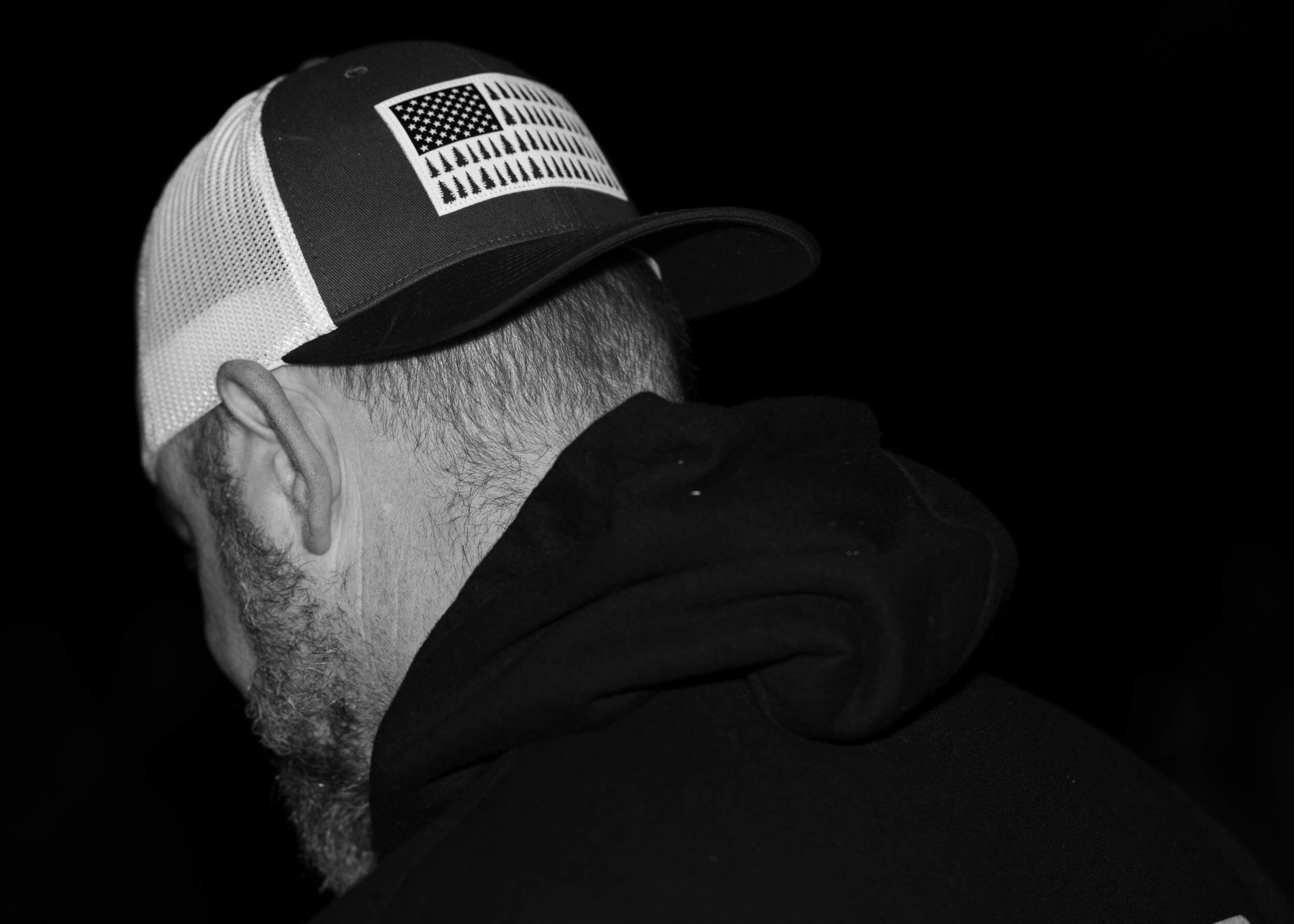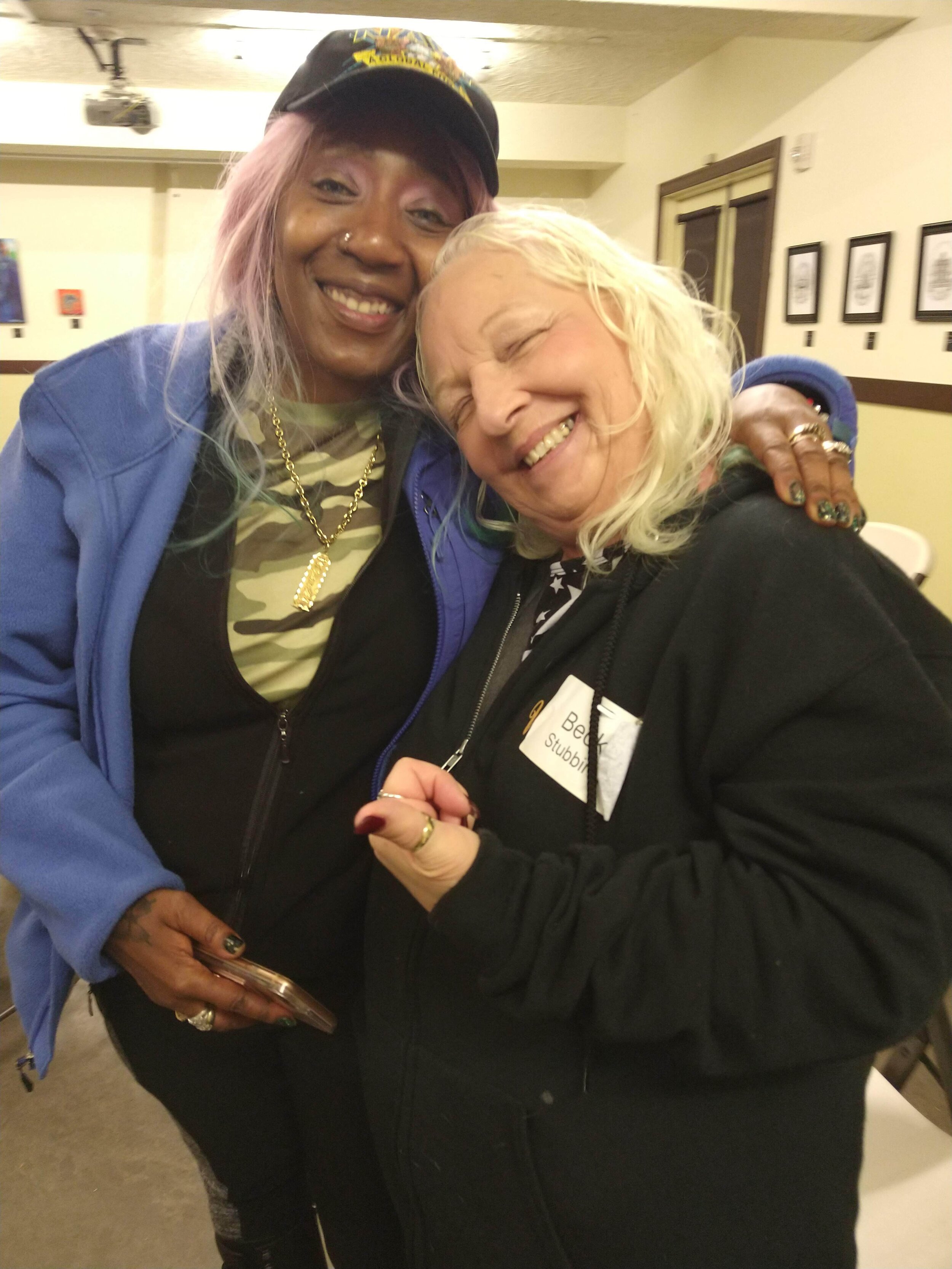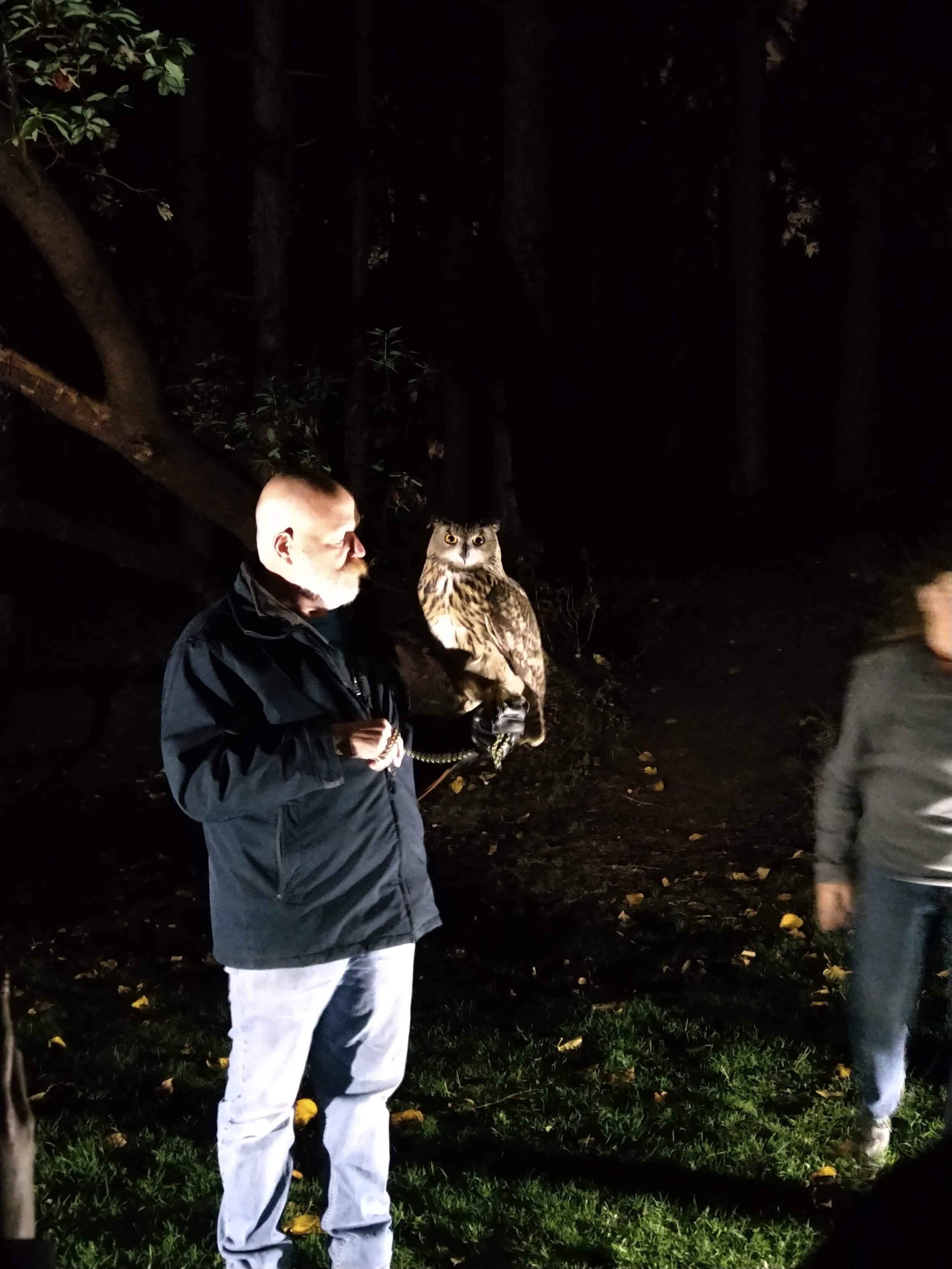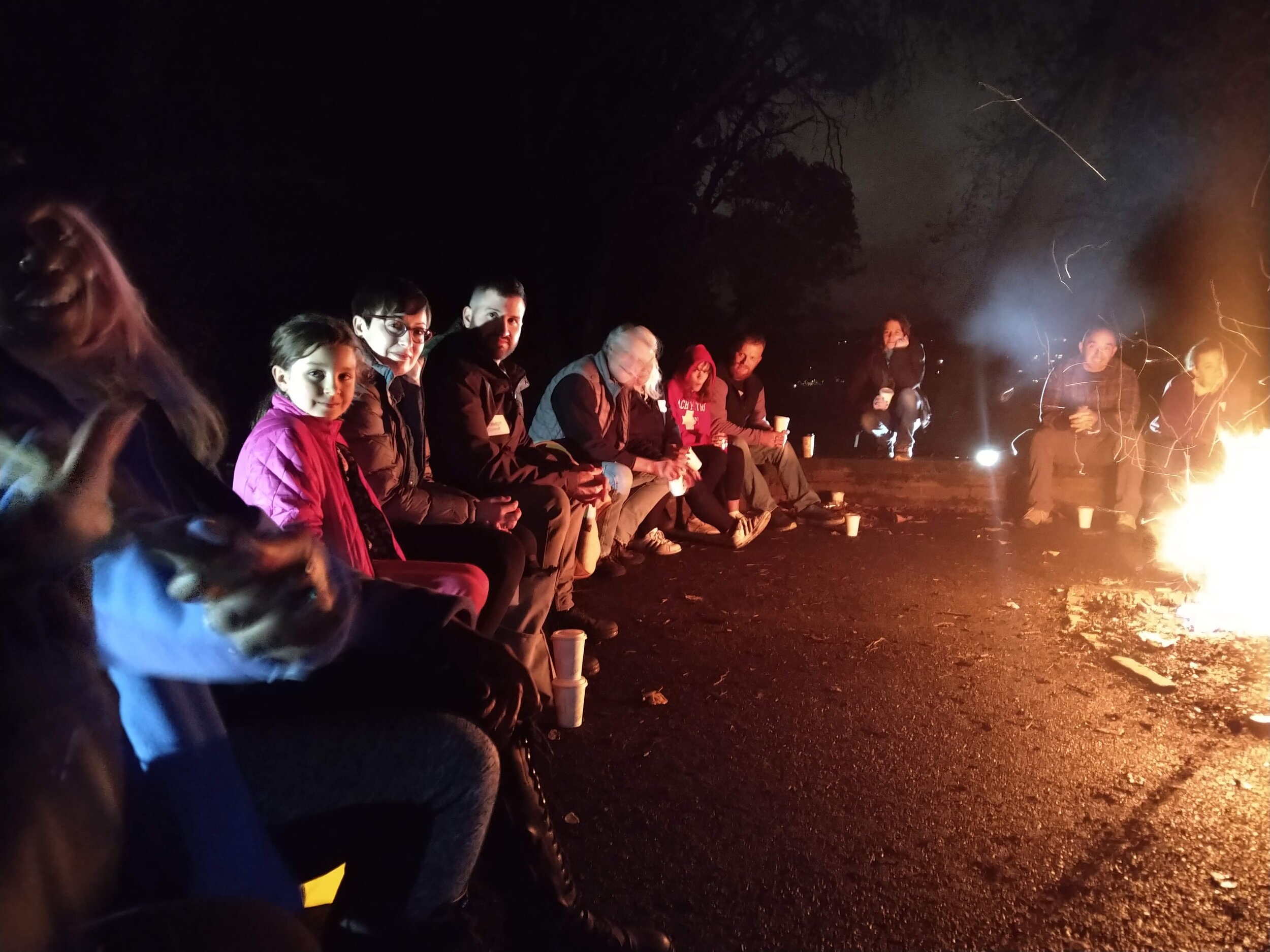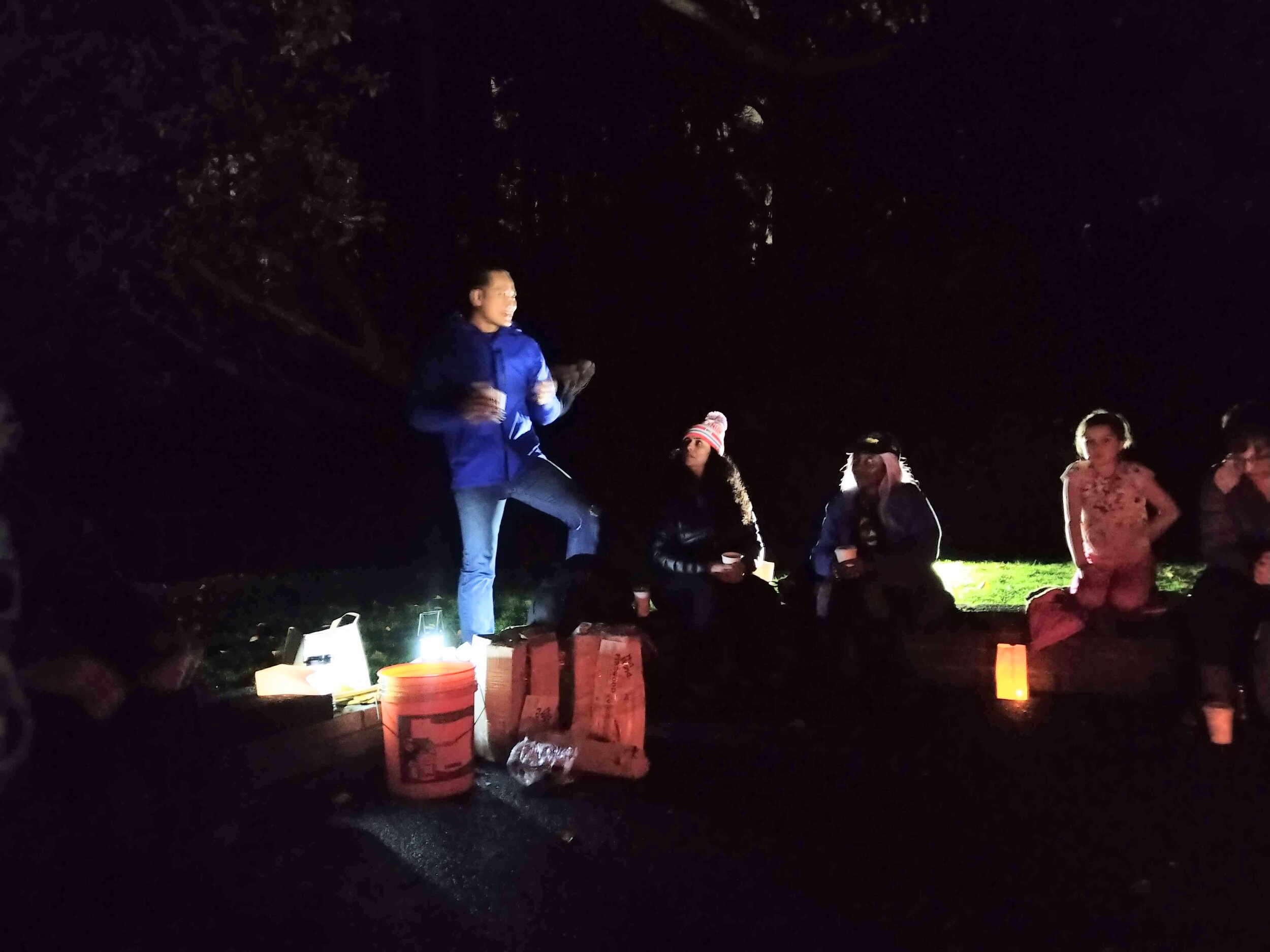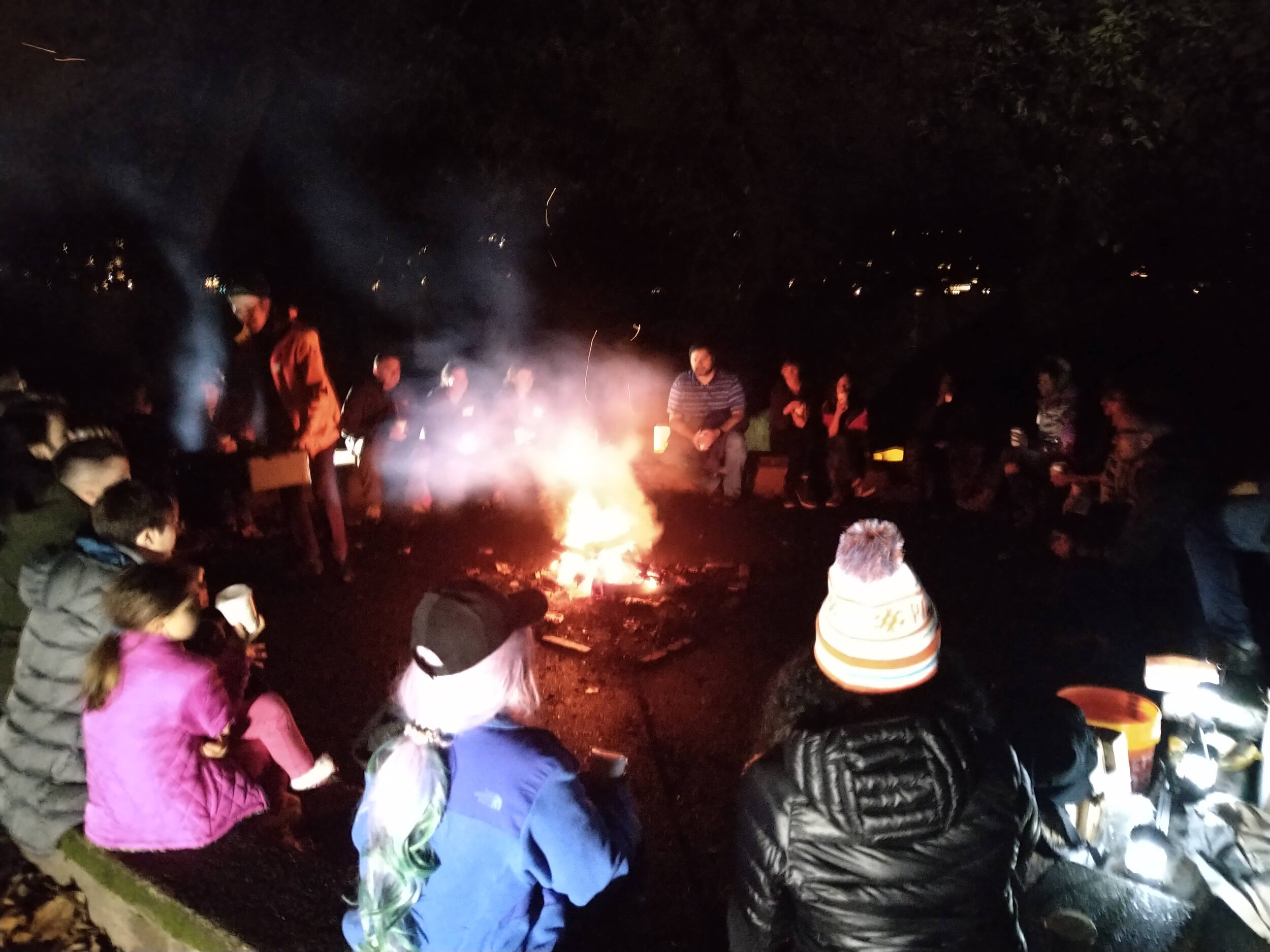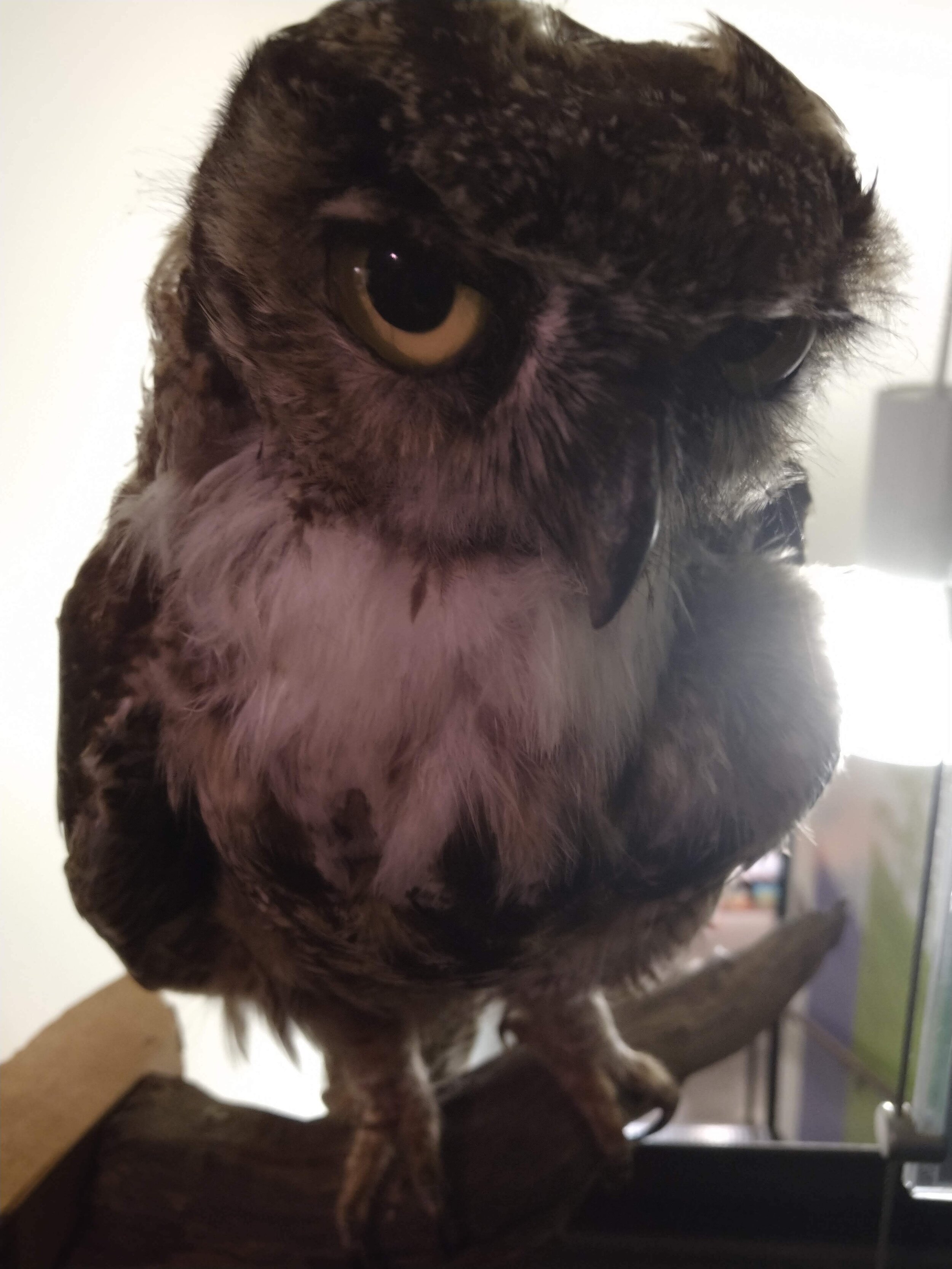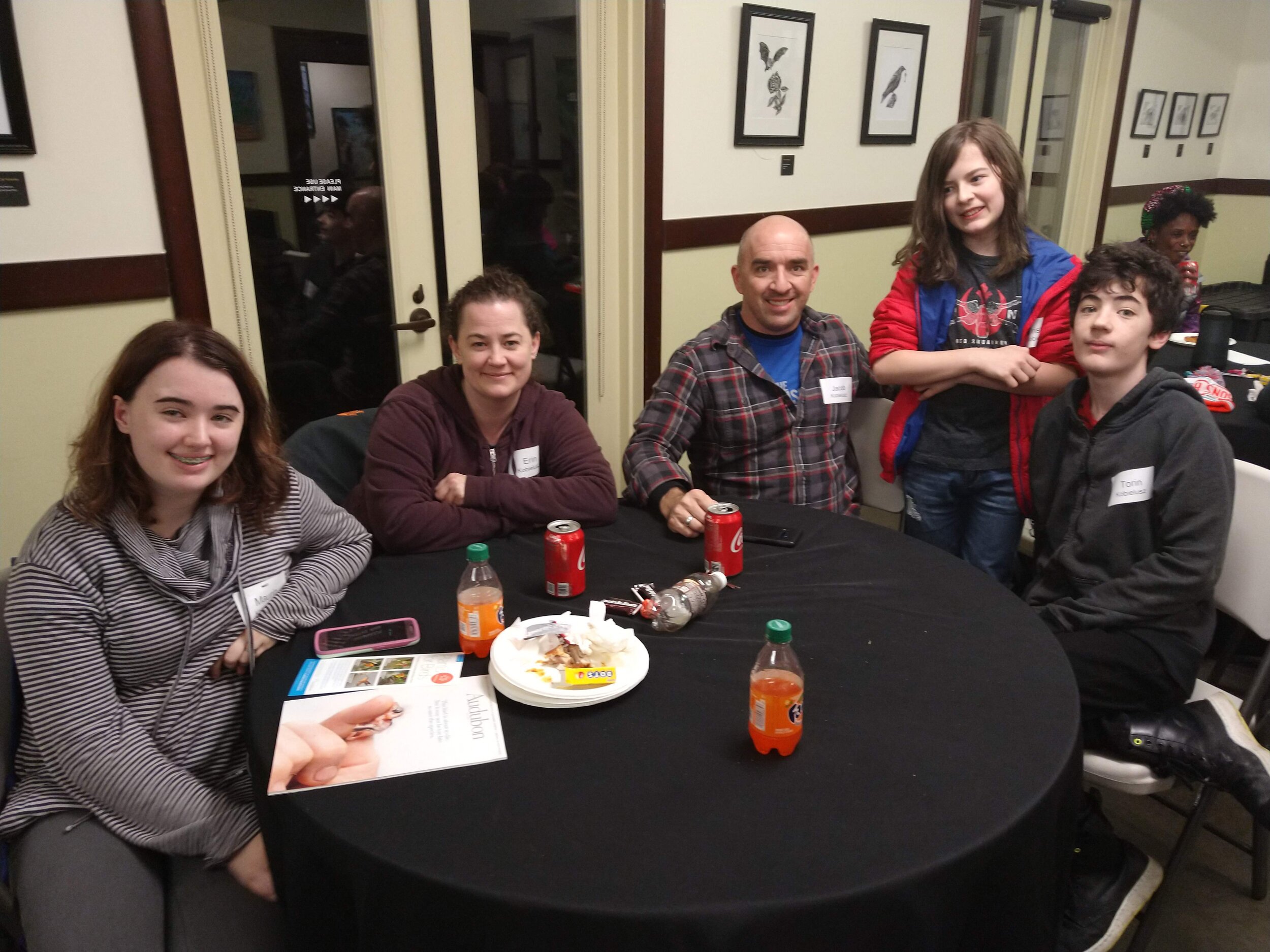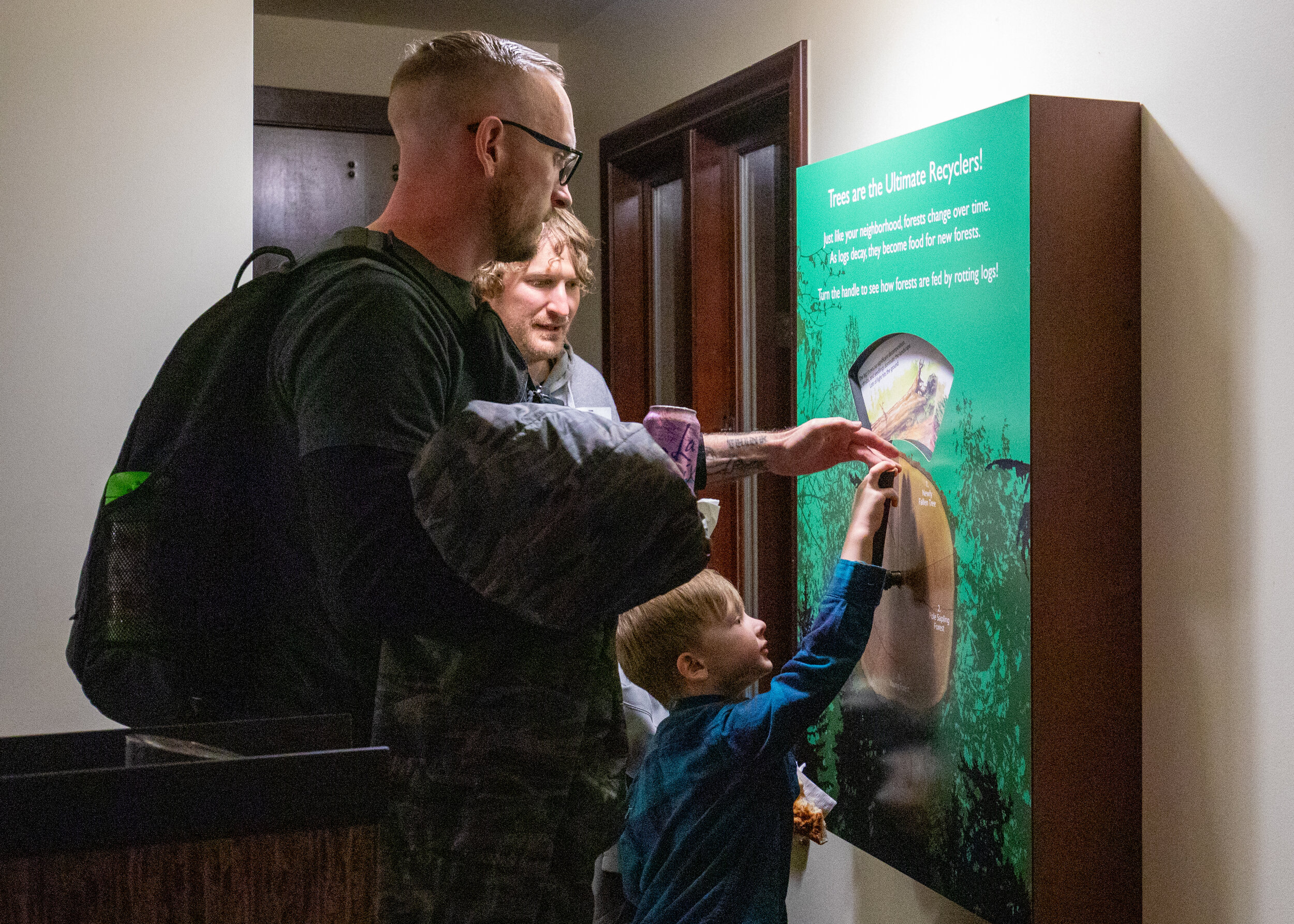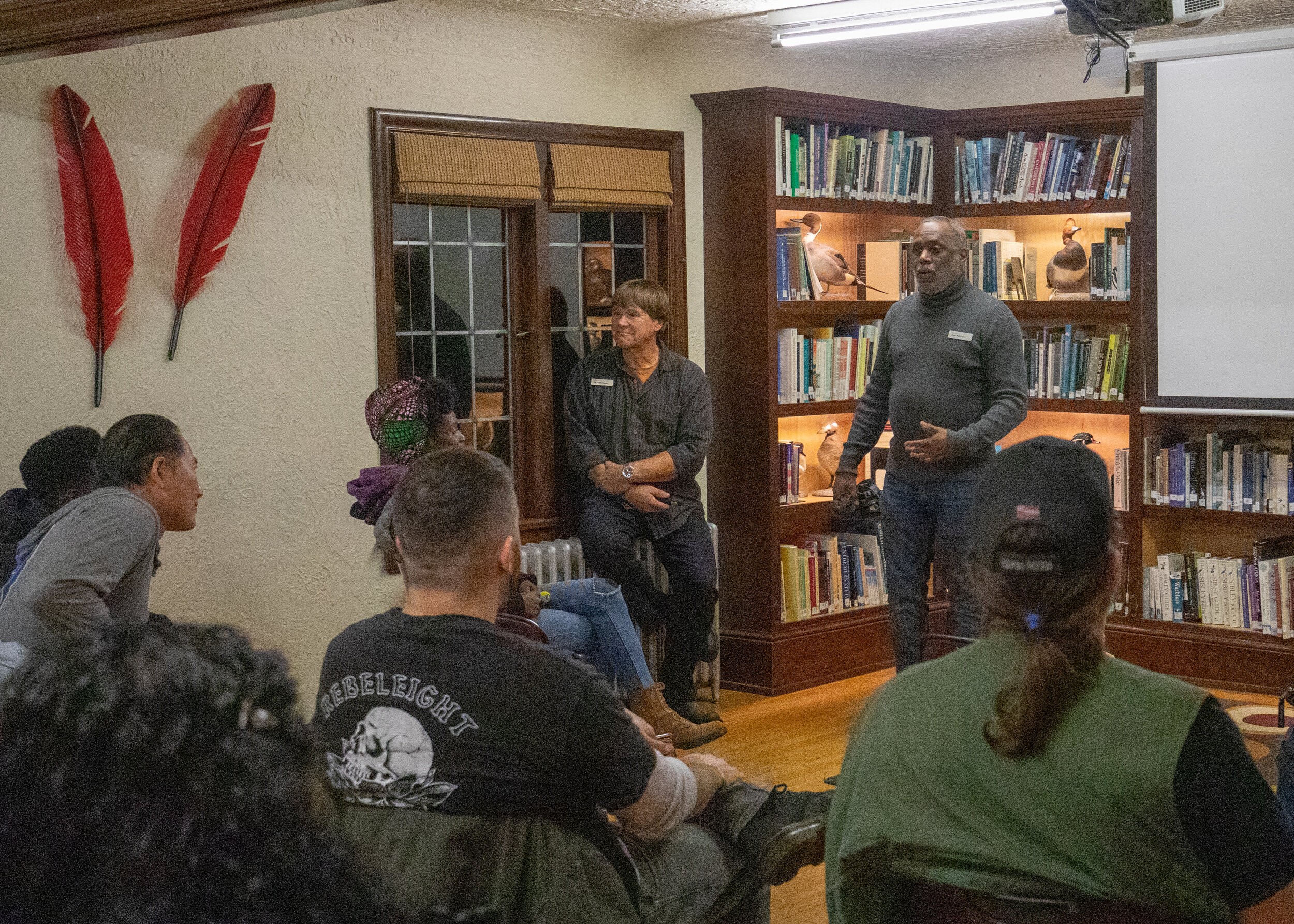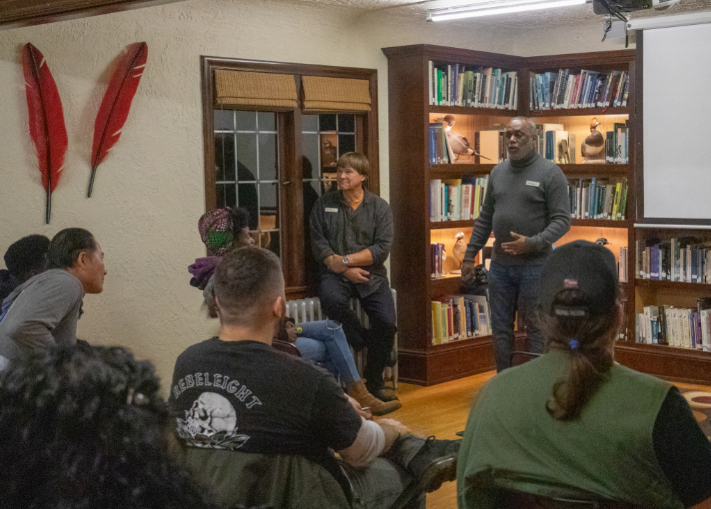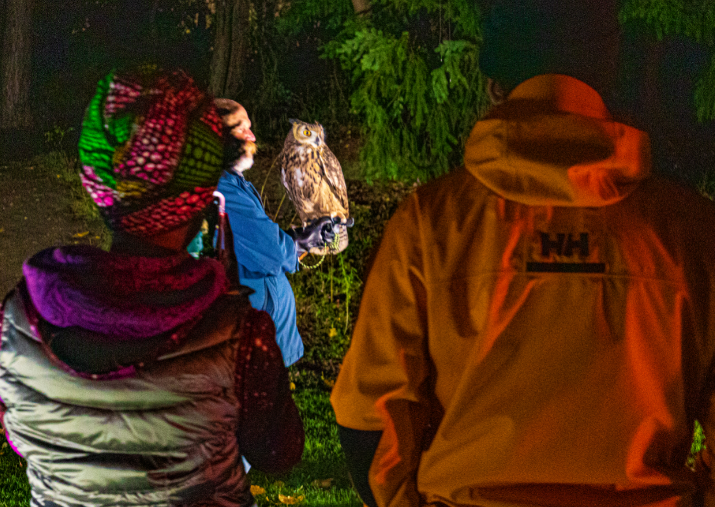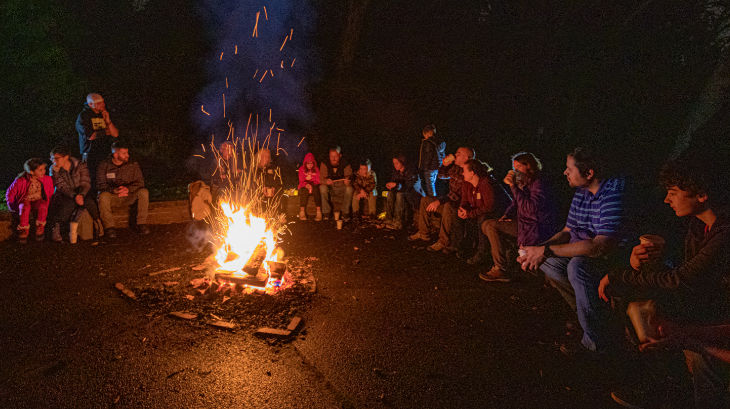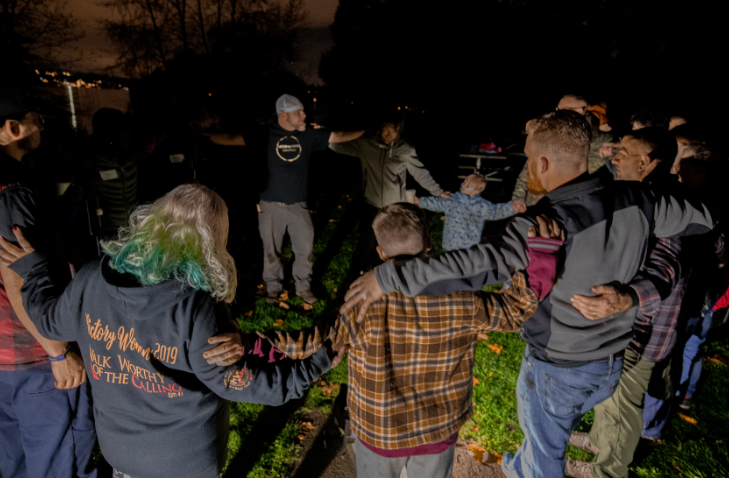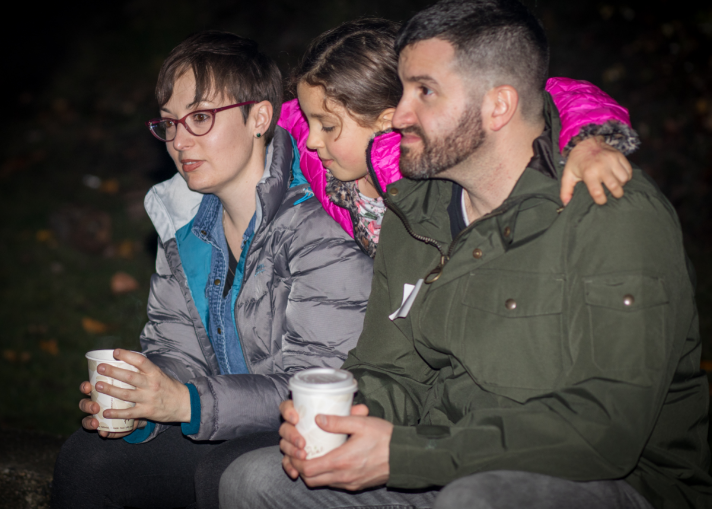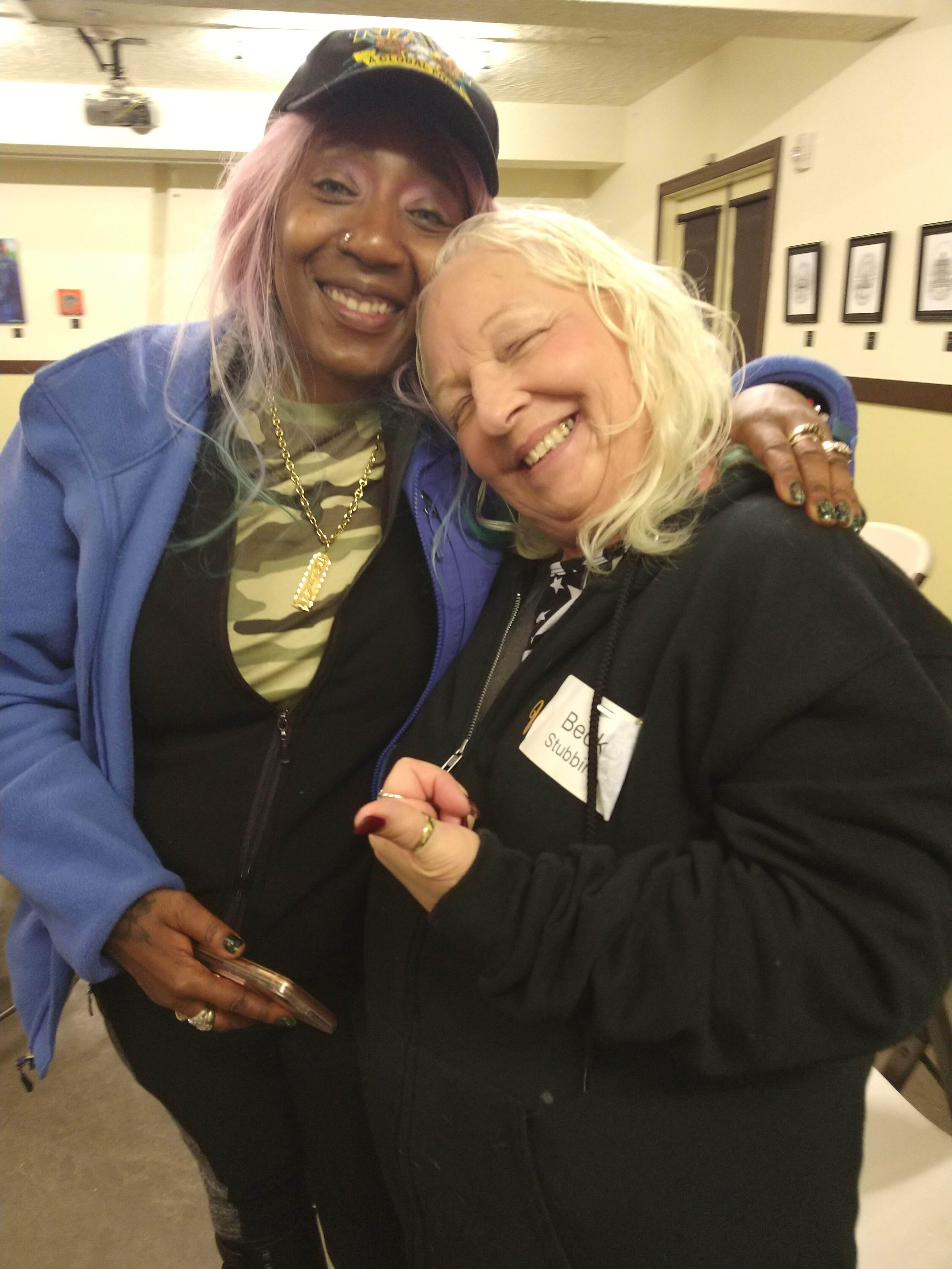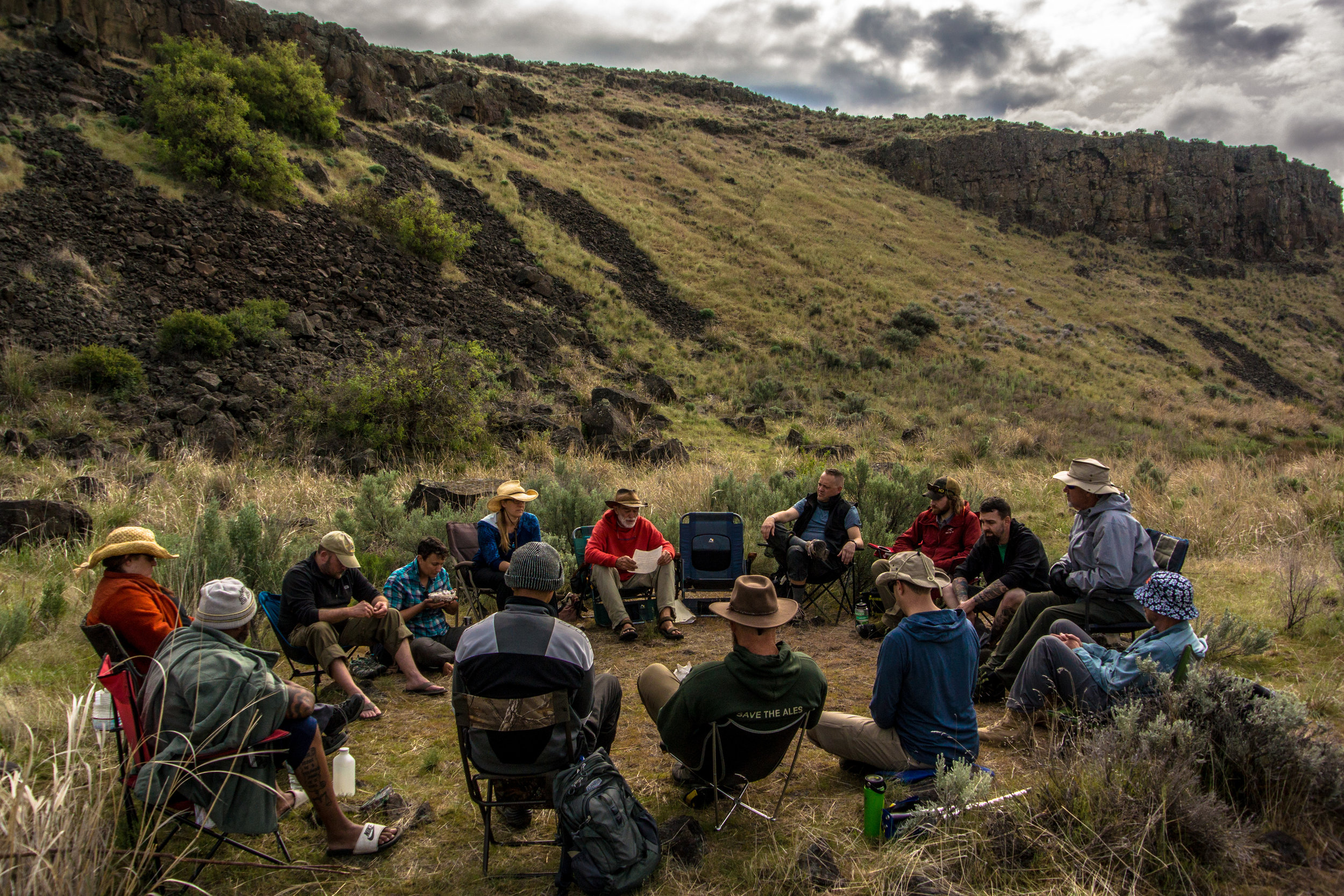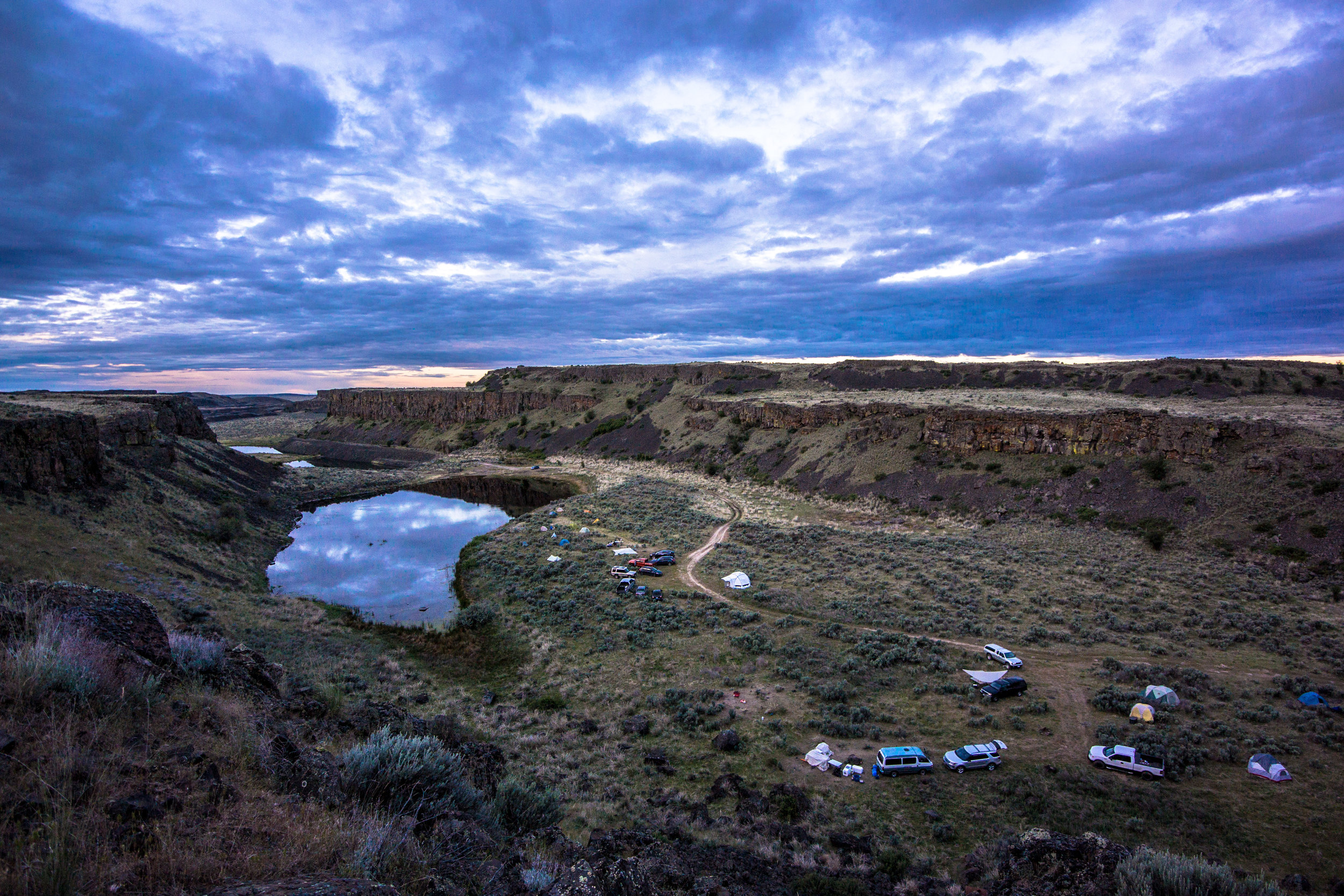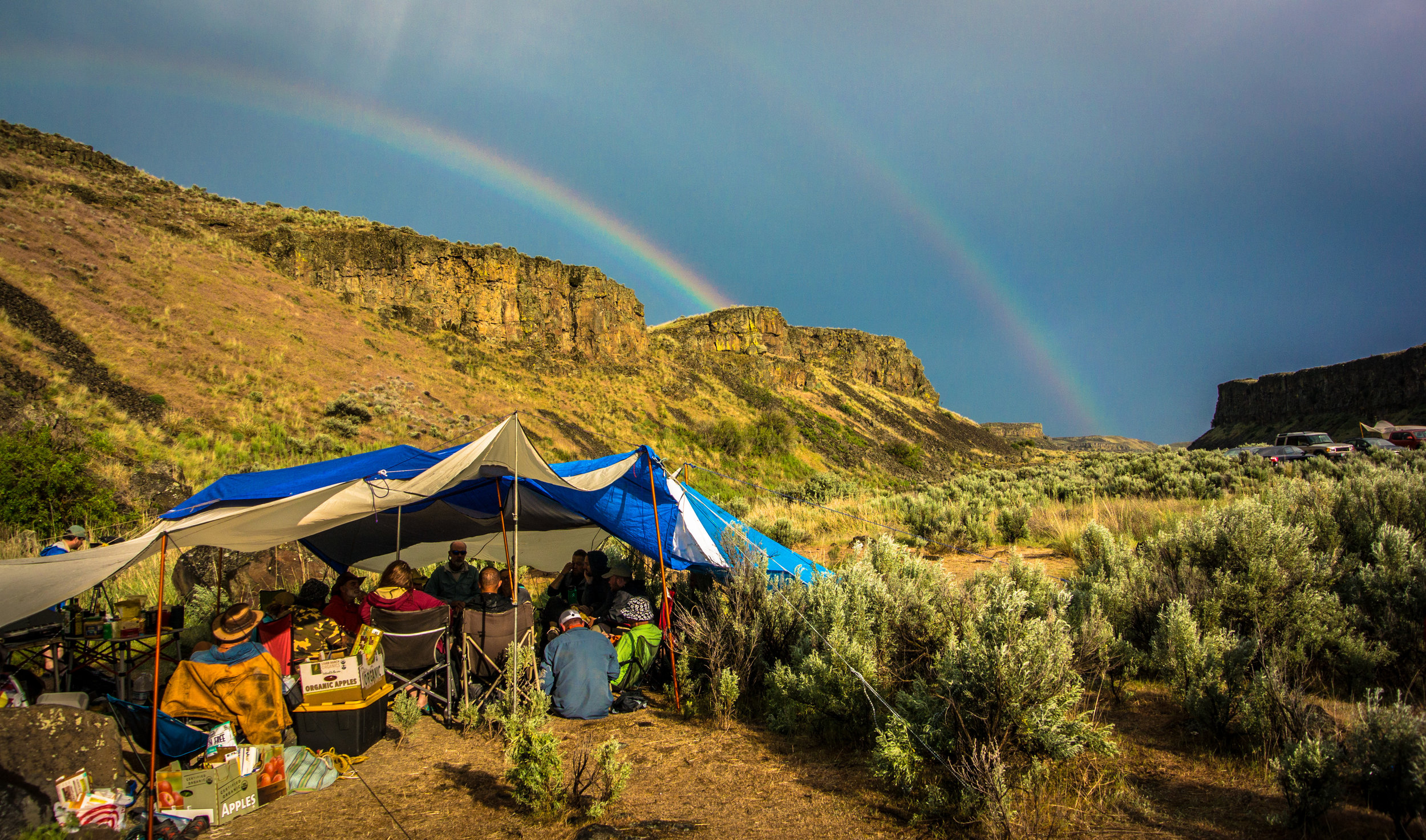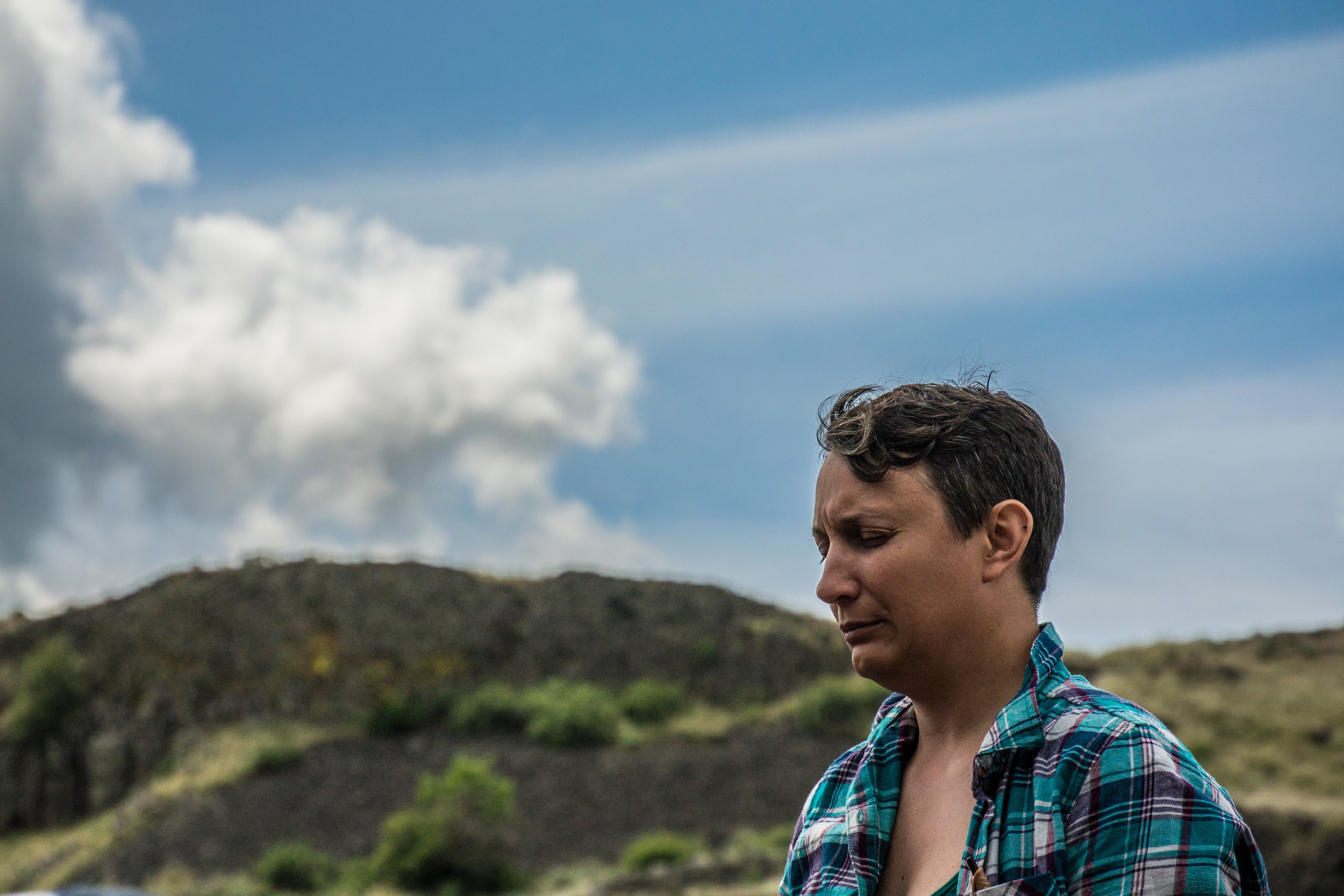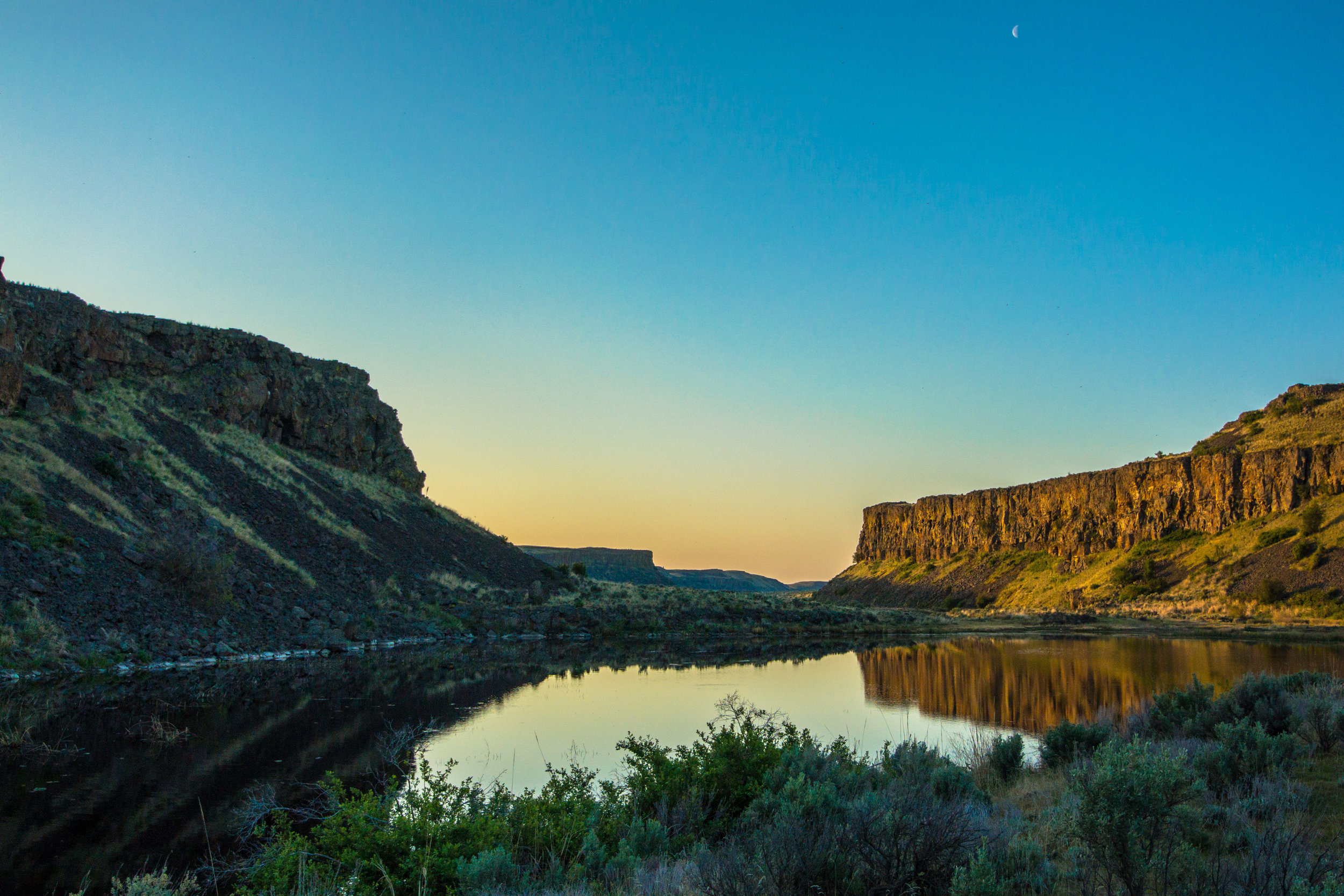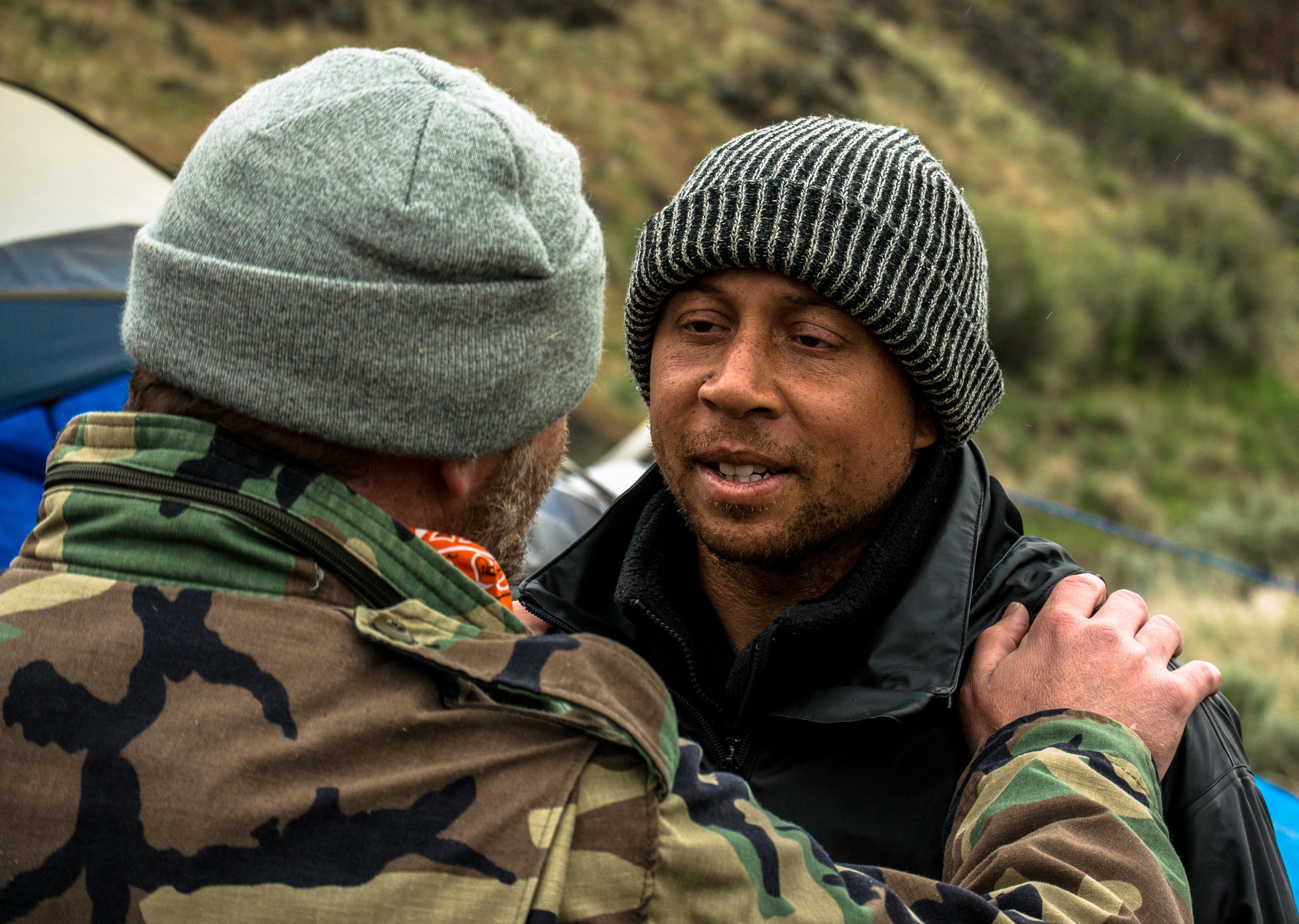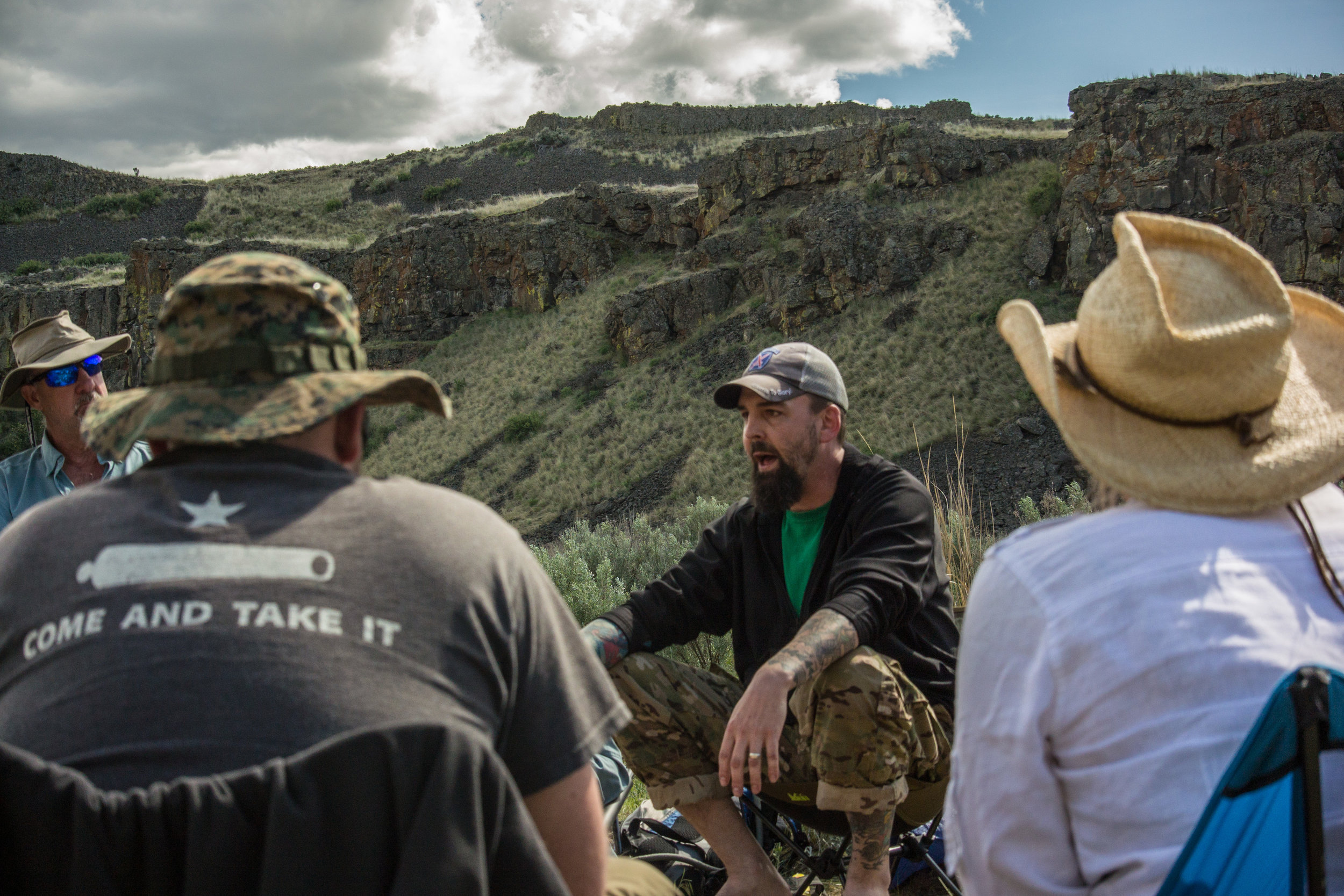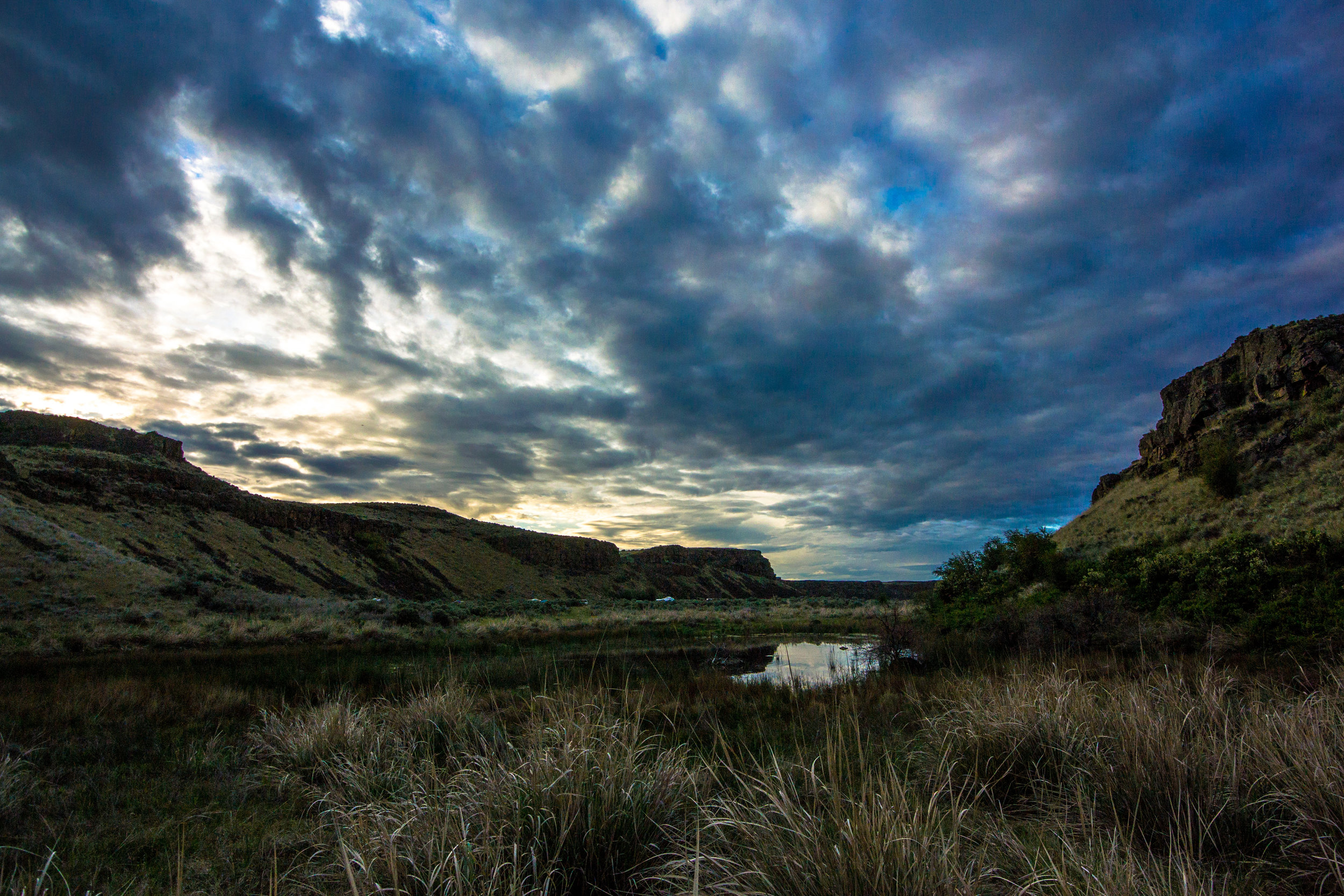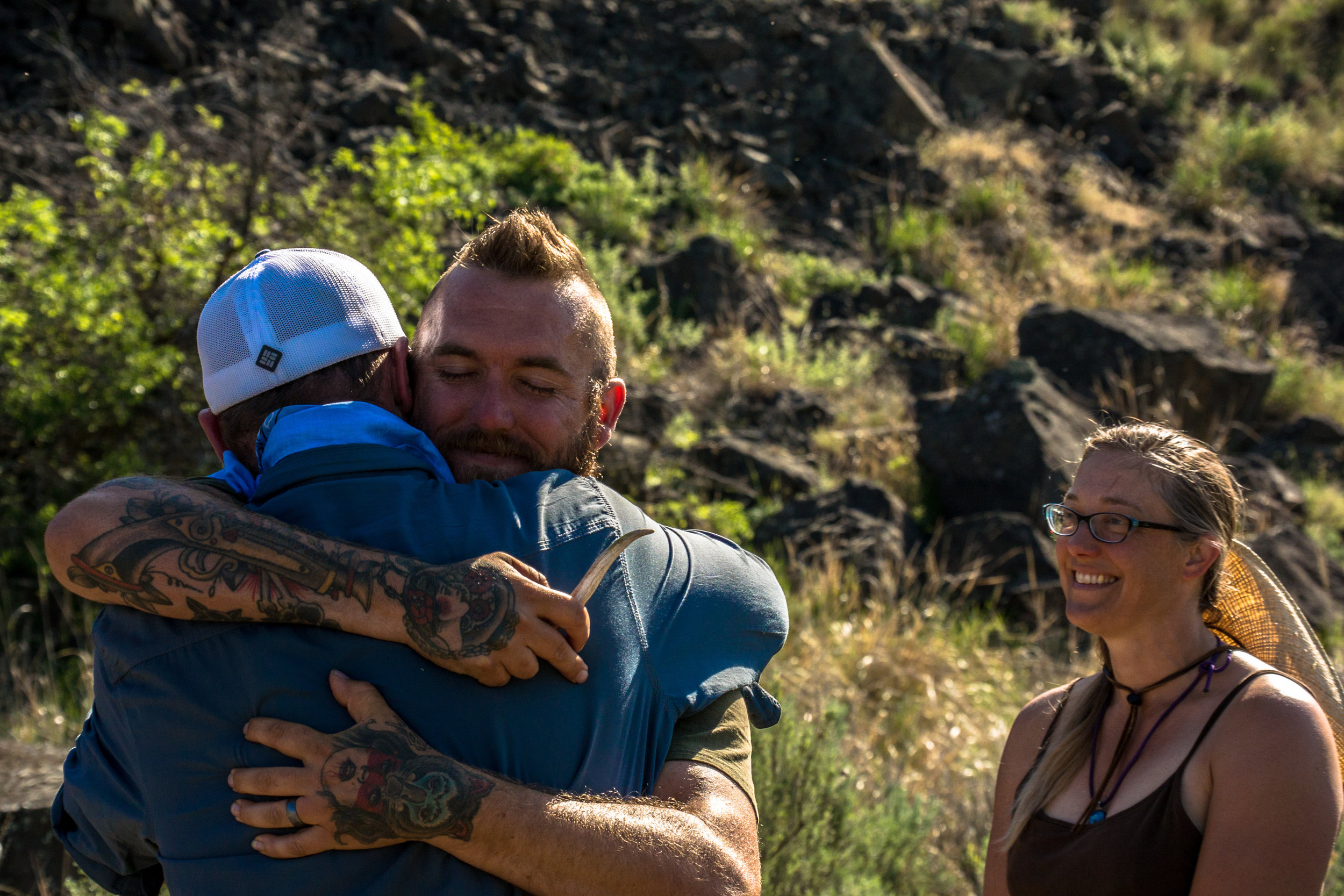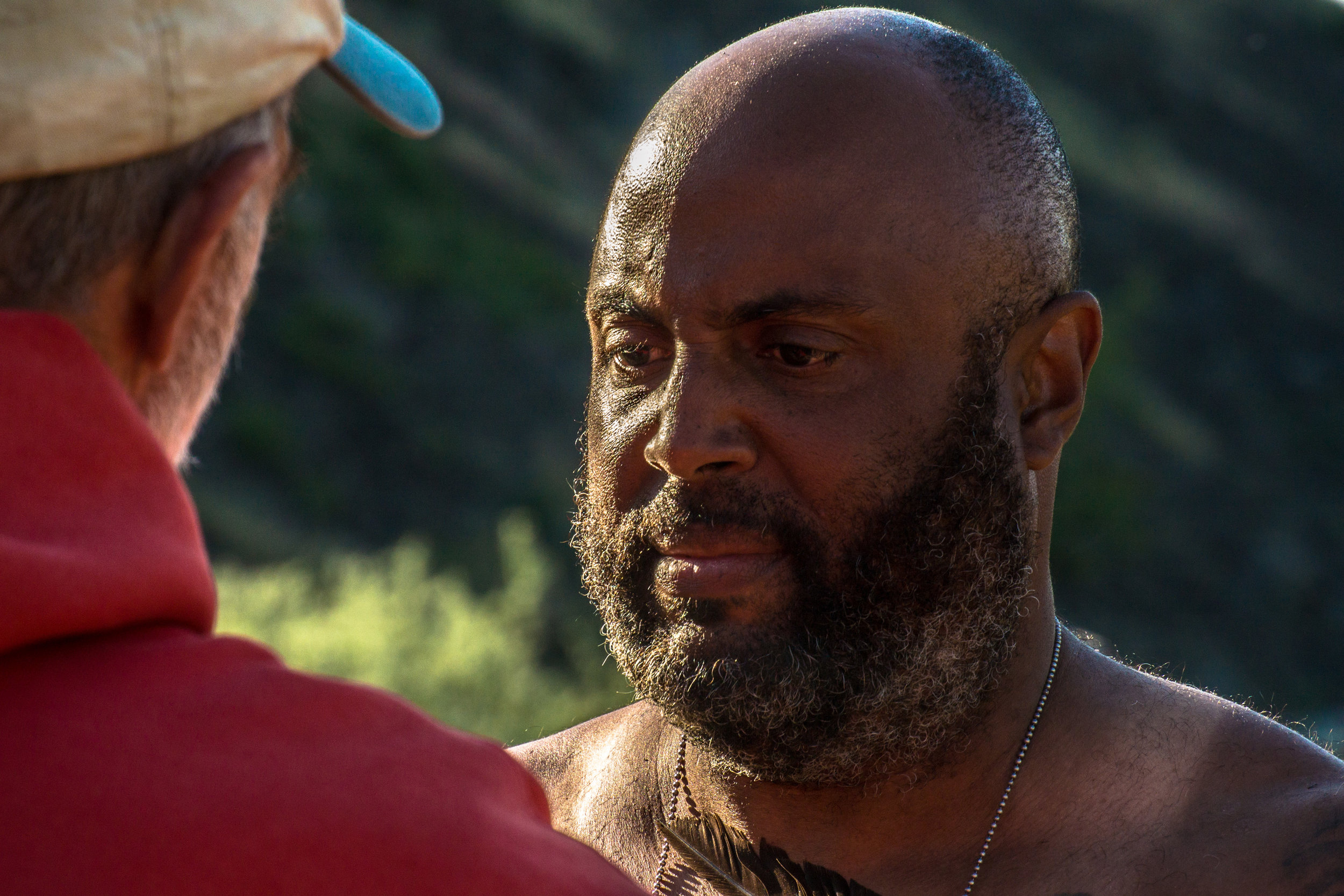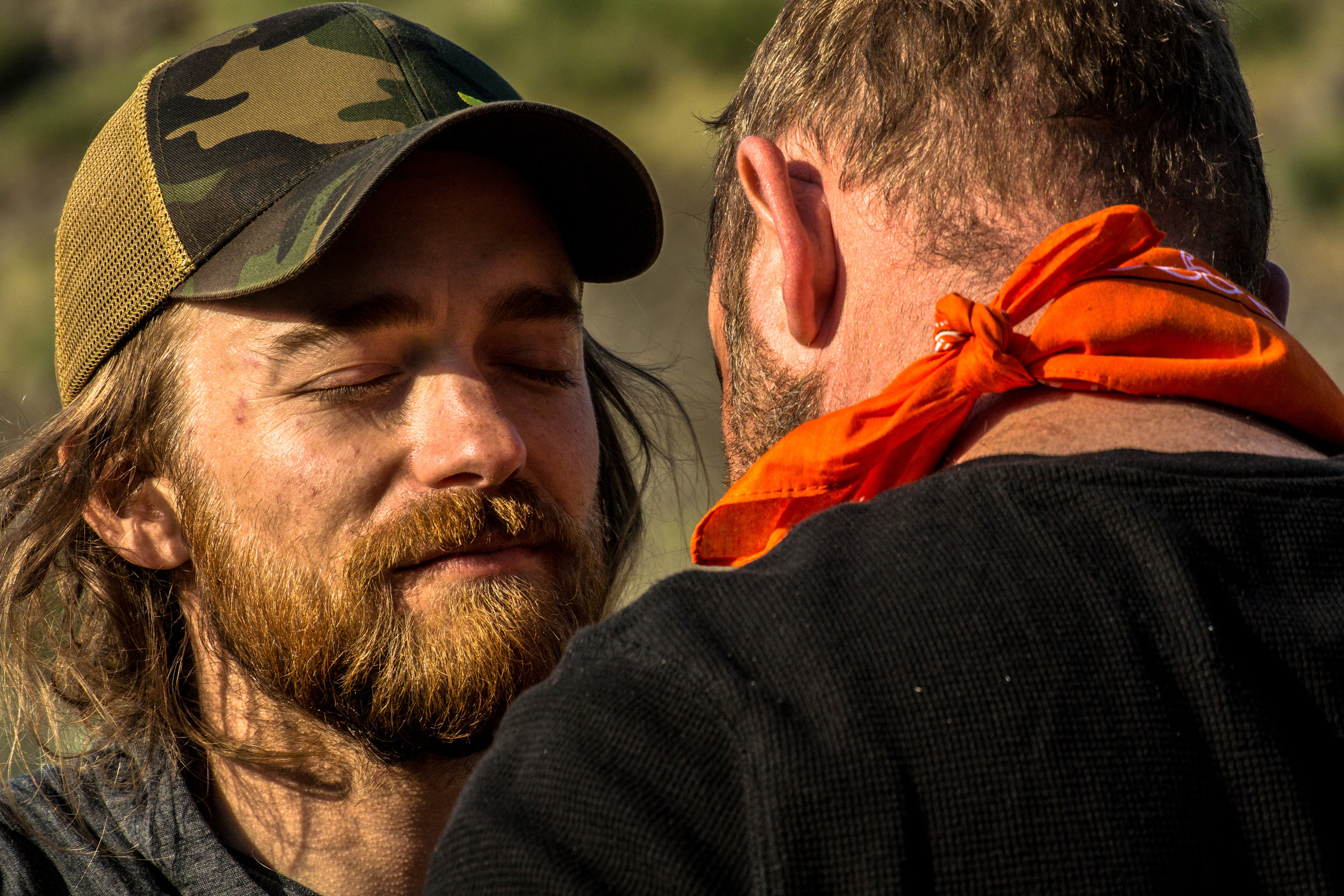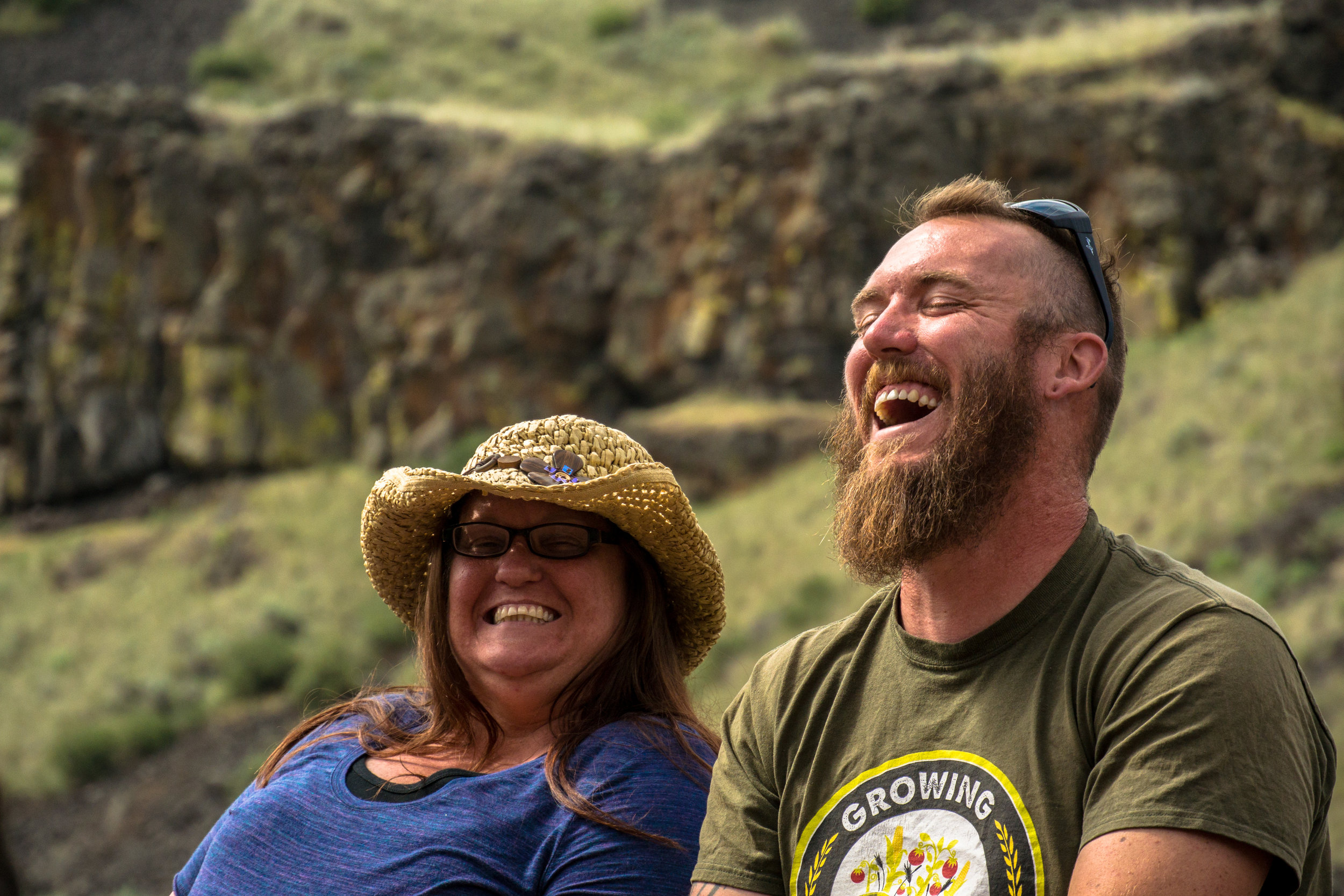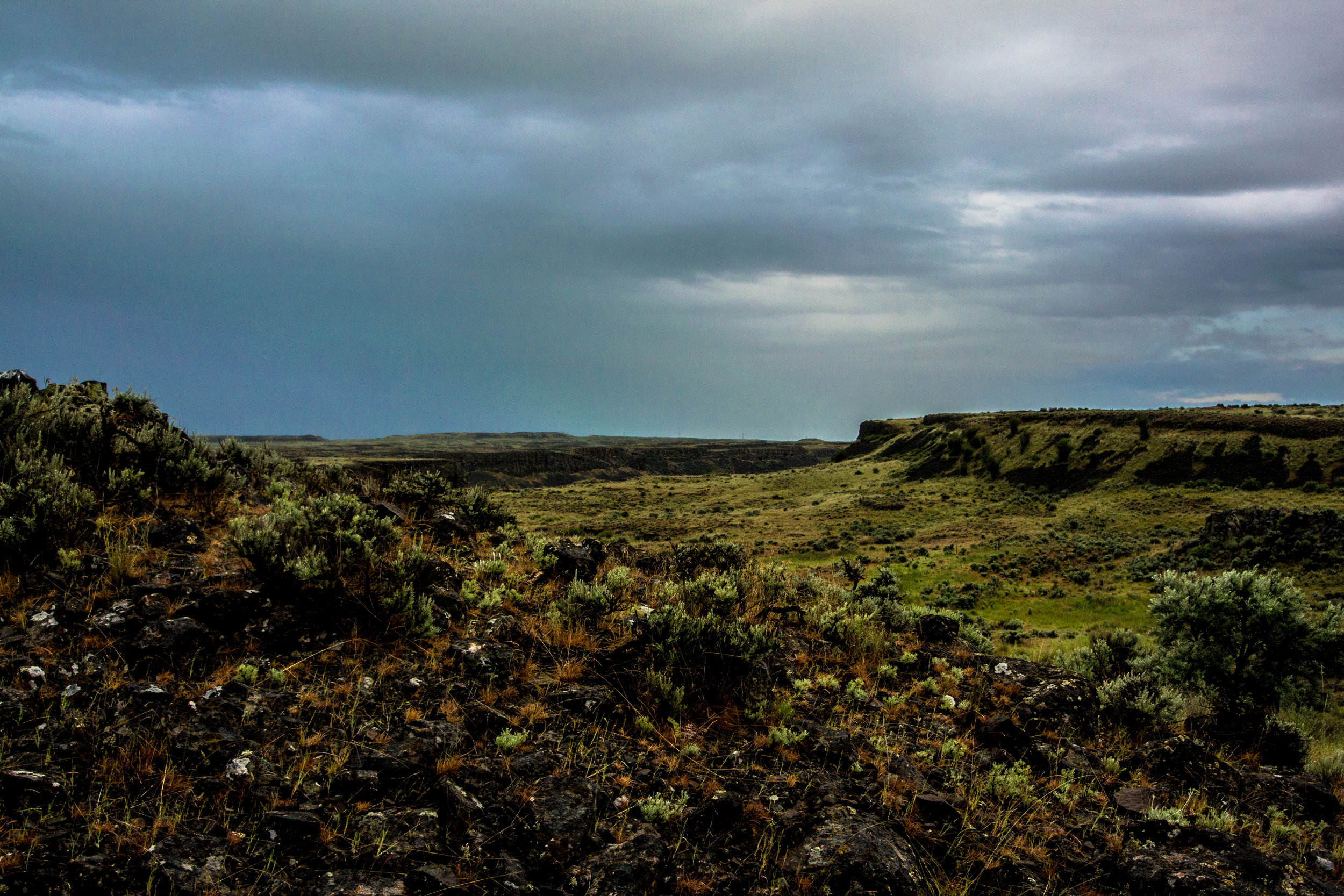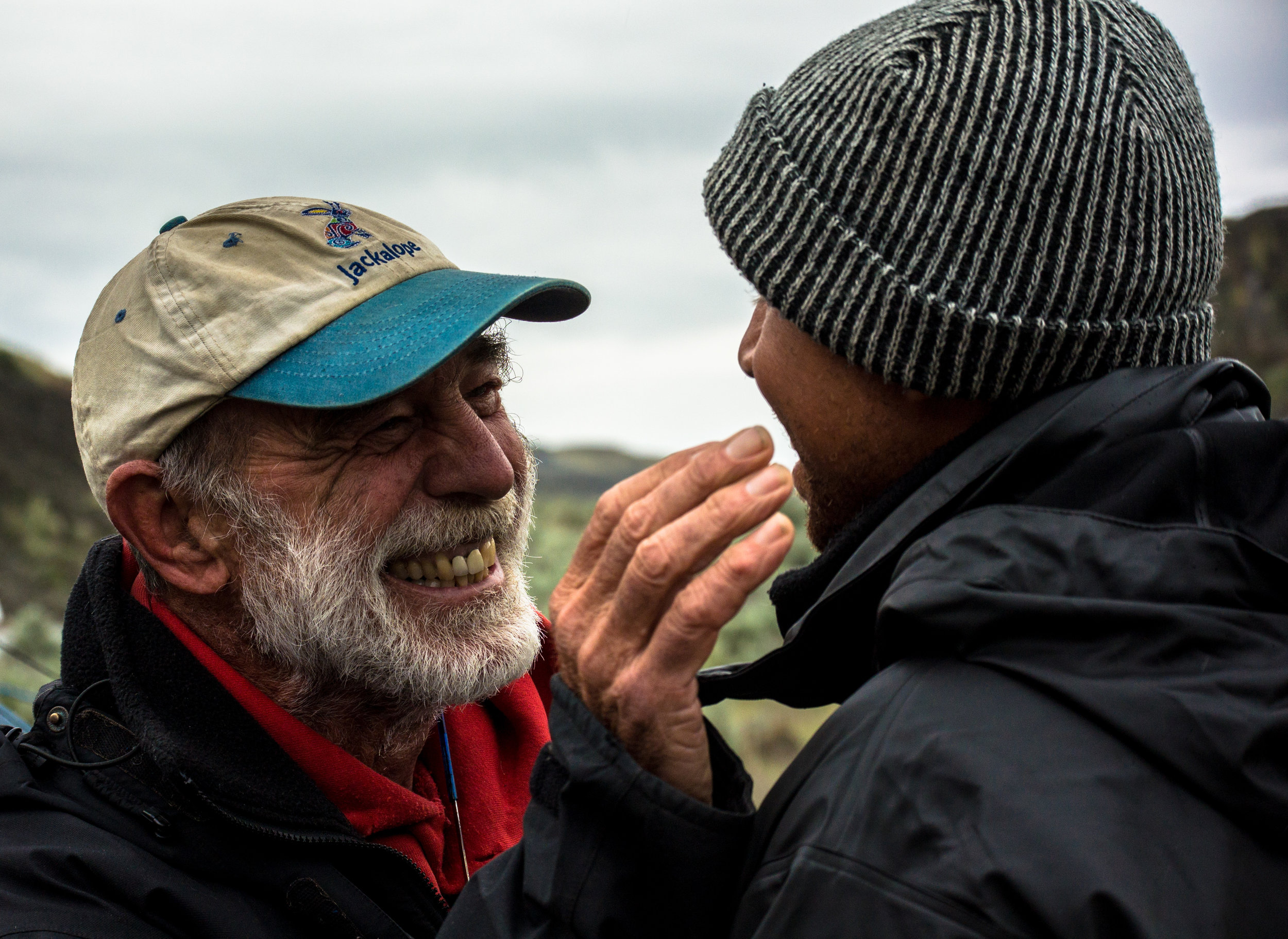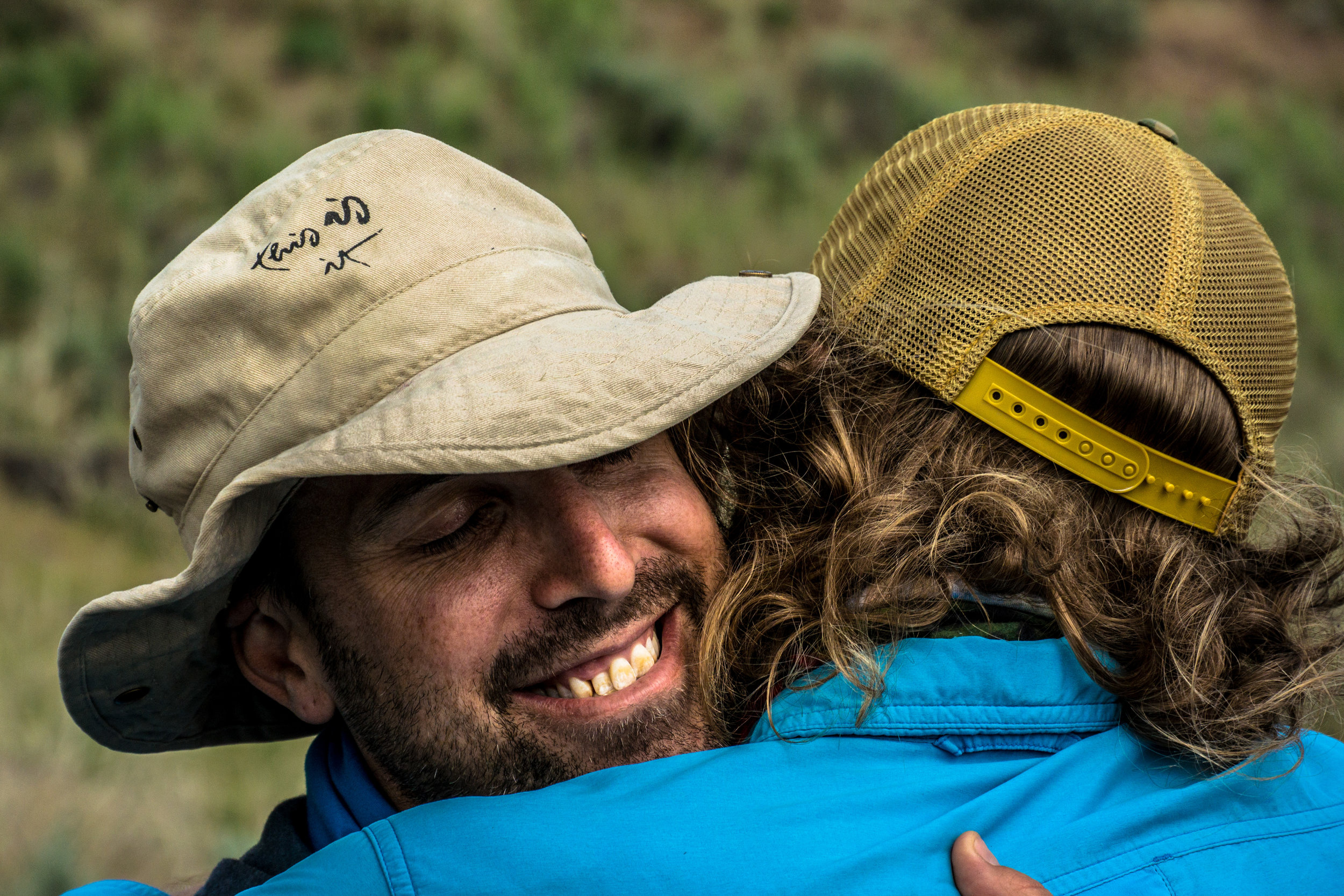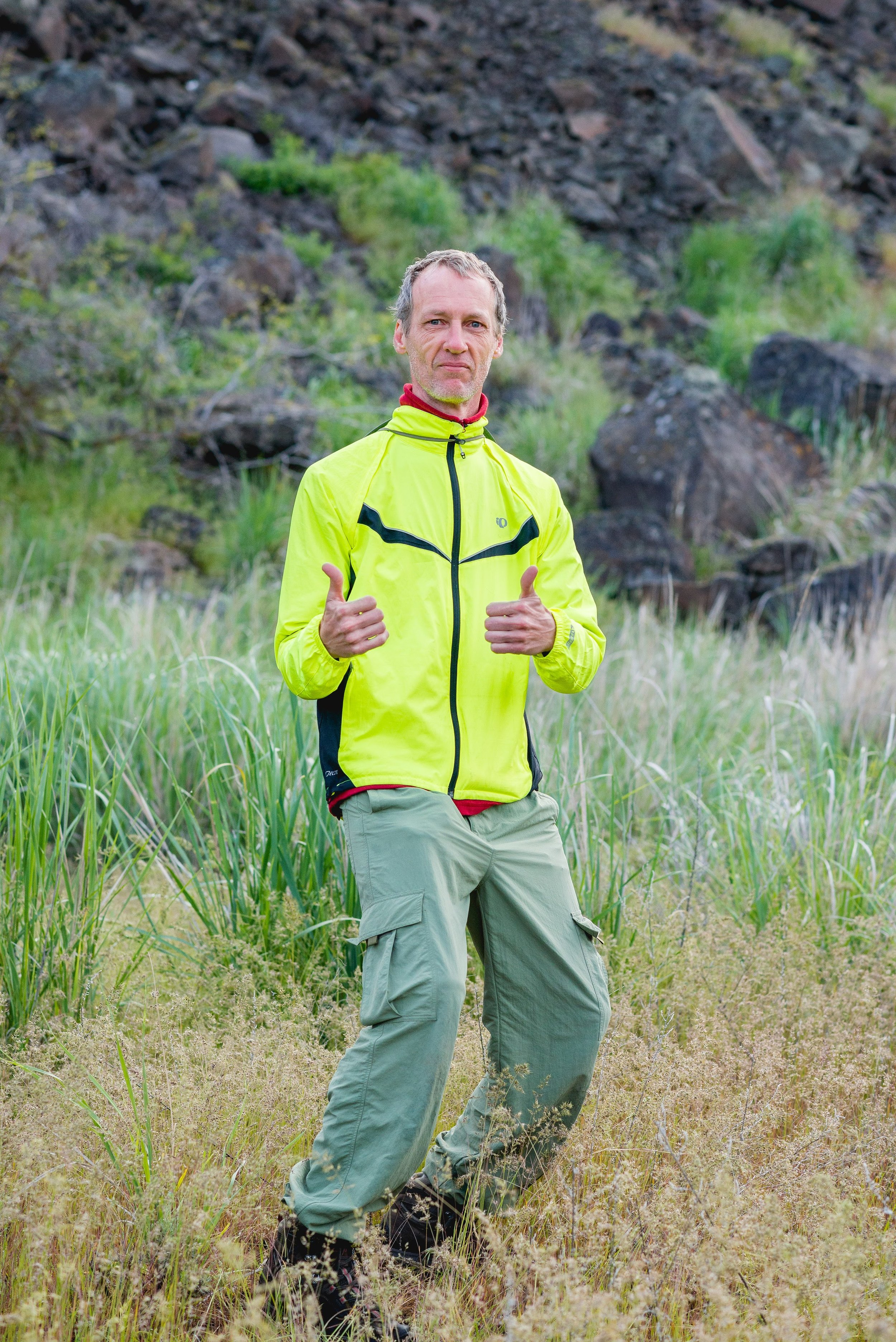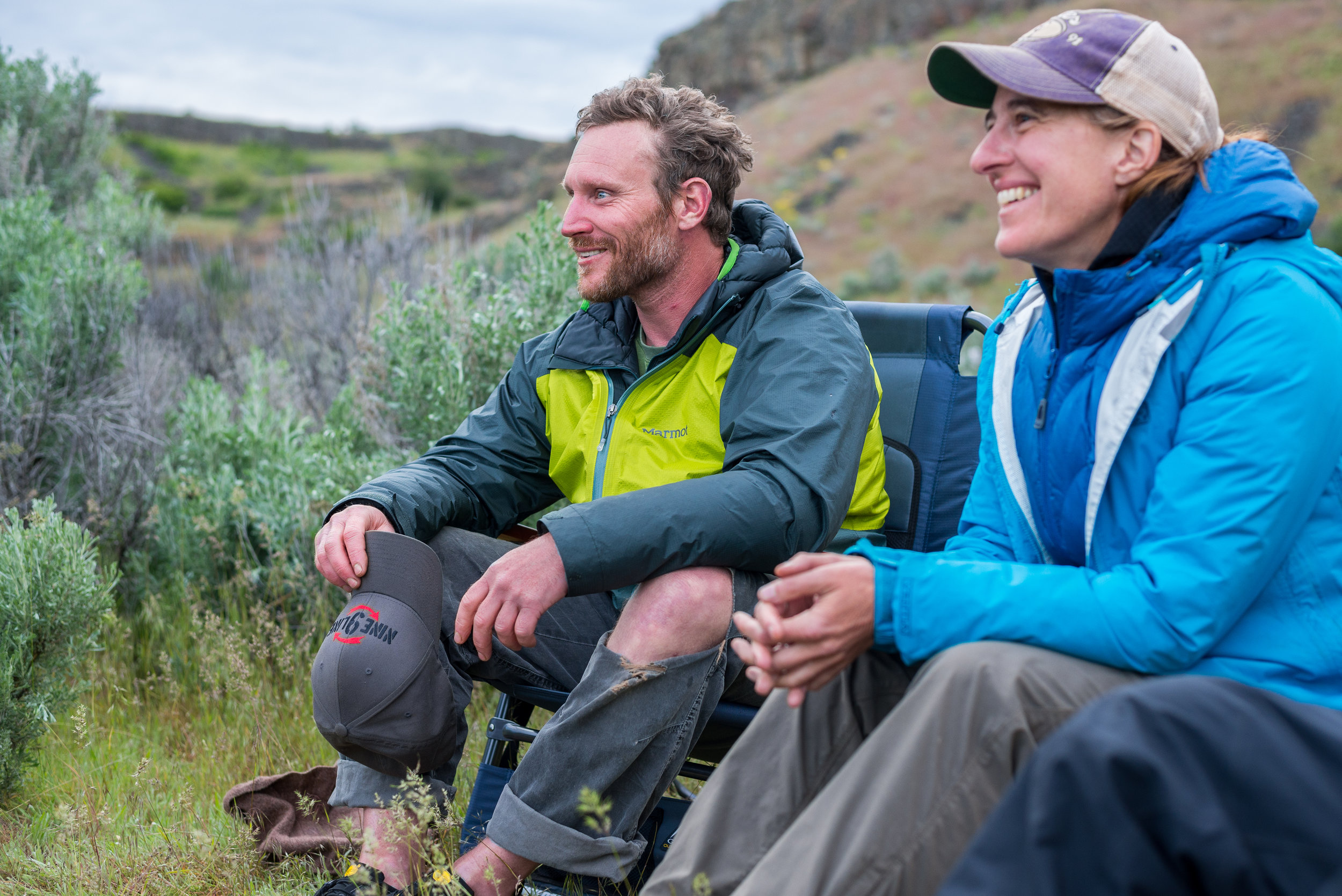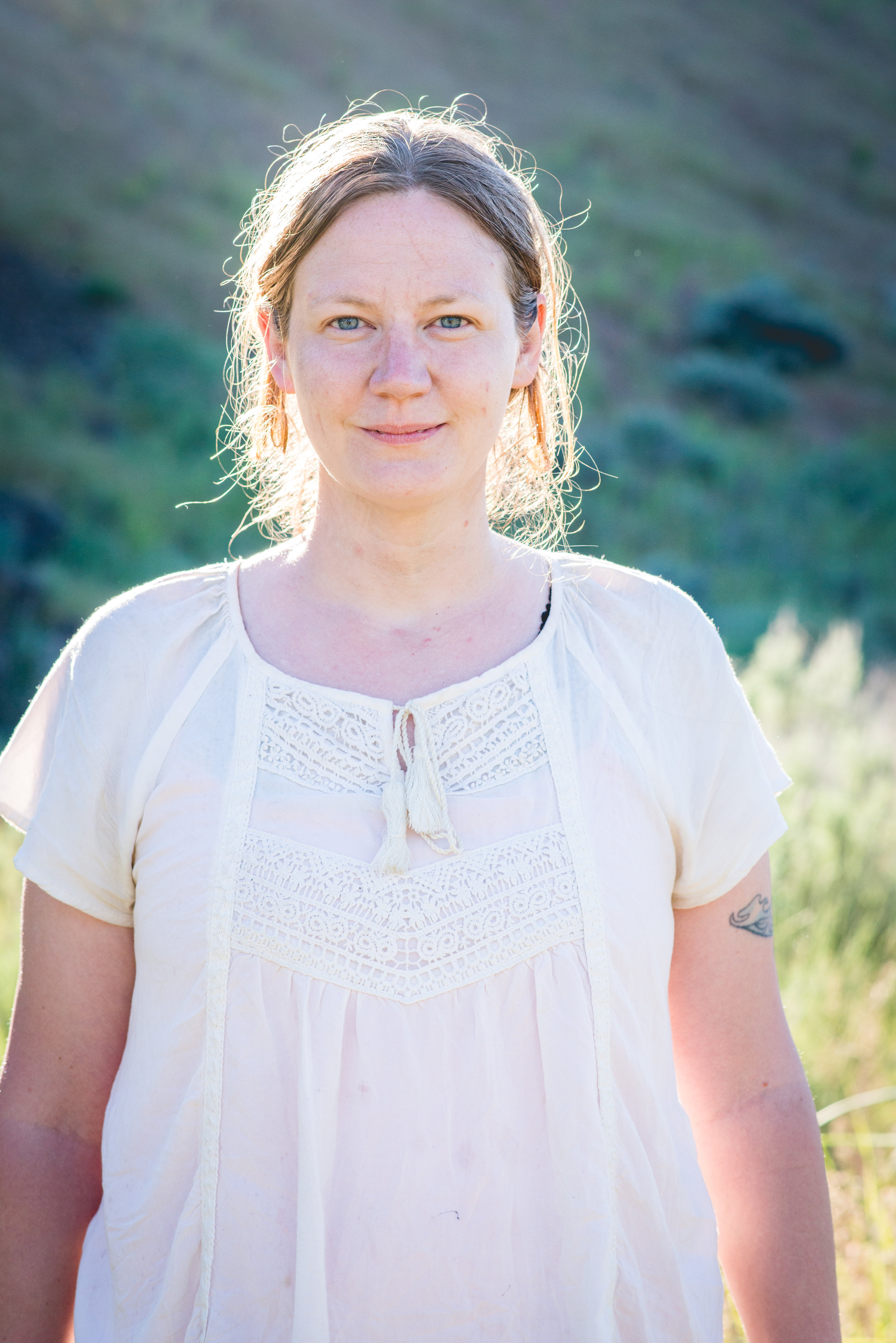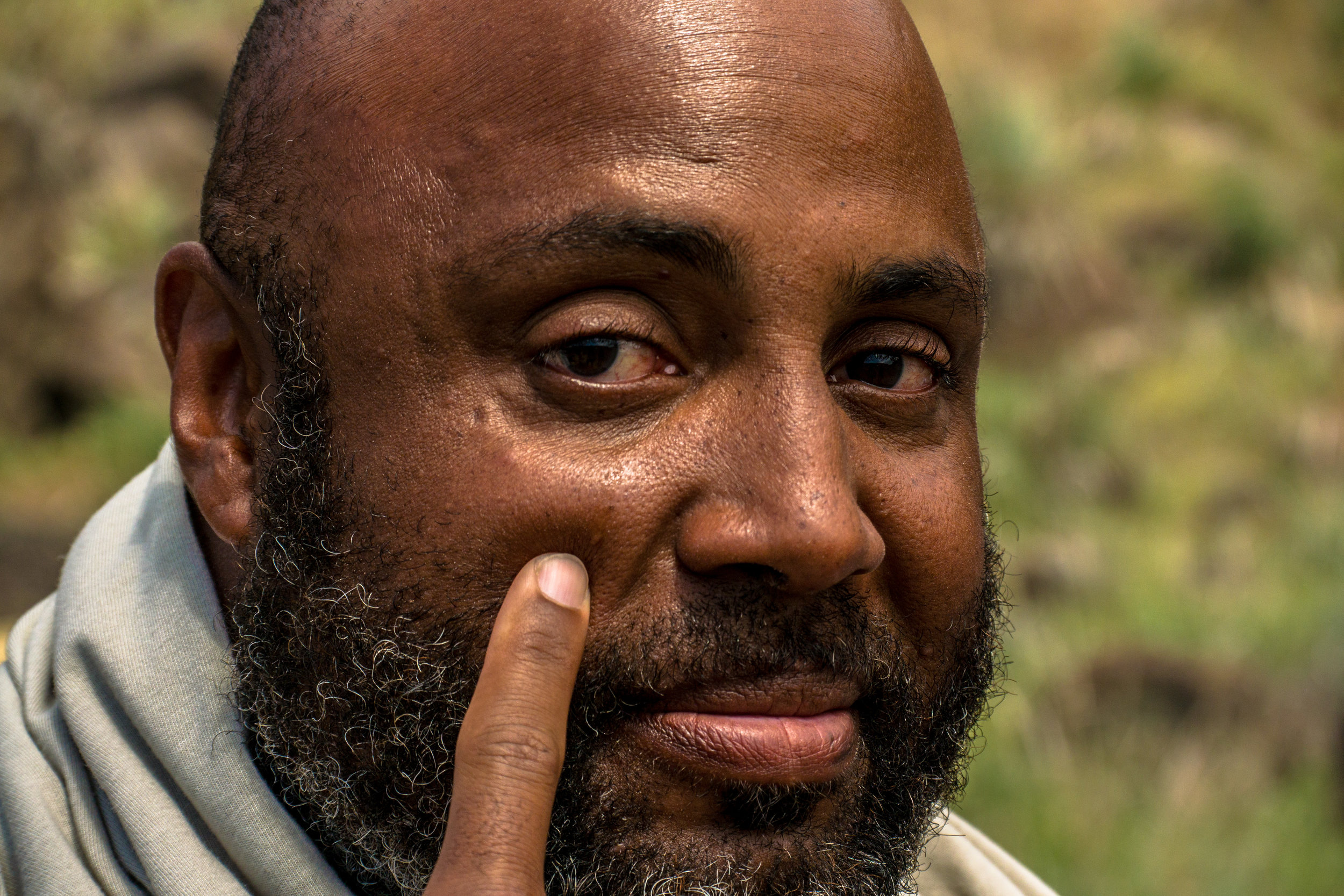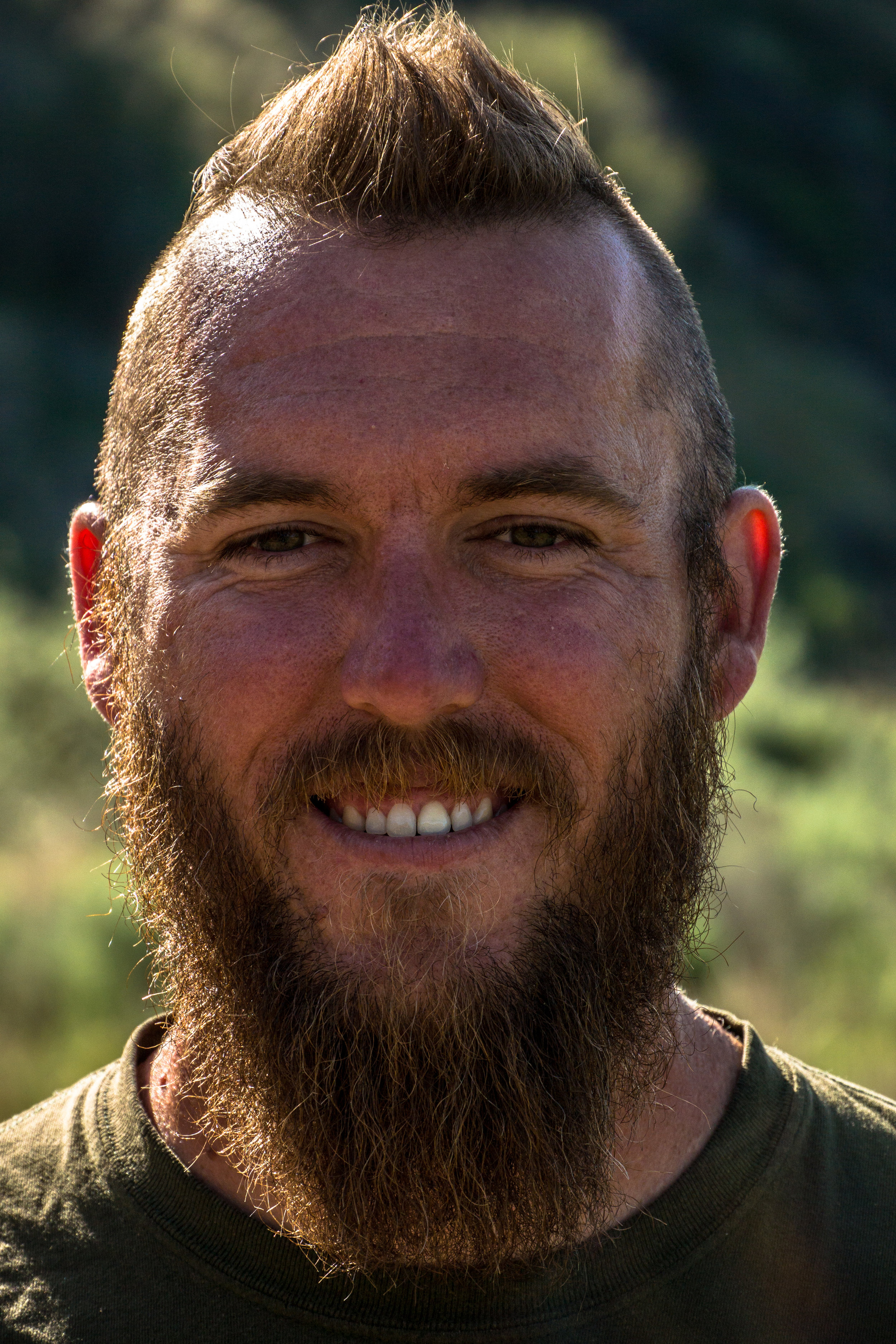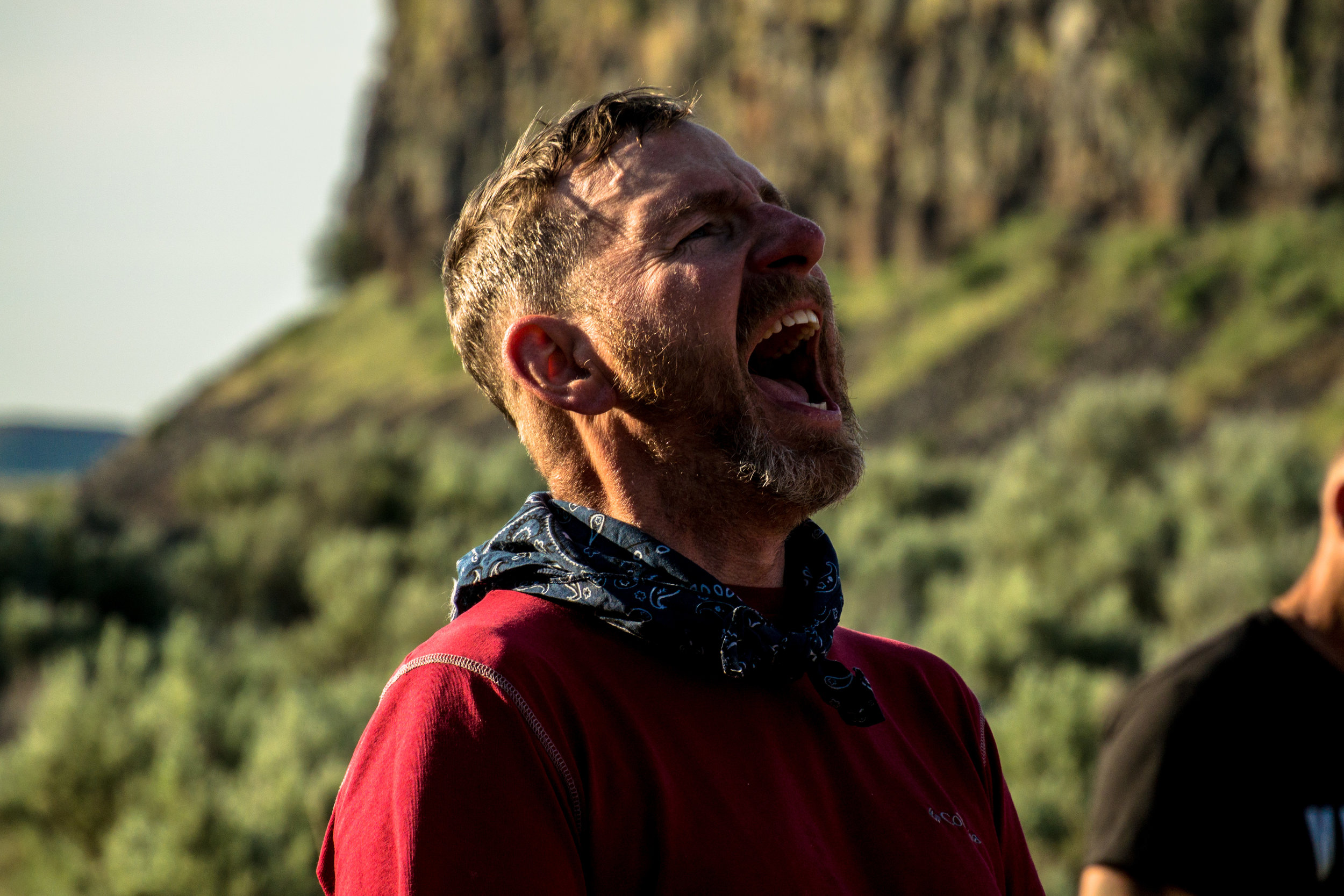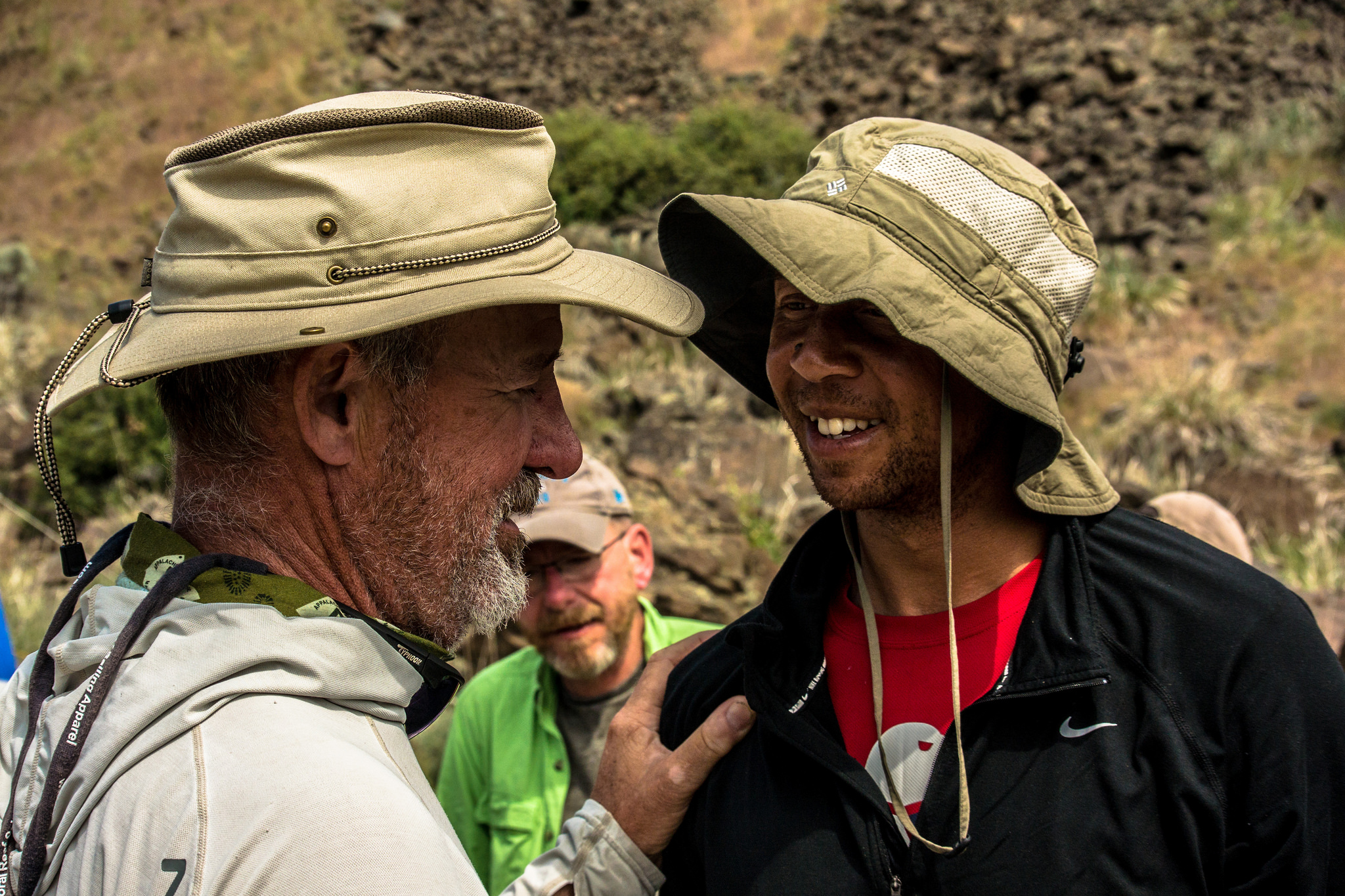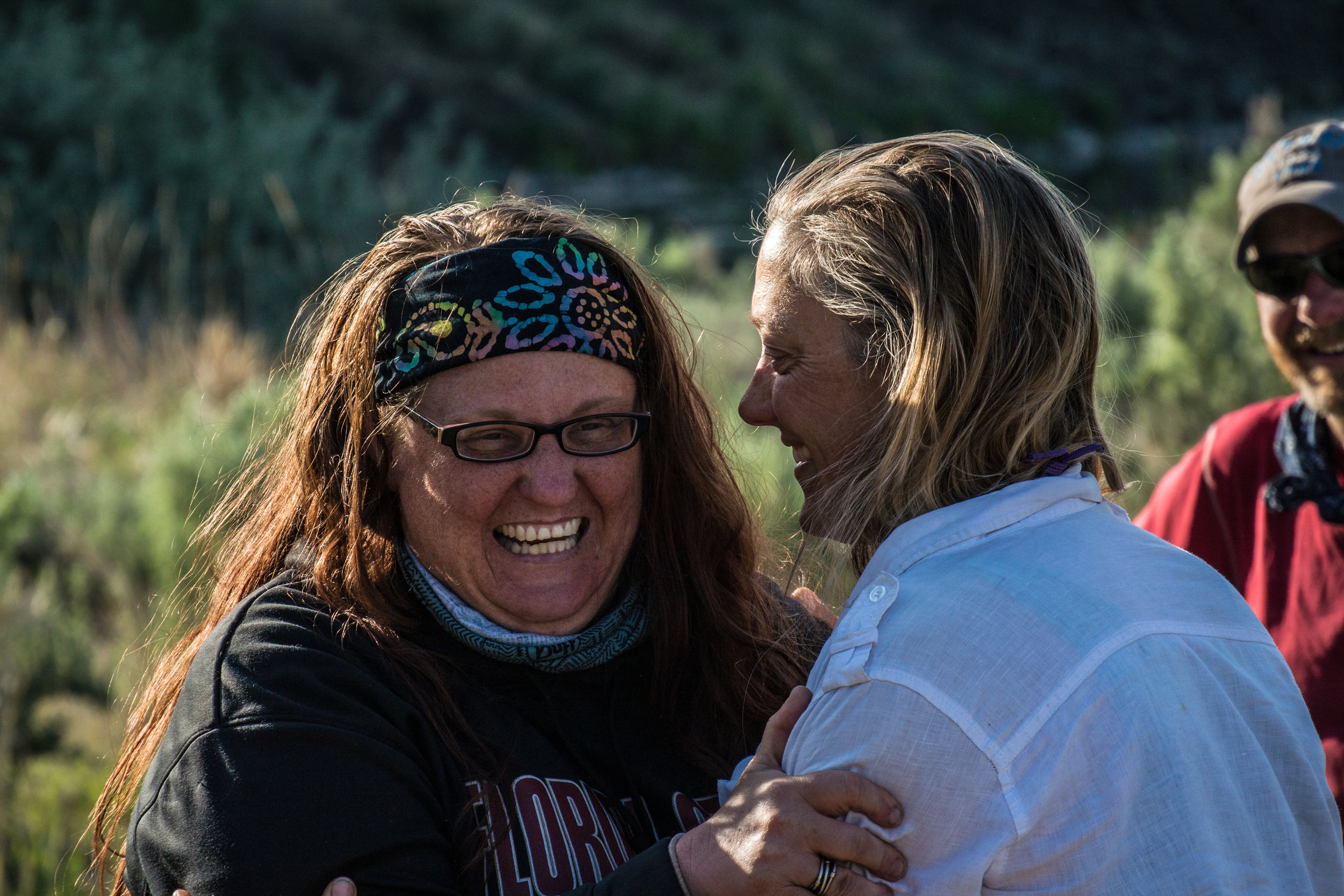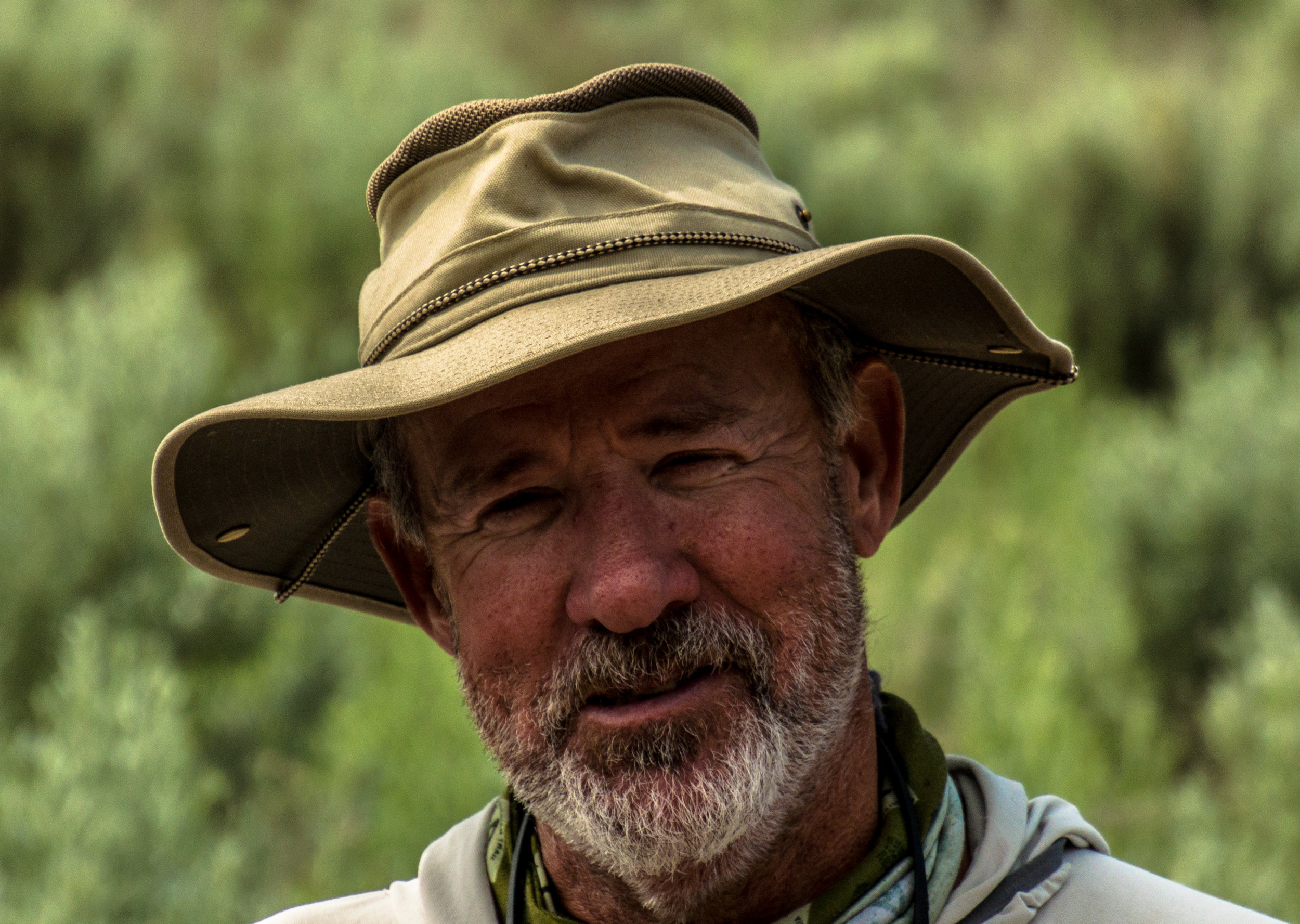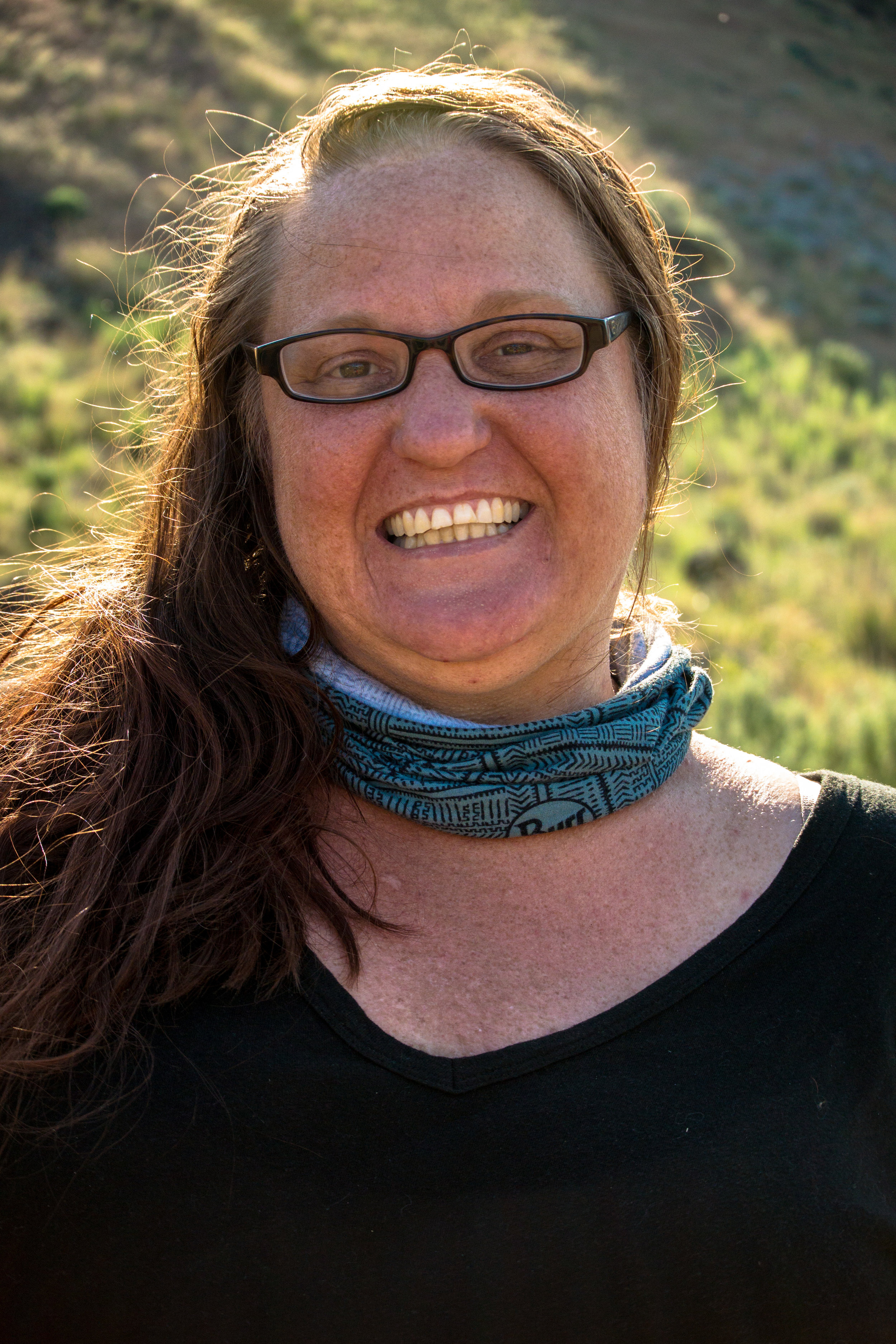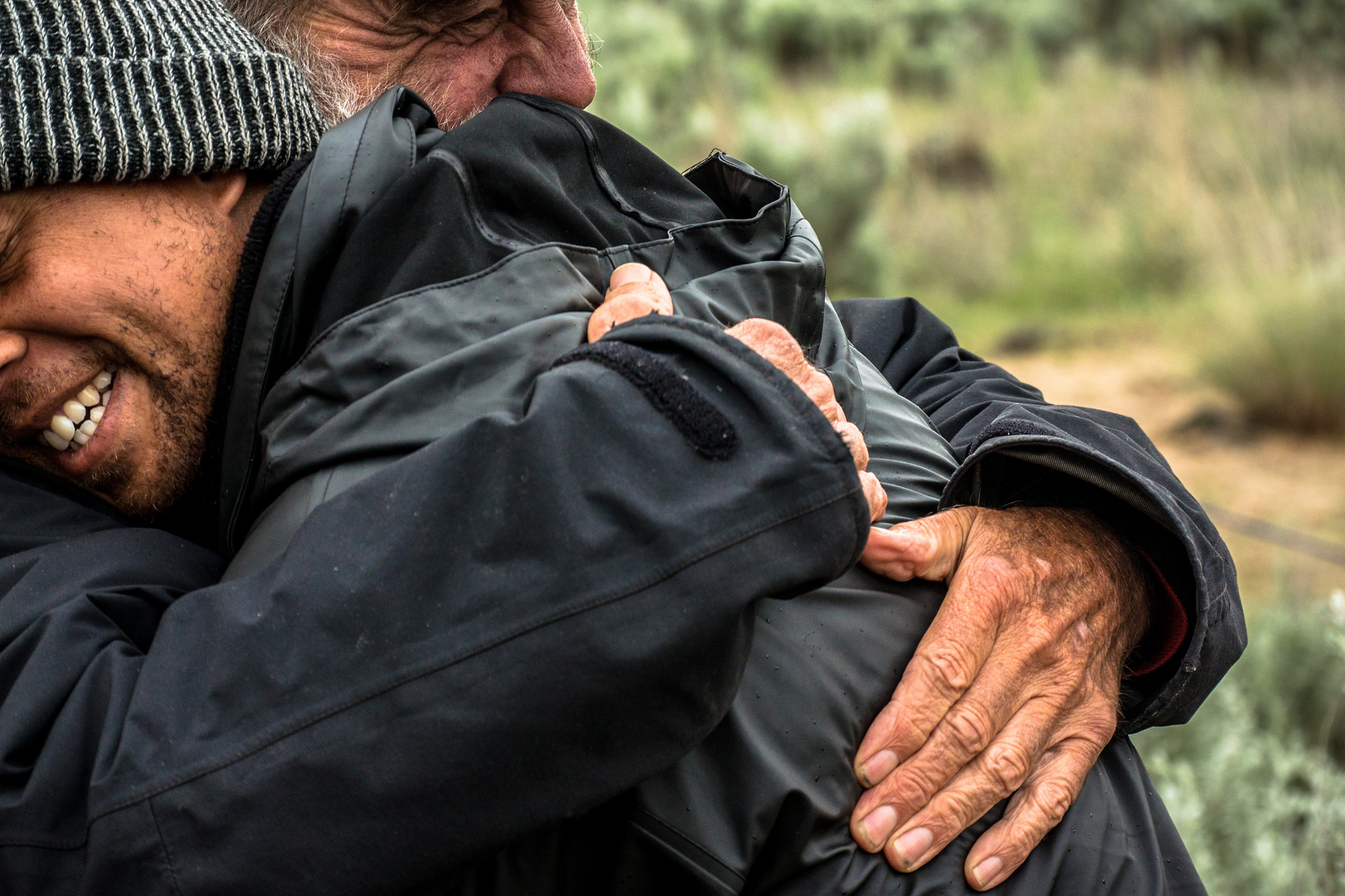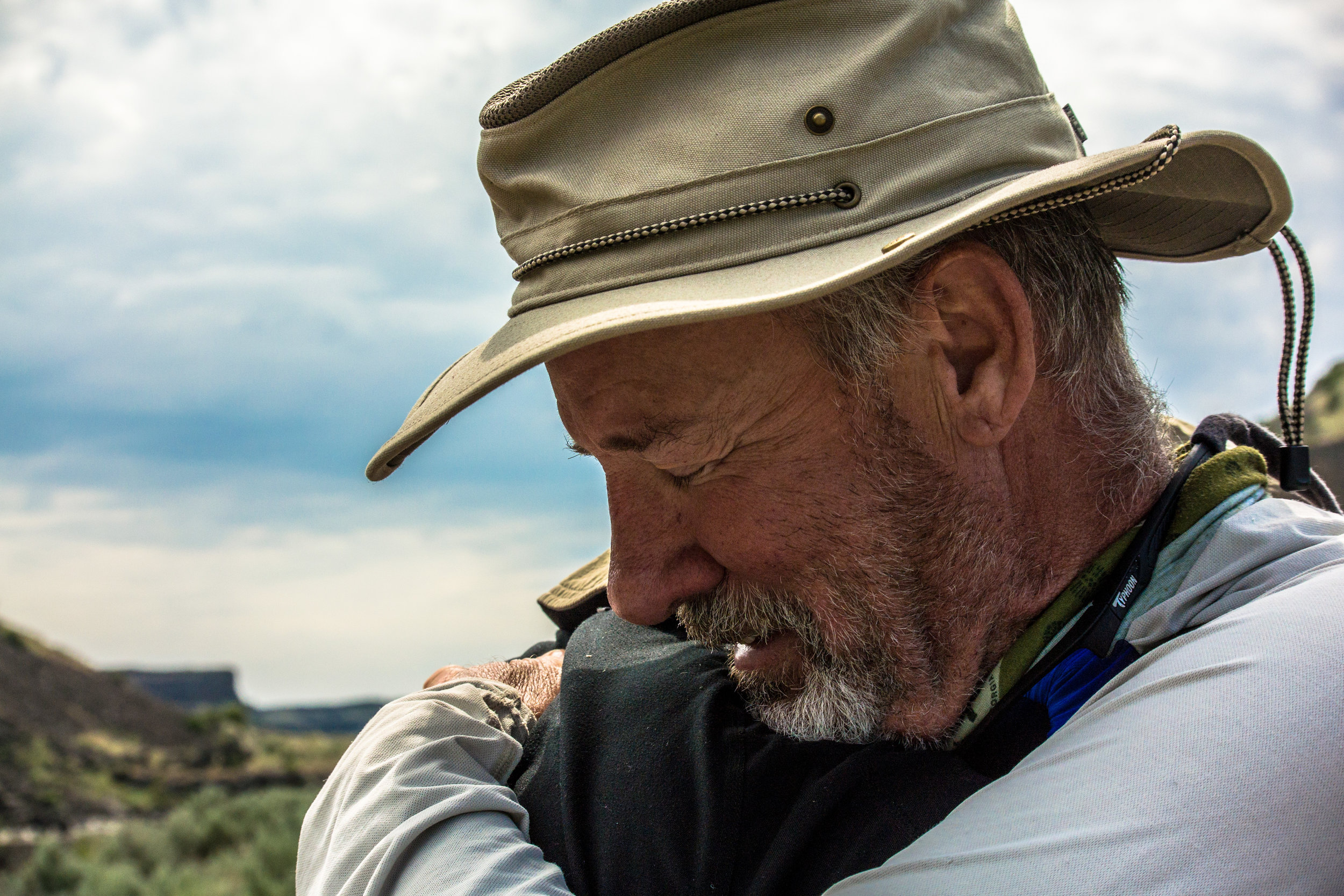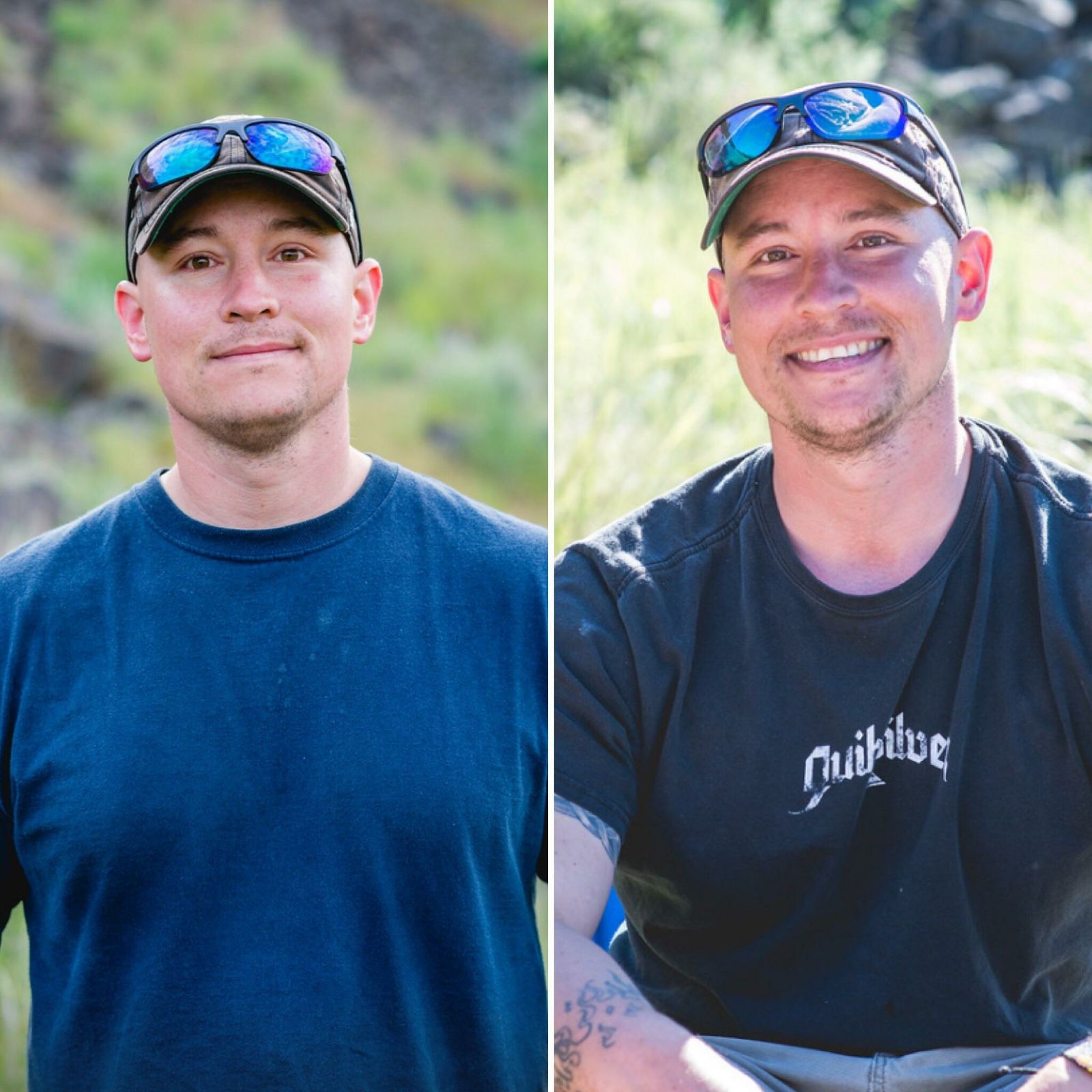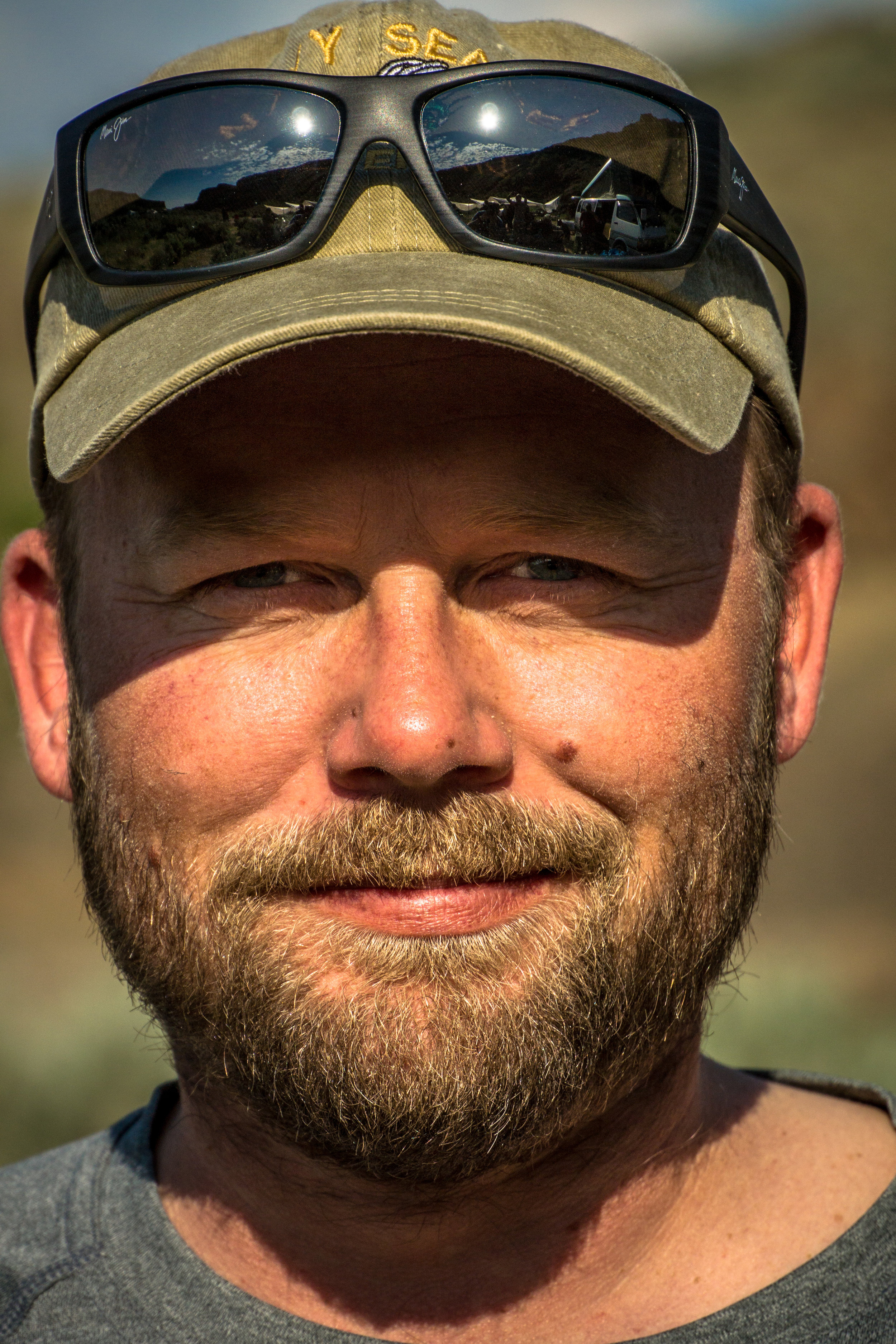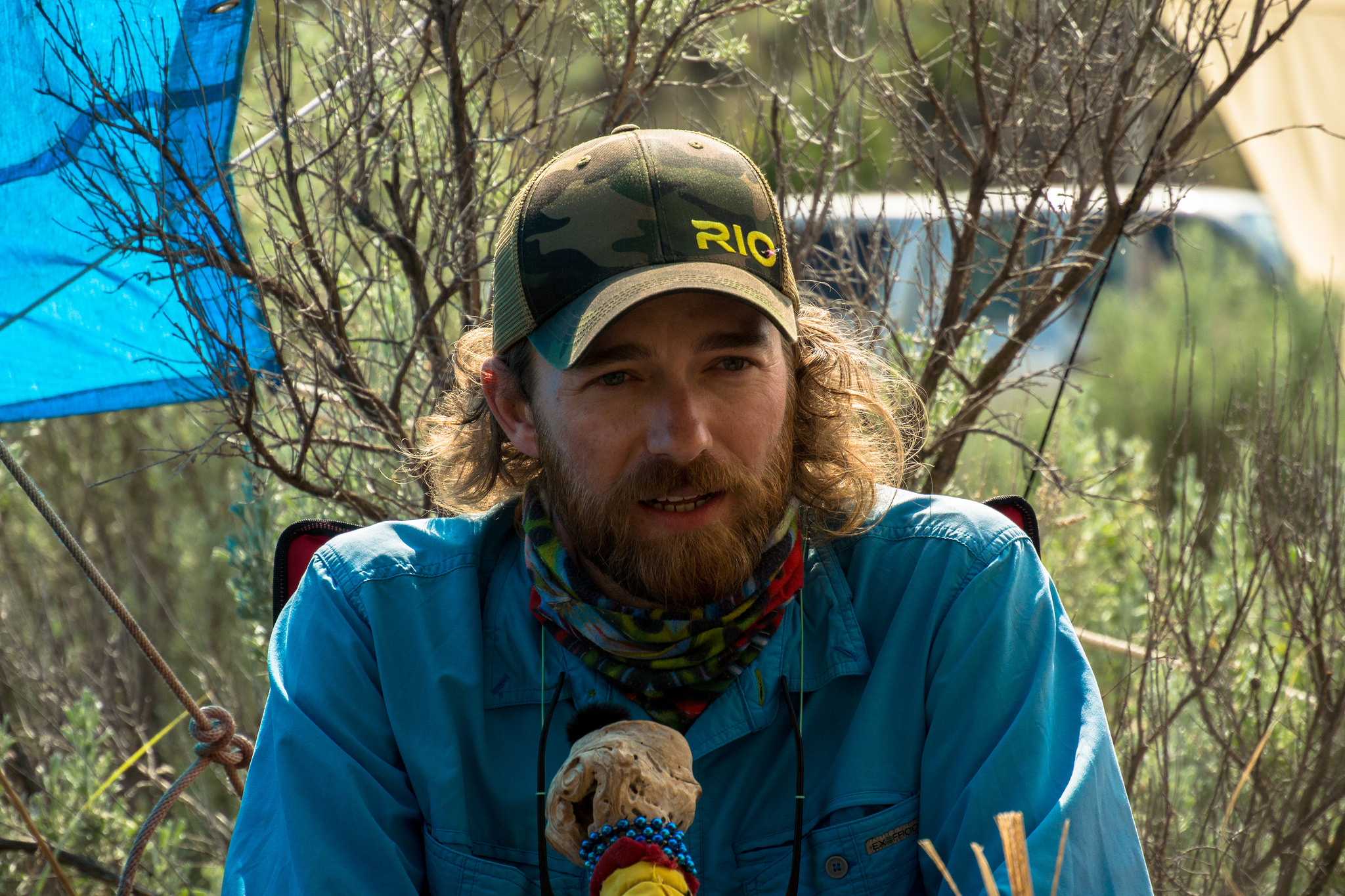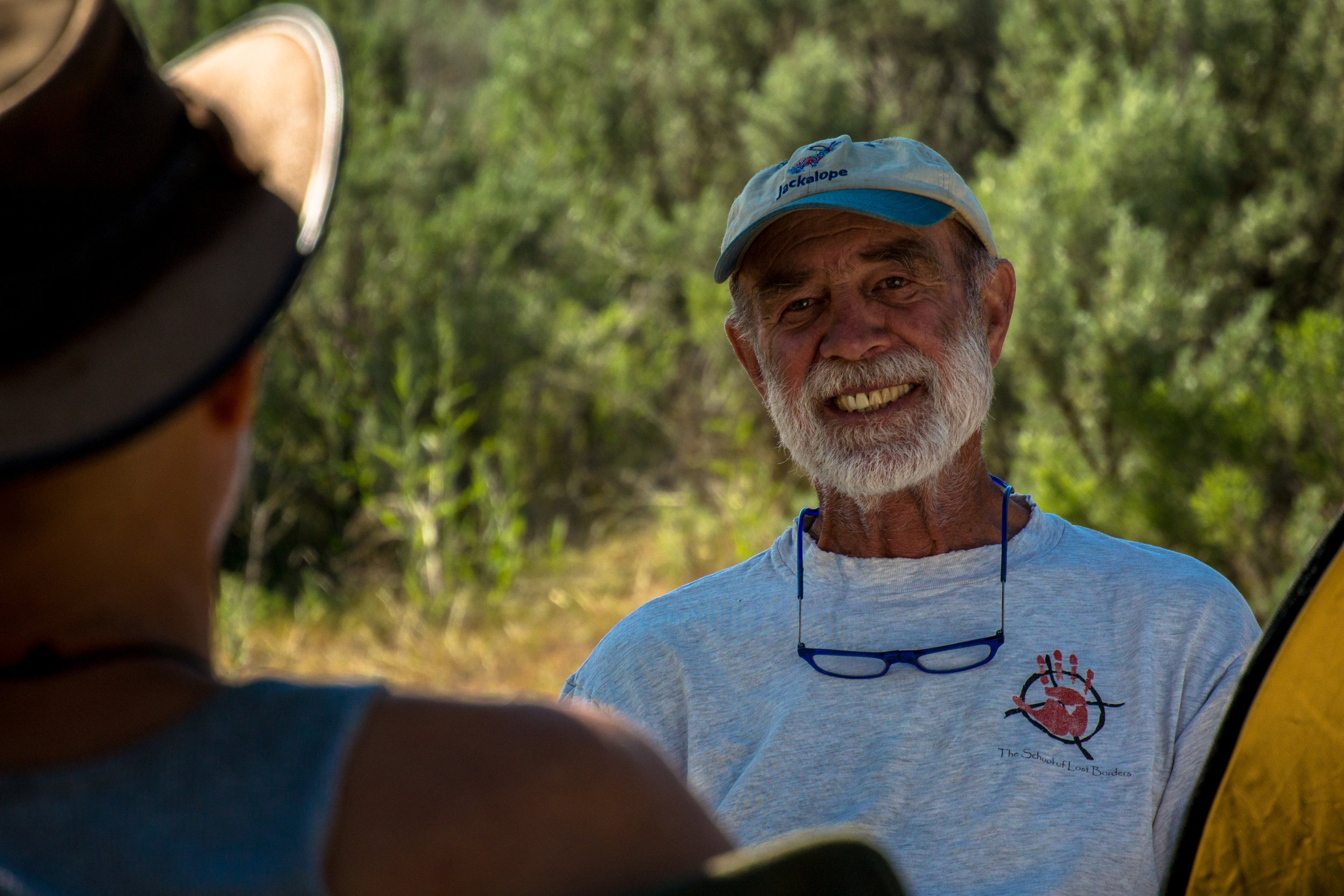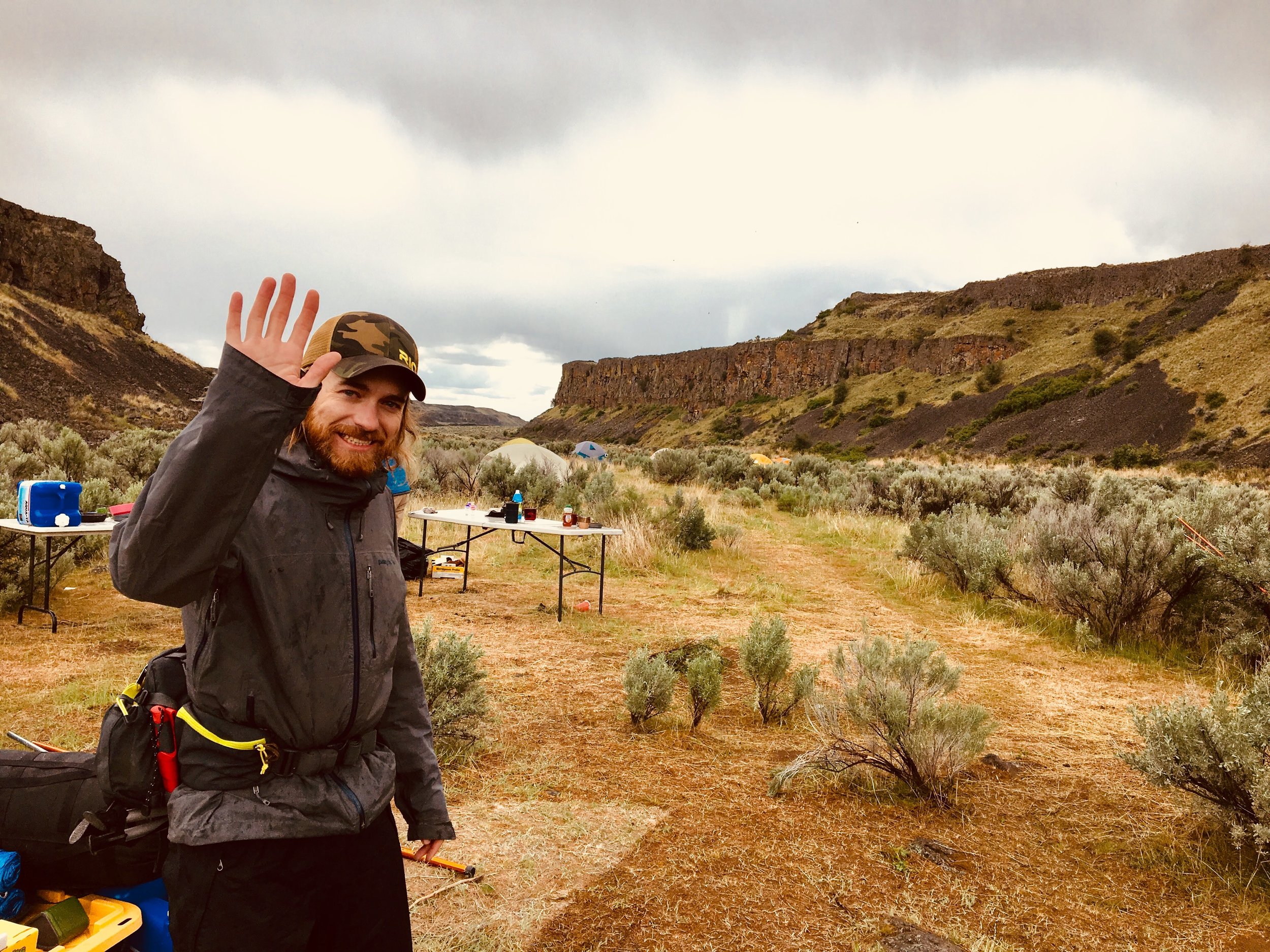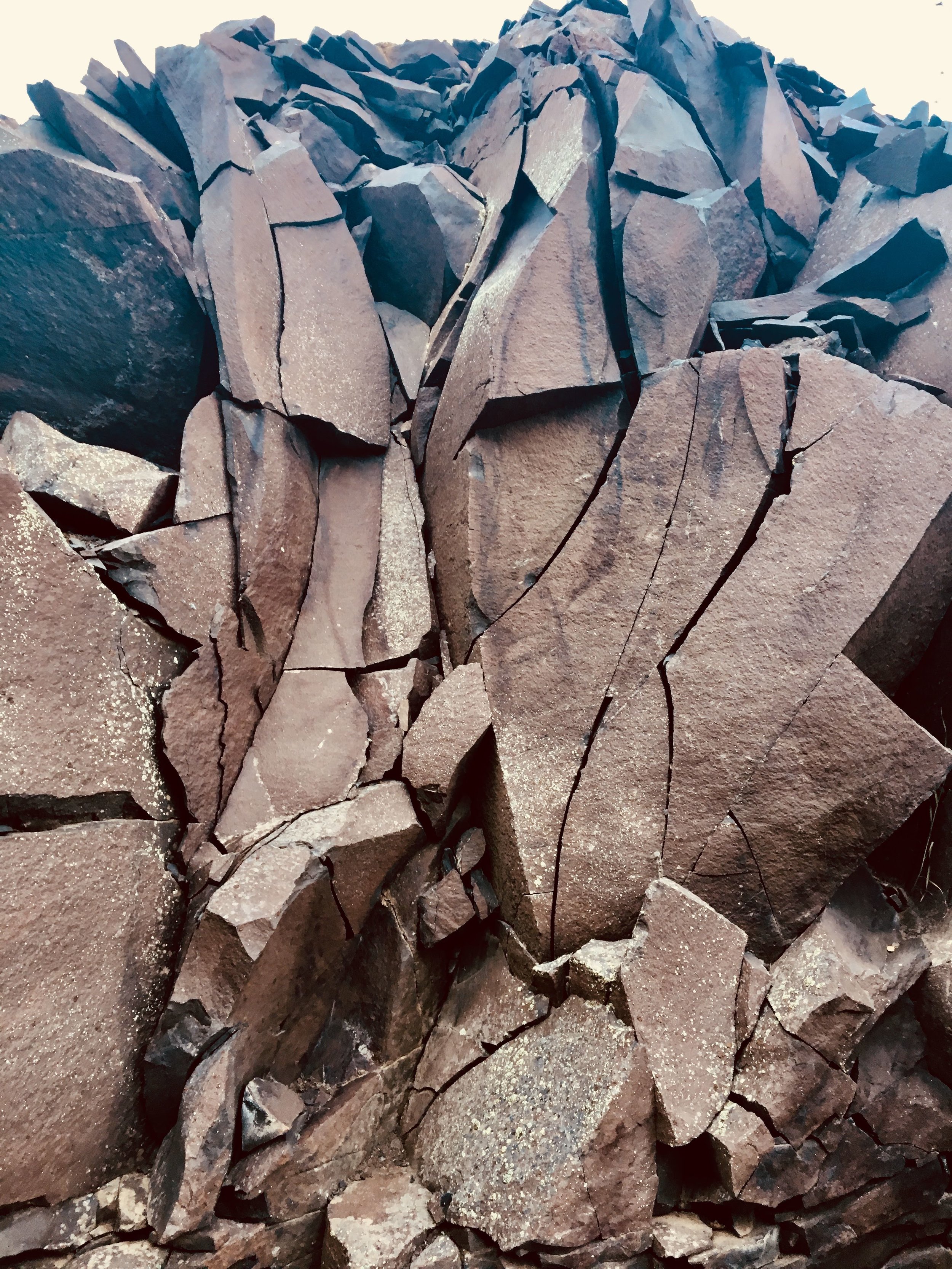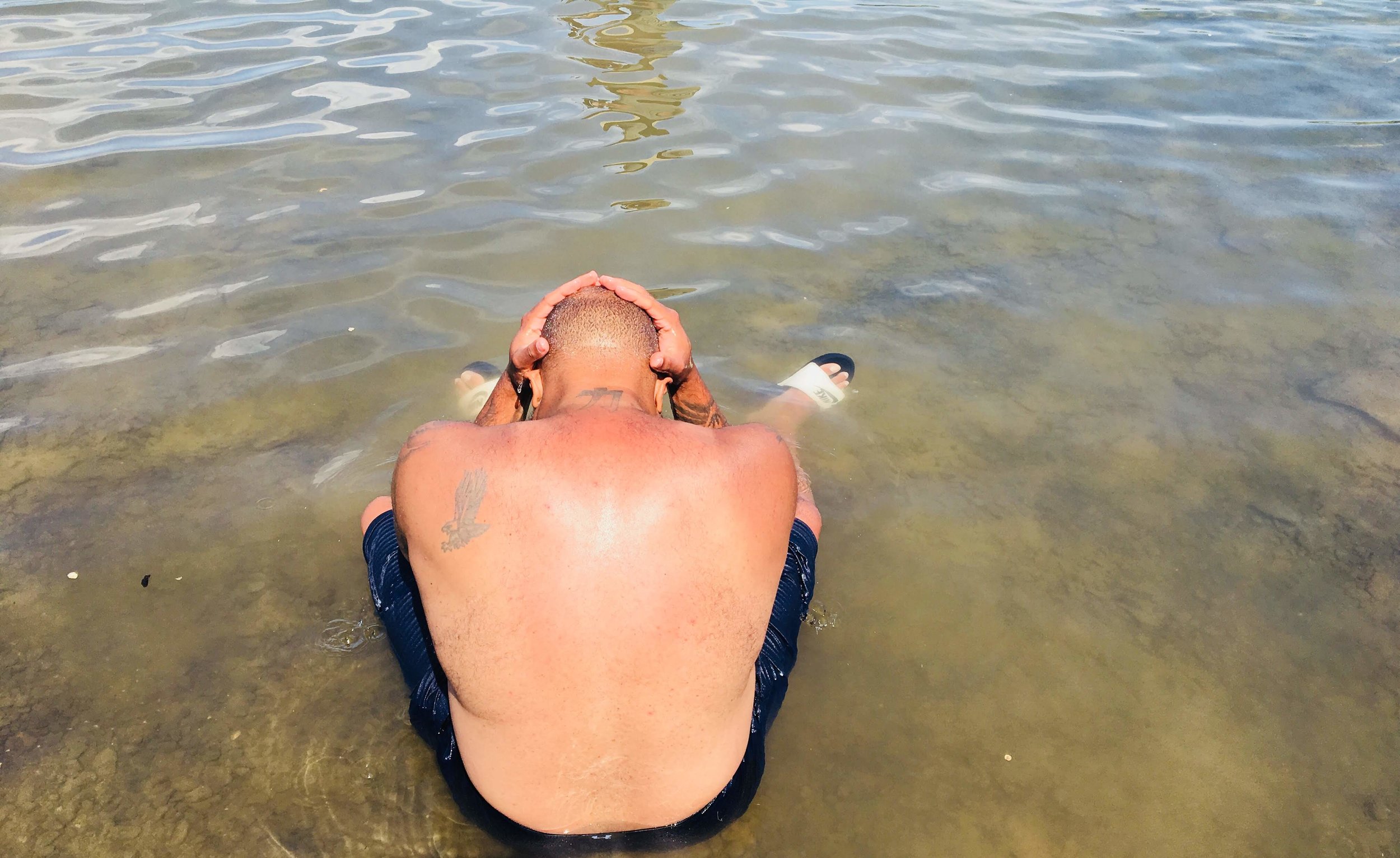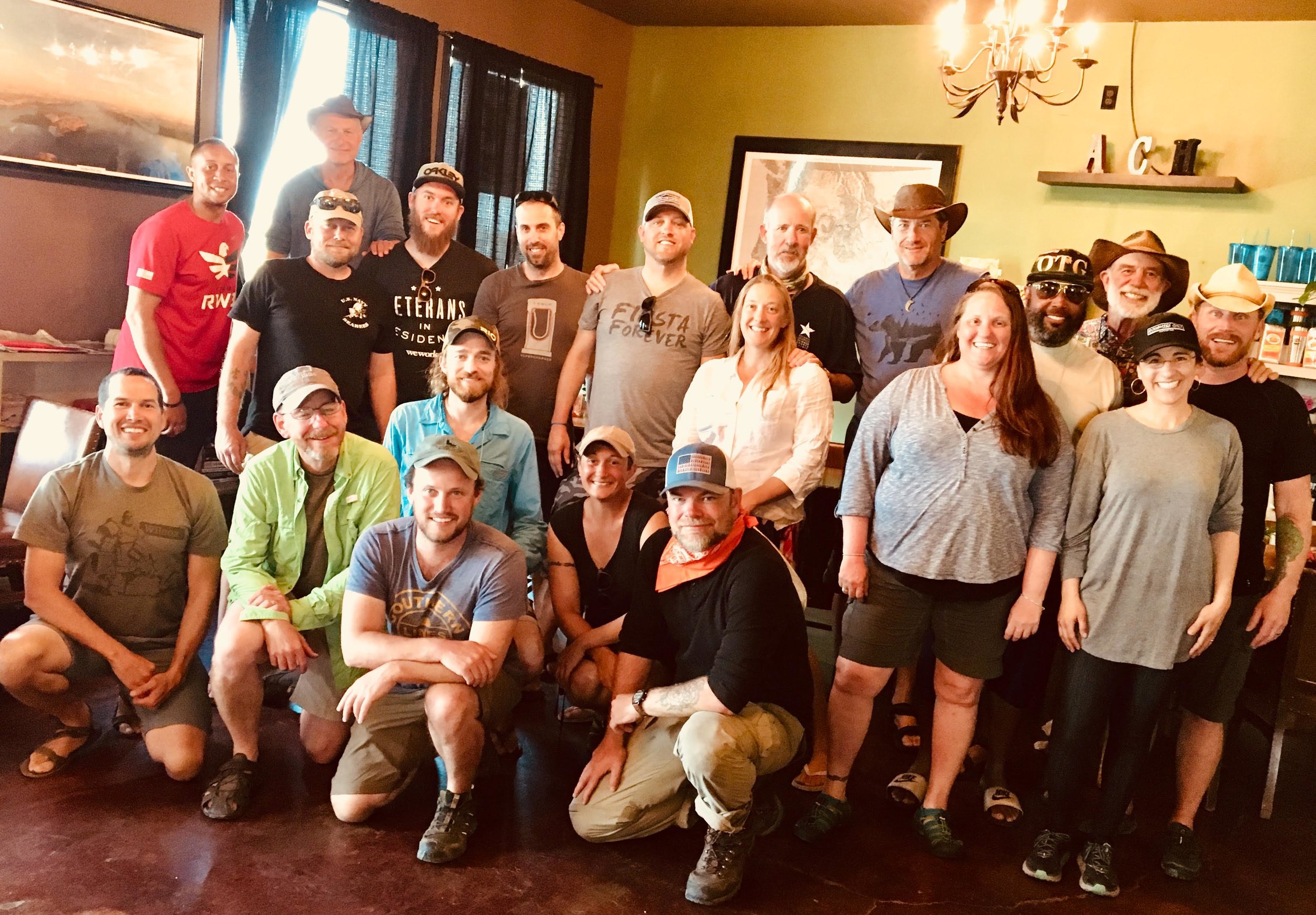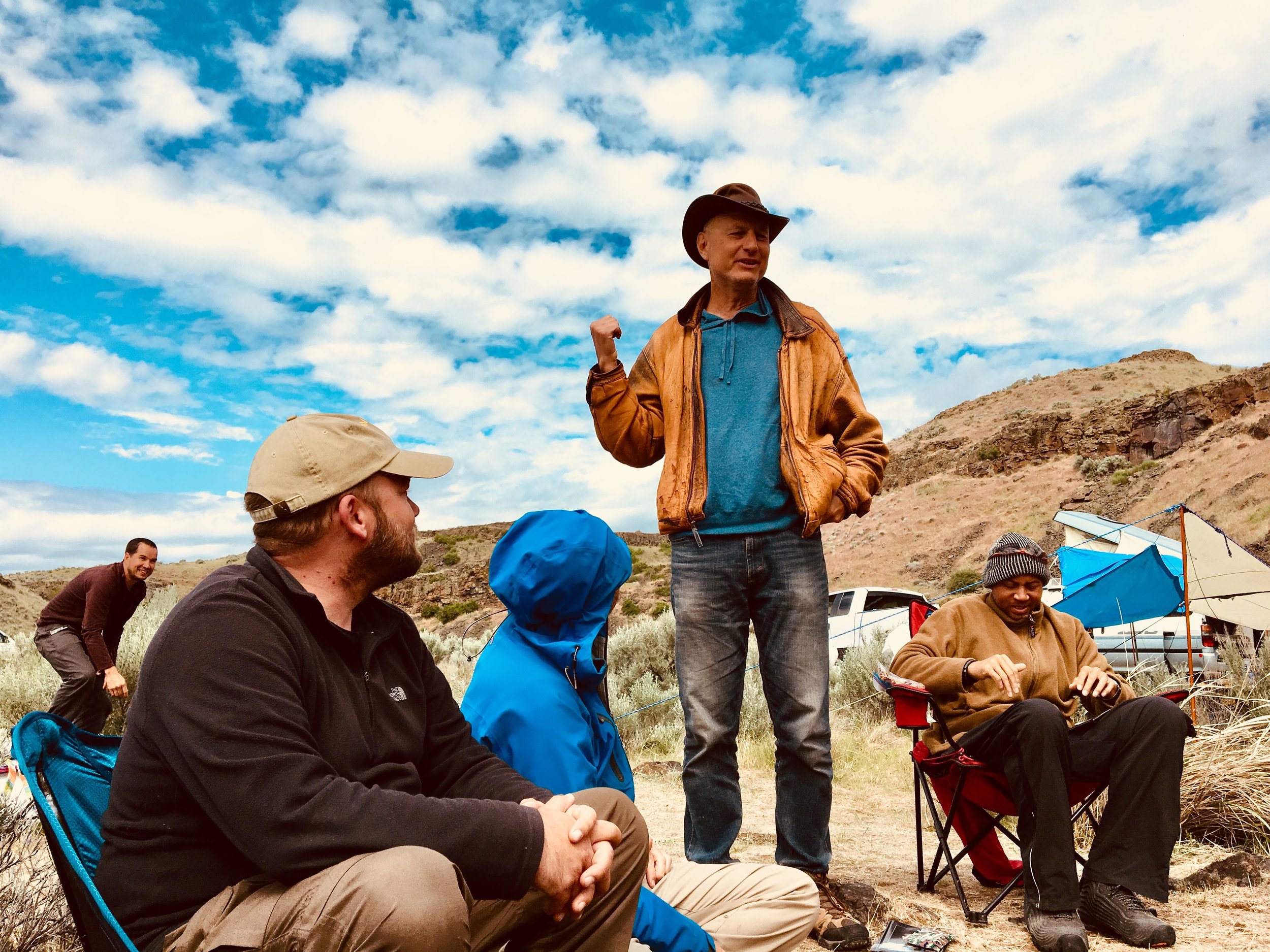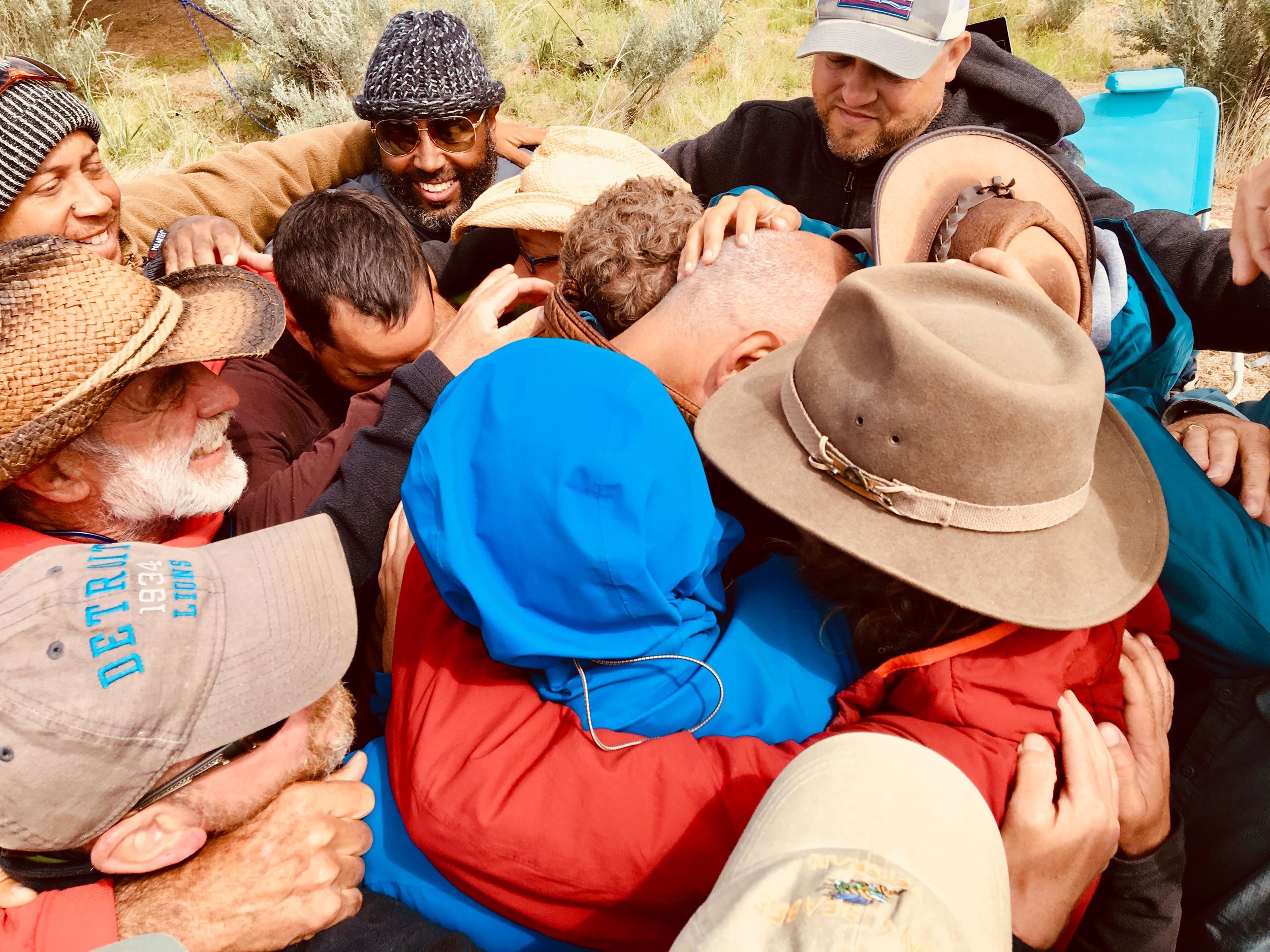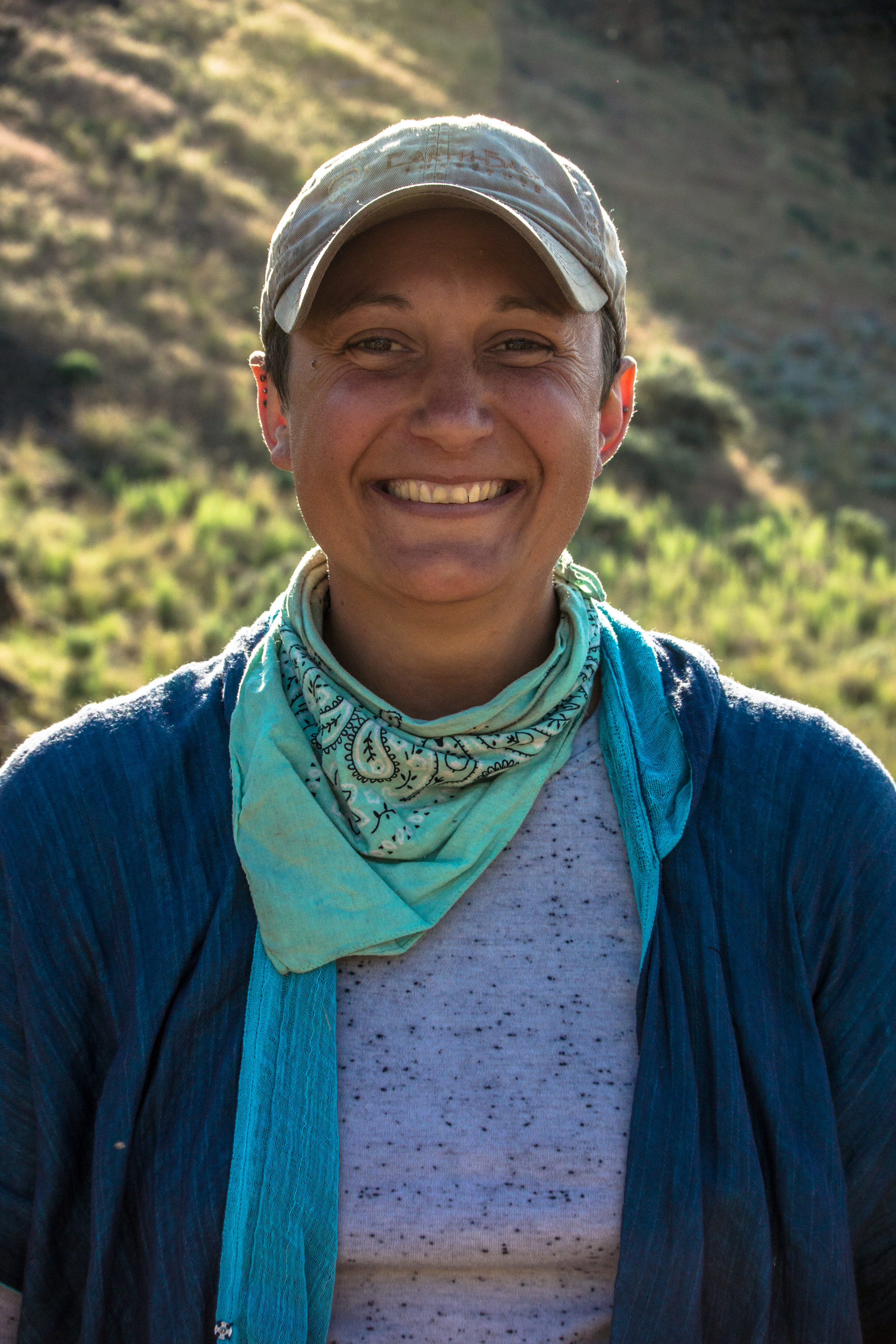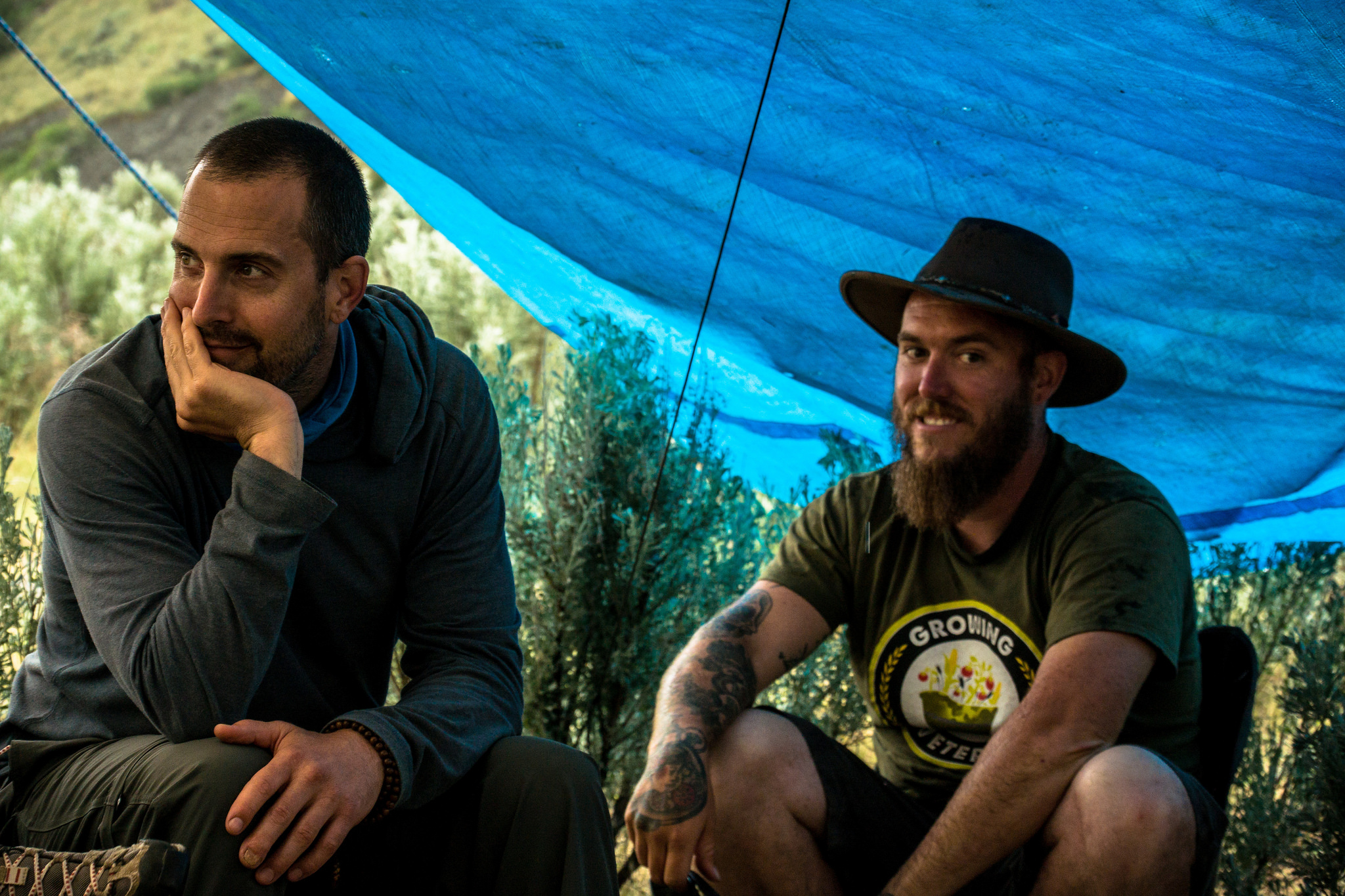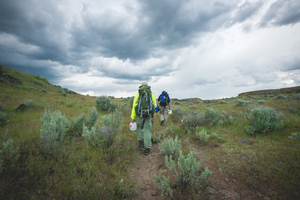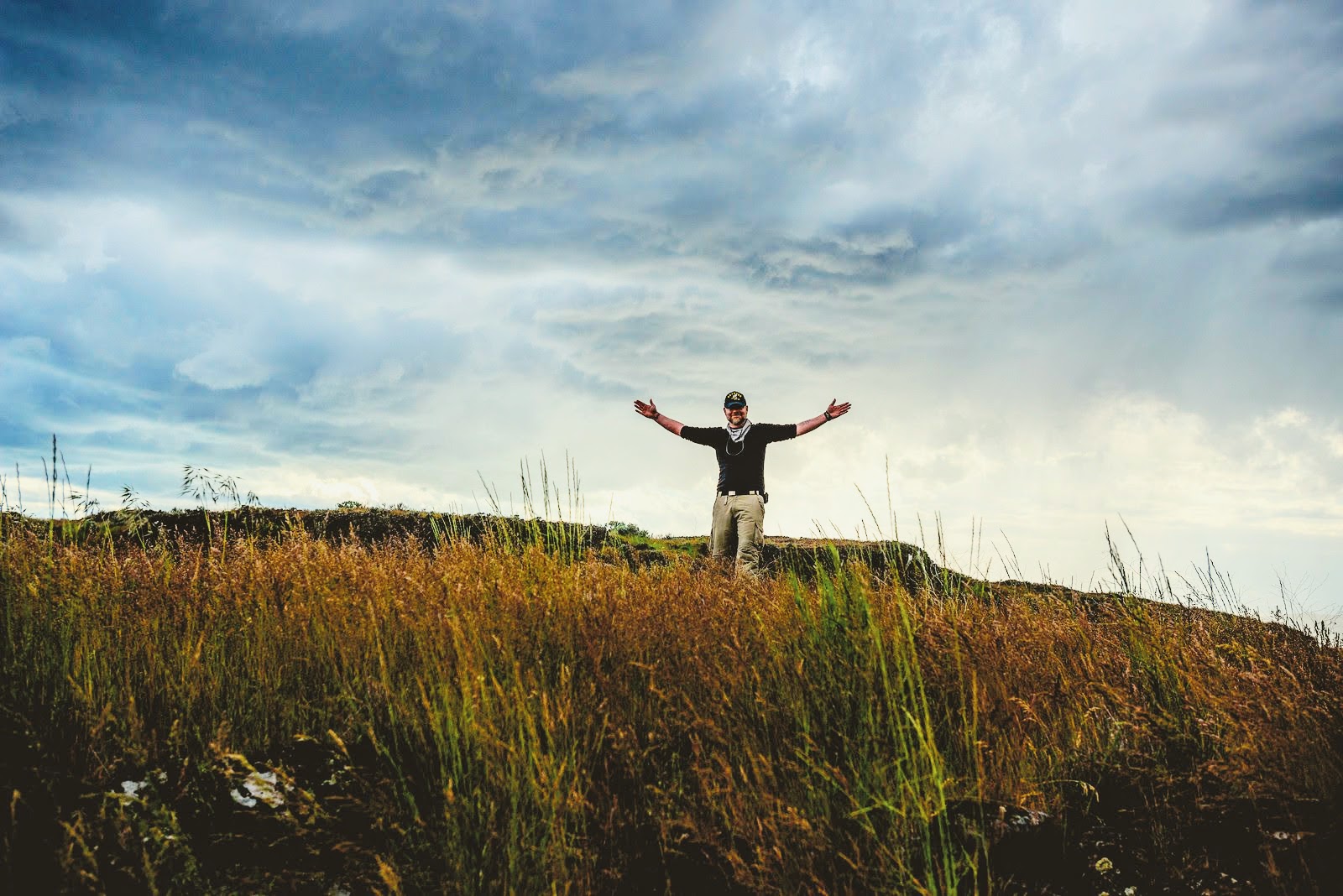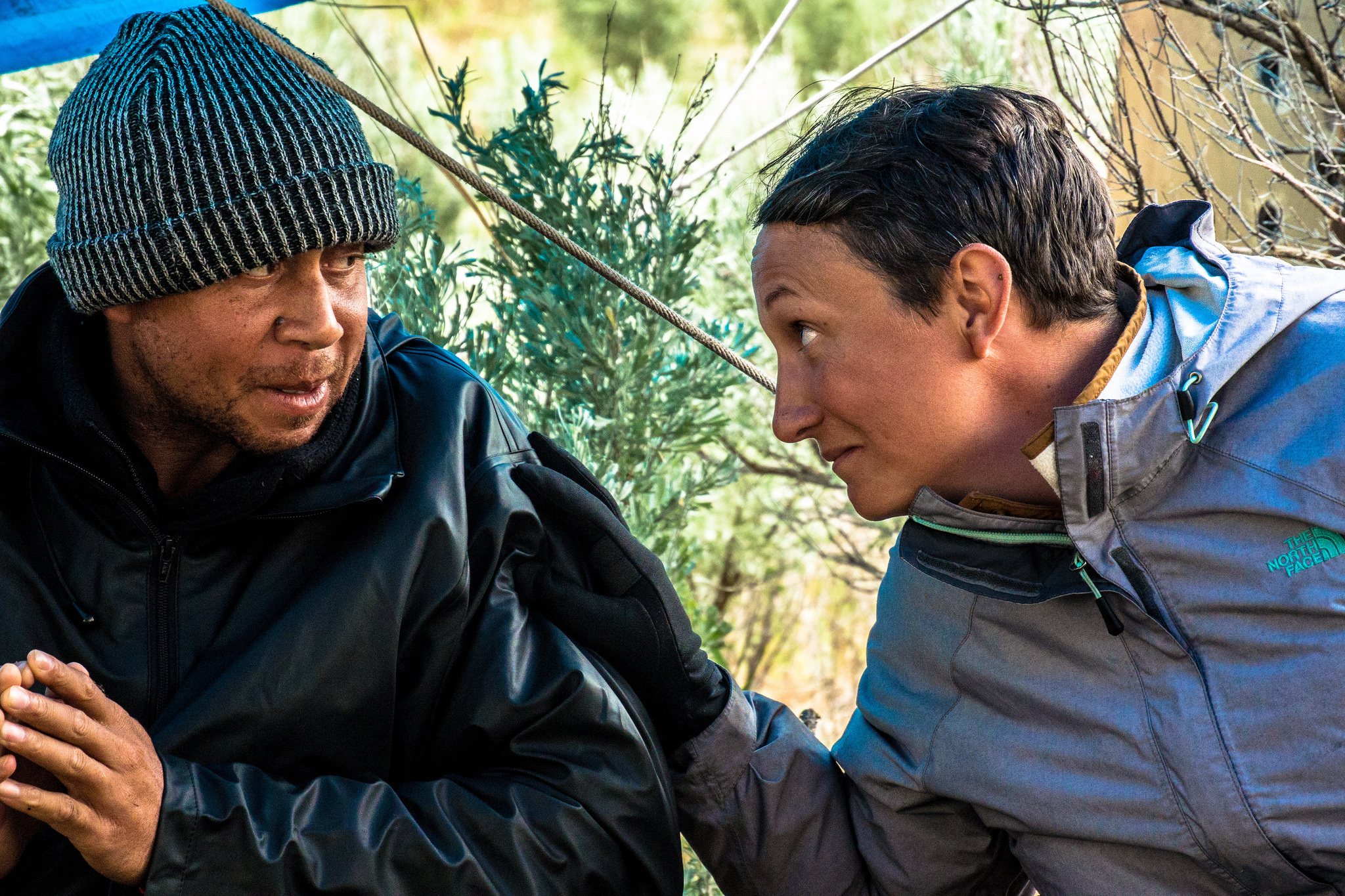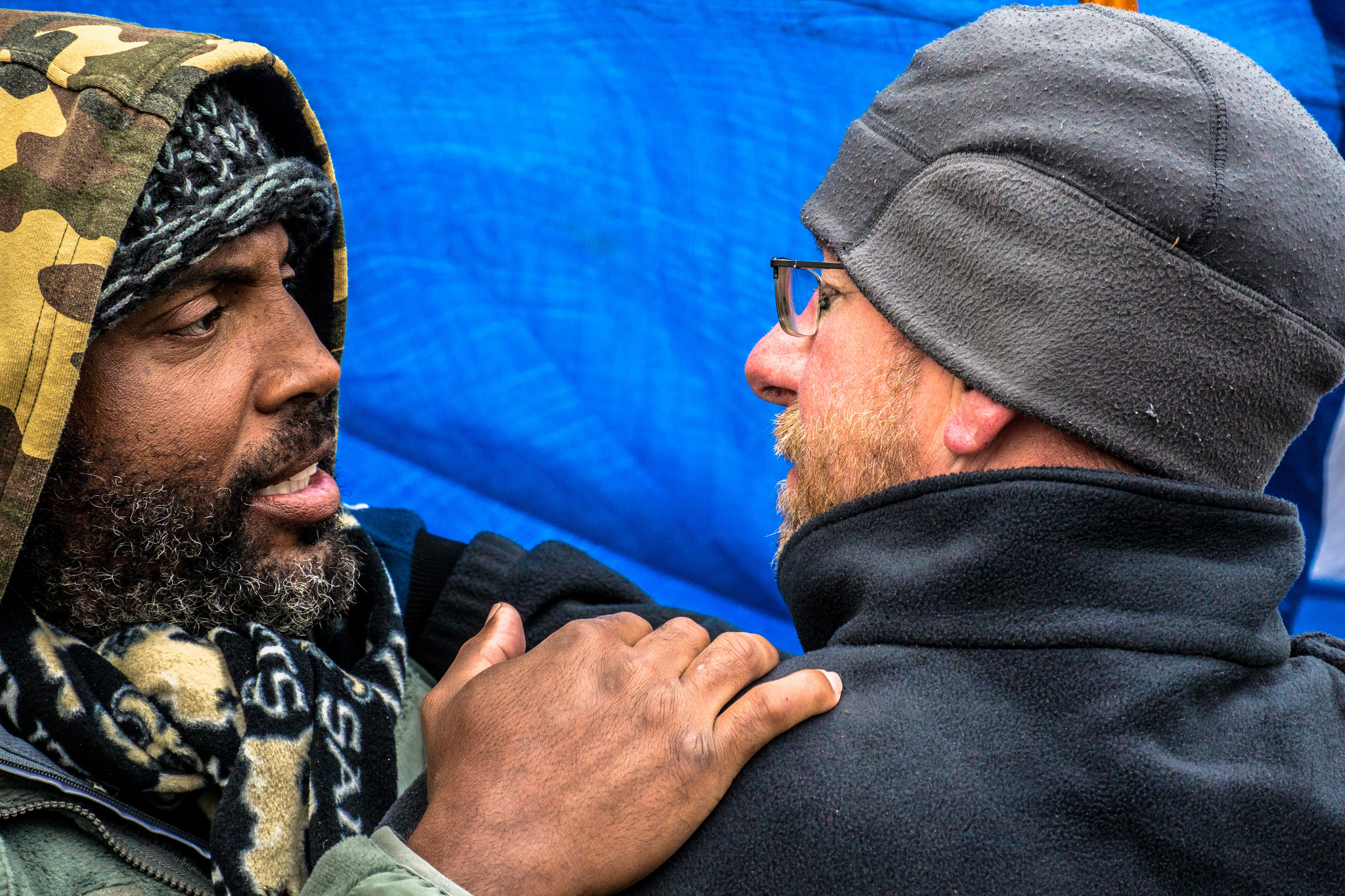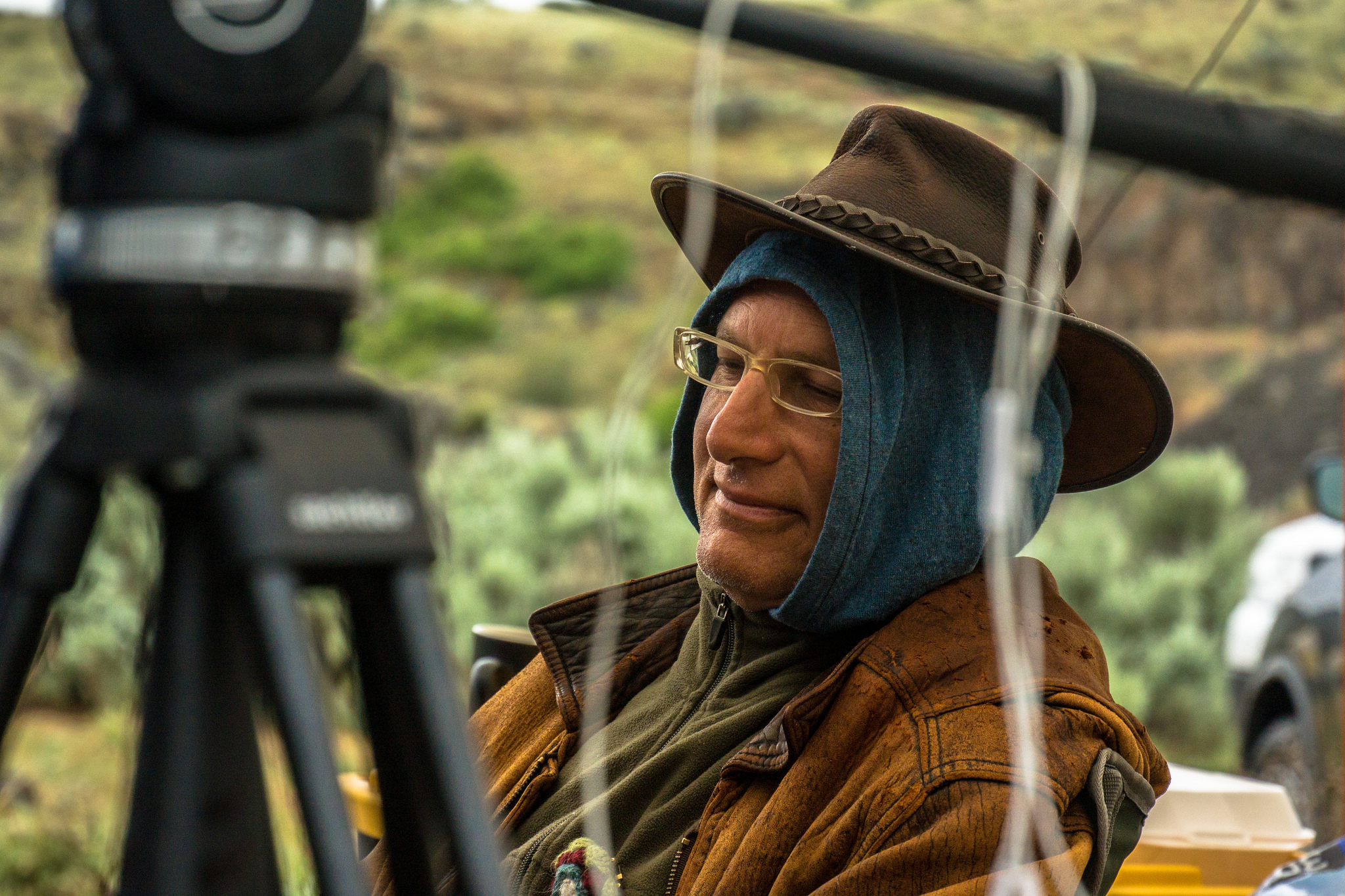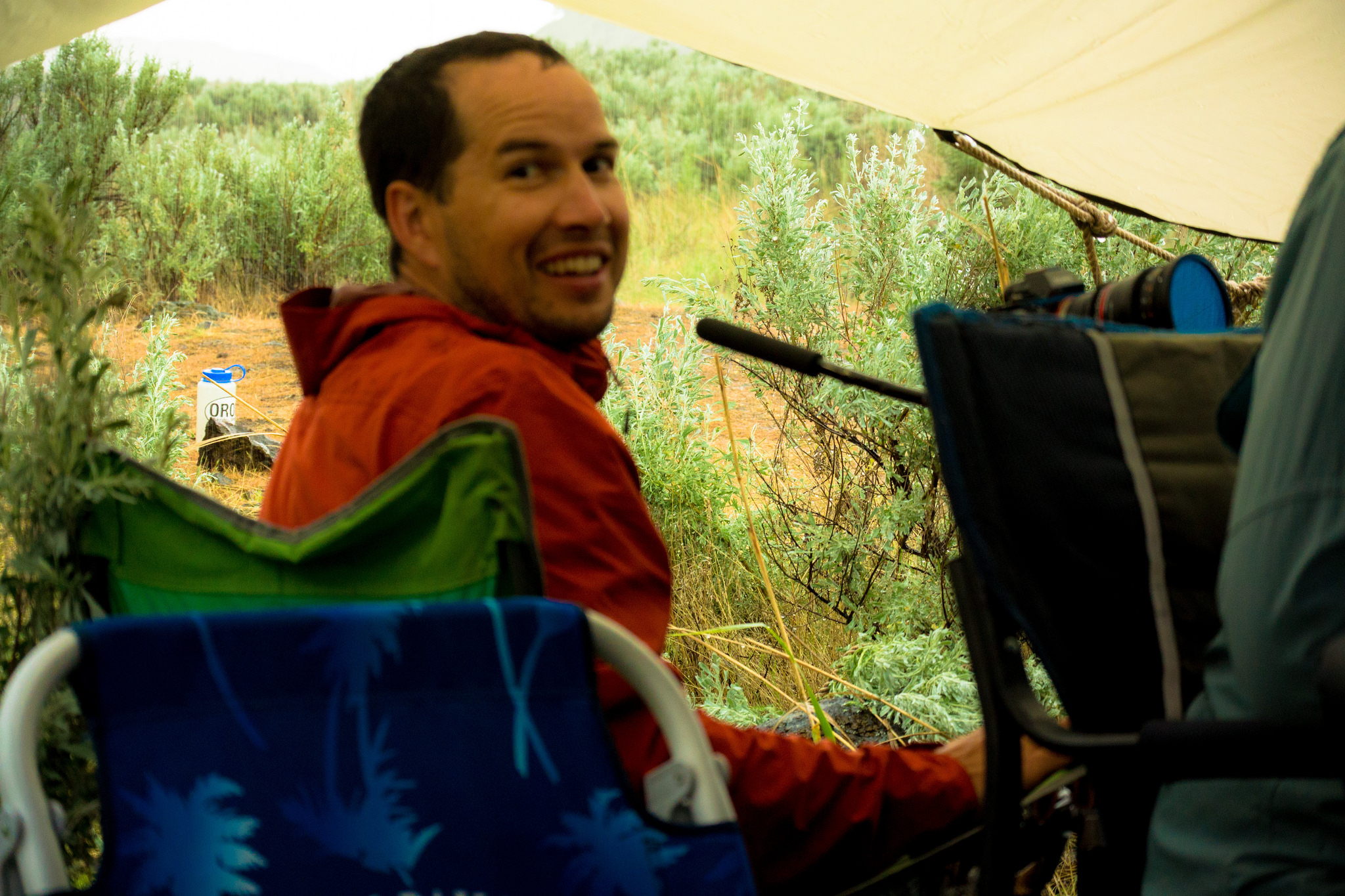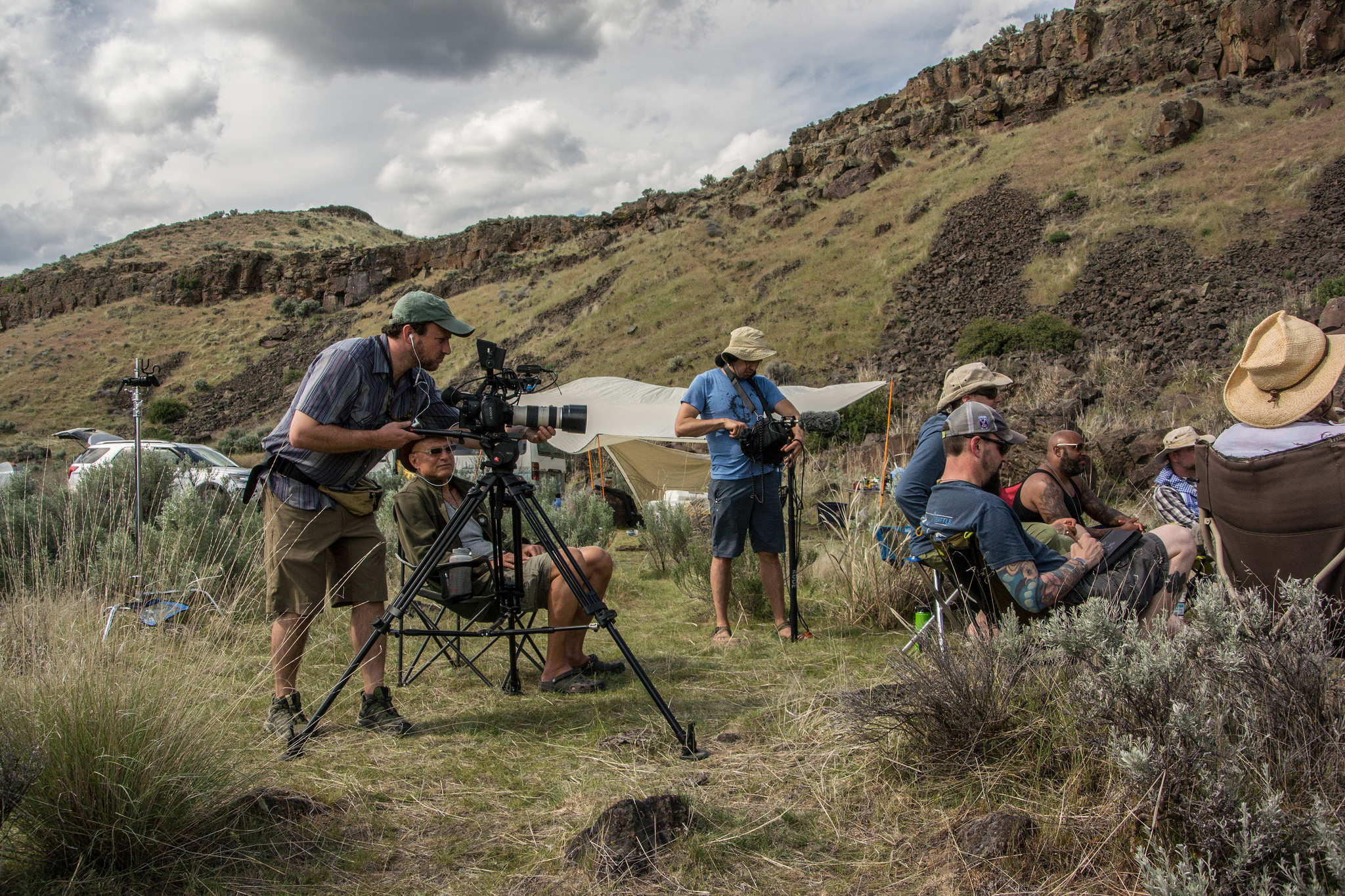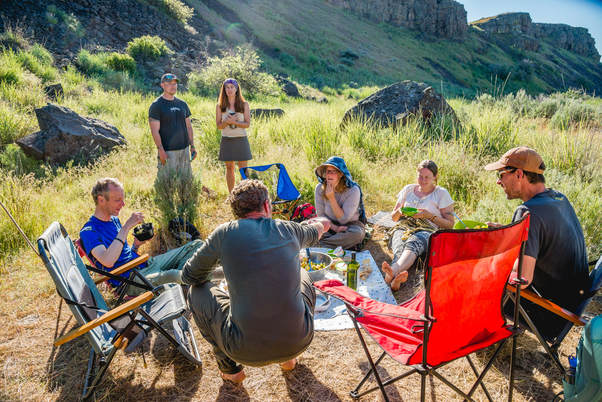I remembered the tears in Mark’s eyes, and him saying, “If he only got on that bus.” It’s tough to see your brother break down, especially if he’s a warrior’s warrior like Mark, but I was grateful to hold that space so he didn’t bear it alone.
Then a vision of the Vietnam Memorial, but three times as long wrapping around the white house, but now including the sacred names of warriors that met the same fate, and their families who carried the weight of that darkness for the rest of their days. Then that wall bursting from the soil and growing twice as high, with the faces of the 6,000 veterans and service members every year that were not able to put their guns down, and again, their kin and unborn who would never sit with them again at the dinner table or be together in pictures. As the track ended as if it was a movie, Johnny spoke to me.
“The scars from service are half the story, son, how we come home writes the rest.”
I heard that voice again as I watched the pride, precision, and spirit of the warriors of Yakama Nation open the conference in ceremony the next morning. A Nation, in spirit with other Native American, ancient and indigenous cultures, who show us what the standard operating procedure should be to take care of their warriors and people. Be it the Maasai of East Africa, the Isrealite Warriors of the Pentateuch, the Christian Crusaders, and countless others, to return from life as a warrior mandates sacred rites of cleansing that purify the soul. In solidarity with fellow warriors and deep solitude, you transform what you will most certainly transmit down the road to your loved ones. With humility and a heart of sadness, I bowed to those Yakama warriors, wondering if my ancestors had been able to humble themselves as students of their ways, that Lee M. Jonas would have got on that bus, hundreds of thousands would have put their metaphorical and very real guns down, and the whole course of this nation would be different.
But as my grandfather once said, “The stupid get punished.” No truer words spoken, and here we are today, willing to accept that the small number of patriots that go through three to thirty years of indoctrination, blood, sweat, and tears that swallow and spit up our souls, generally get two weeks of resume preparation and two seconds to walk out of the gates of their military installation, without any room to breathe and soak in the enormity of experience, and jump head first to life’s hamster wheel.
Until our government reaches in to those deep pockets to grab the common cents to put some money where it needs to be, in to the hearts of men, women, and warriors of all identities and dispositions before or shortly thereafter they put they put down the uniform, we in the grassroots veterans world will continue to hold the line as the rugged but scrappy suicide prevention force with an impossible mission, because that is simply how we operate and don’t know no better.
Like Augustine Perez of the Columbia Basin Veteran Center, one of the kindest and most powerful warriors I had the honor of getting to know at our conference, just recently having pulled himself out of uncertainty, is full of vision and practical action for his fellow veterans in Eastern Washington.




























